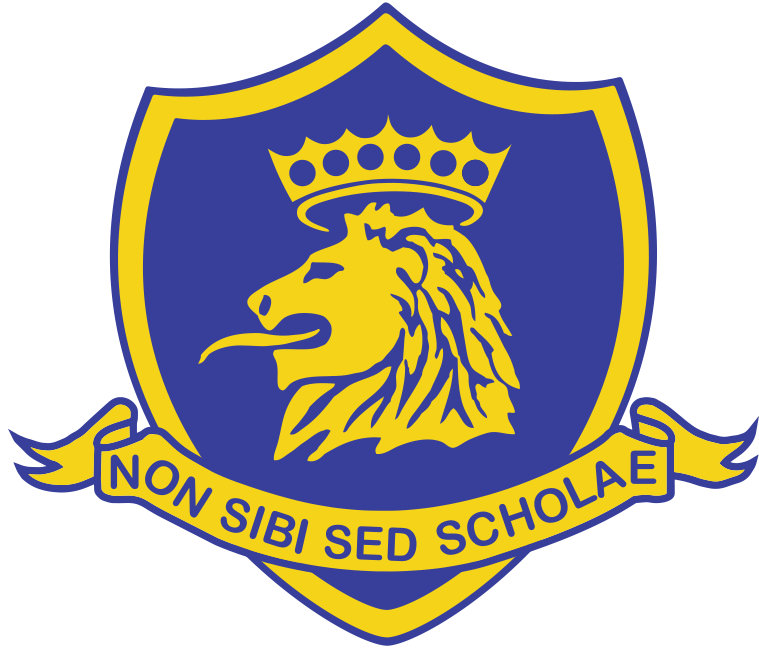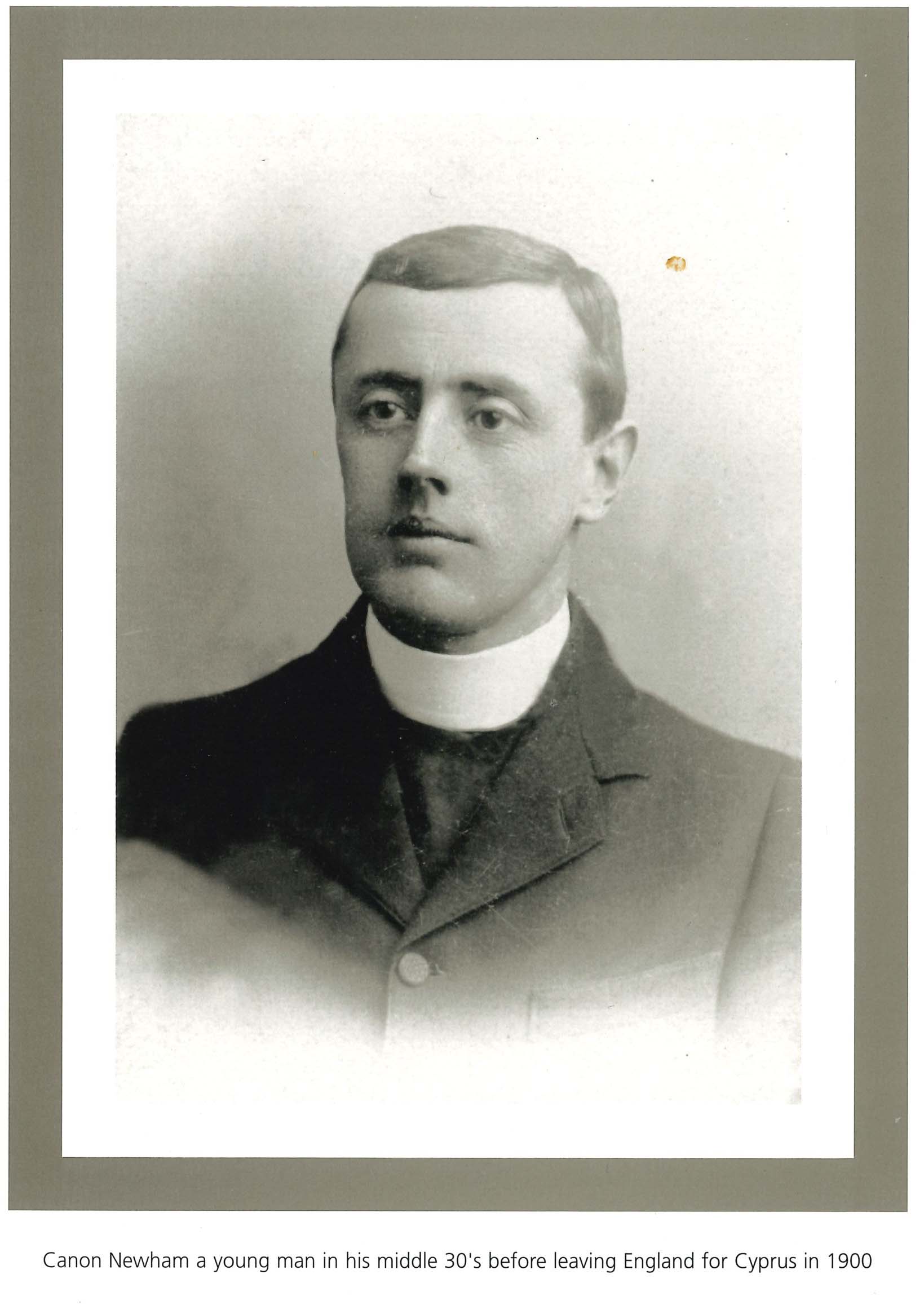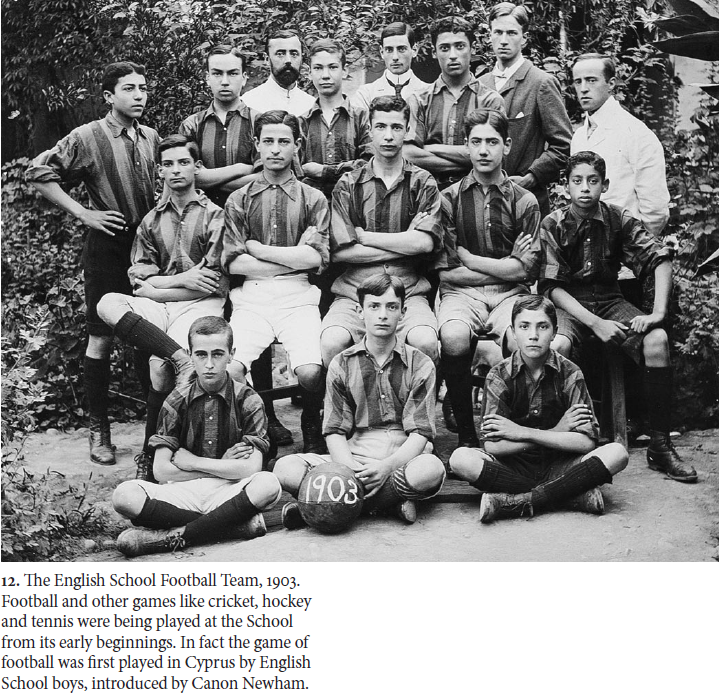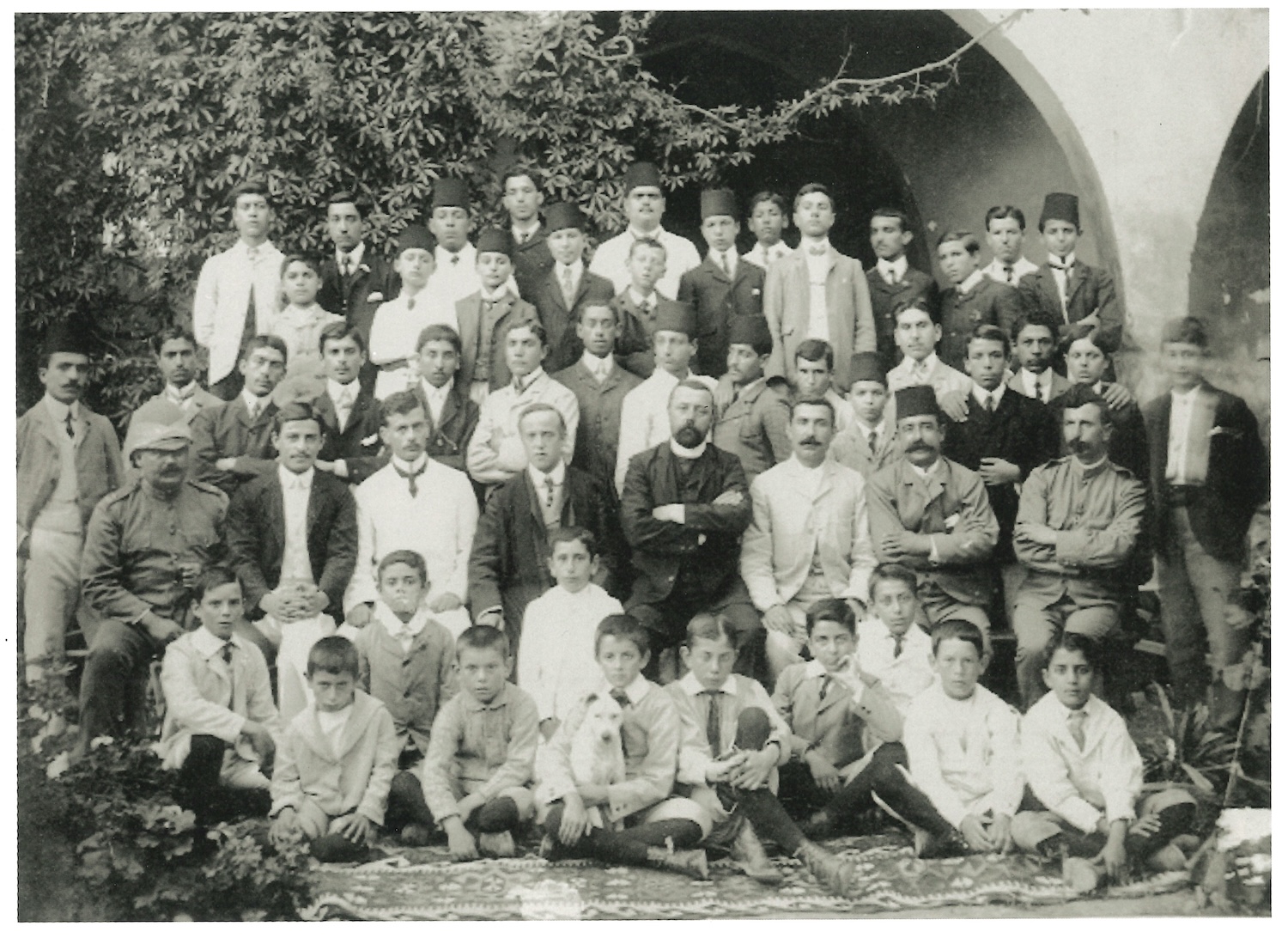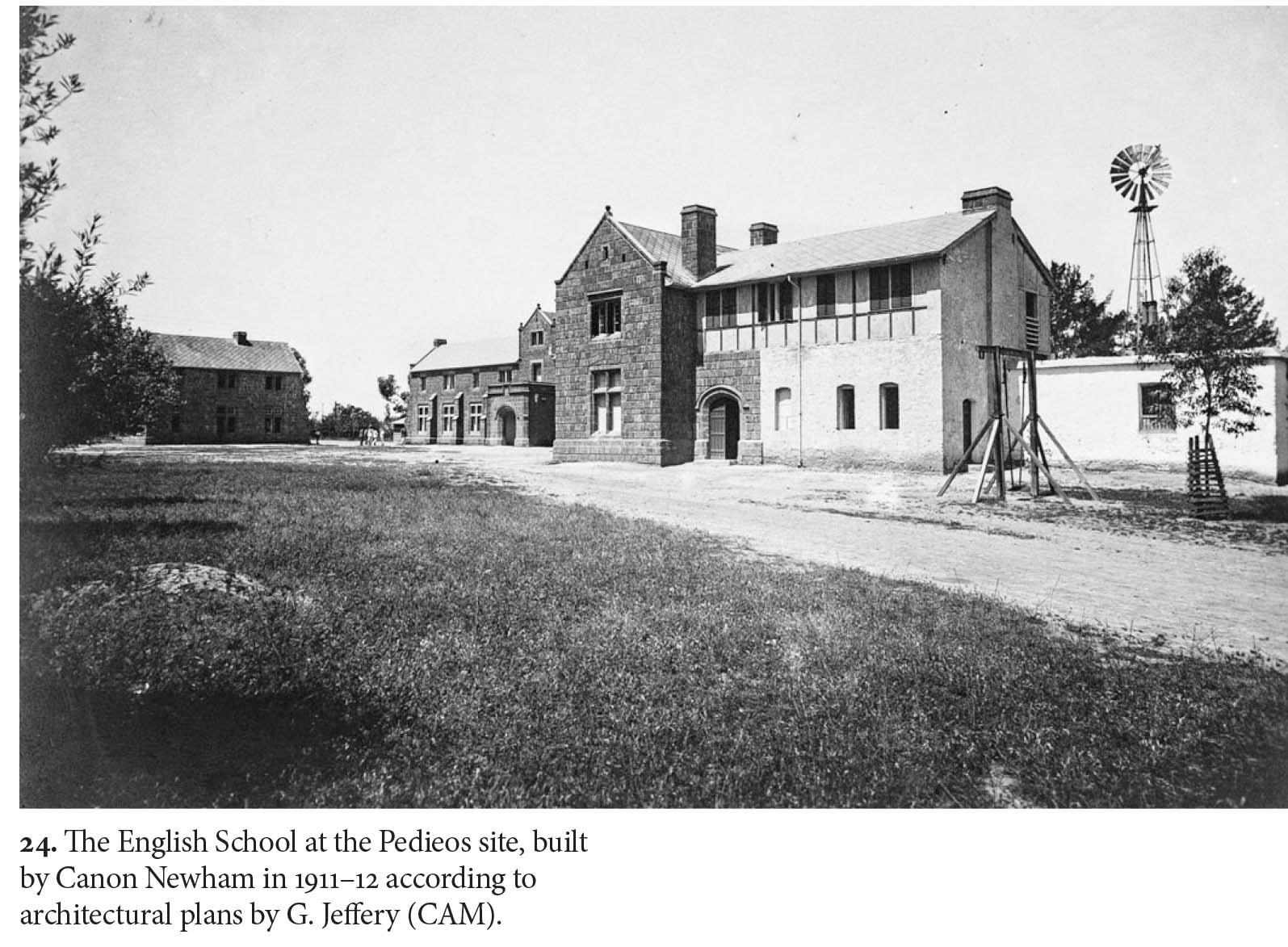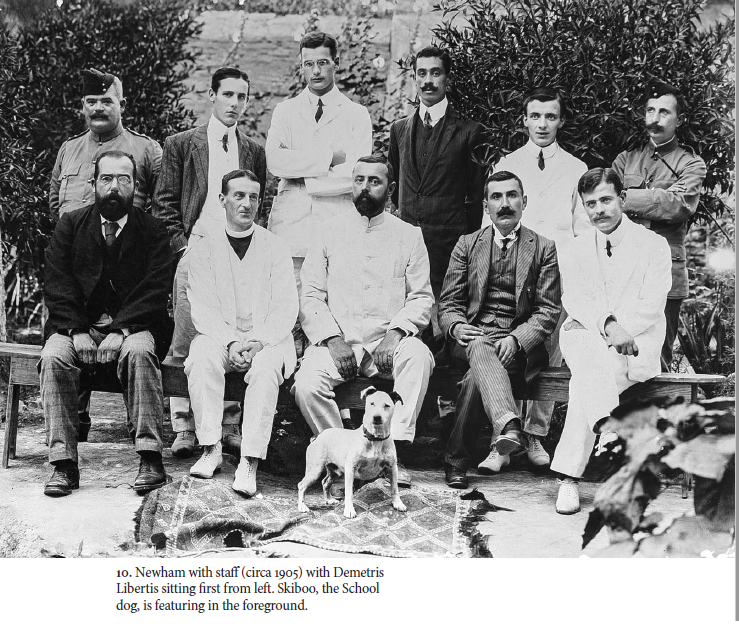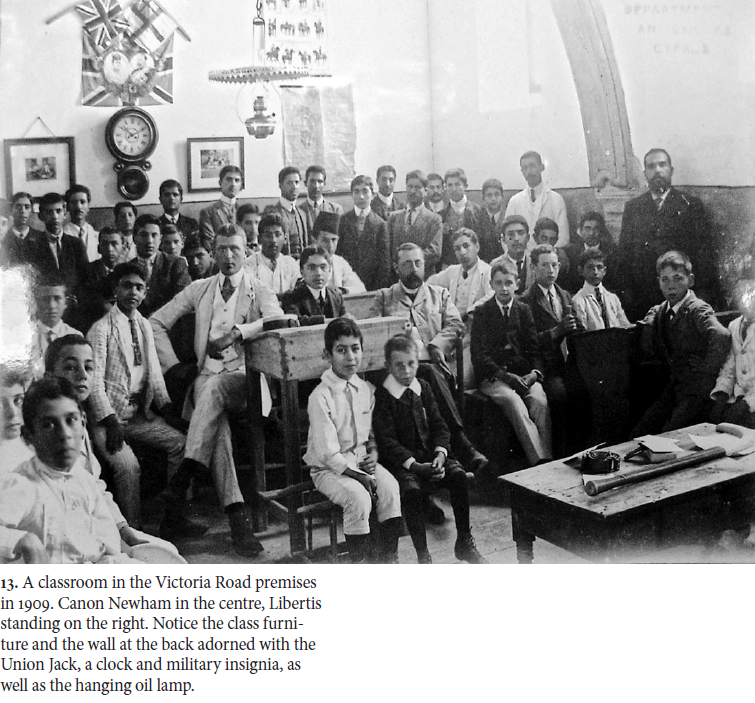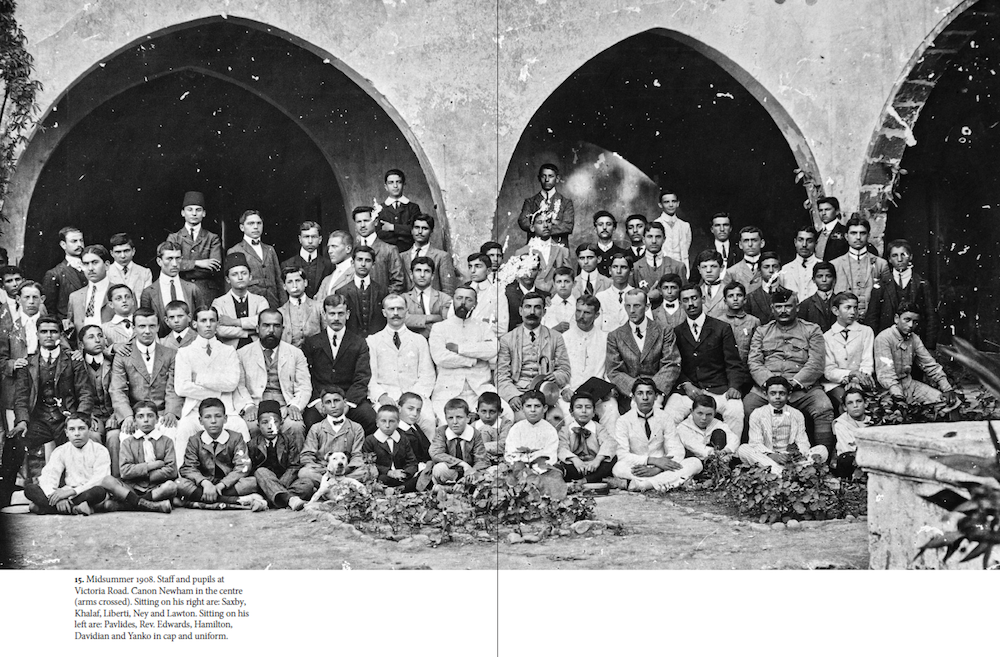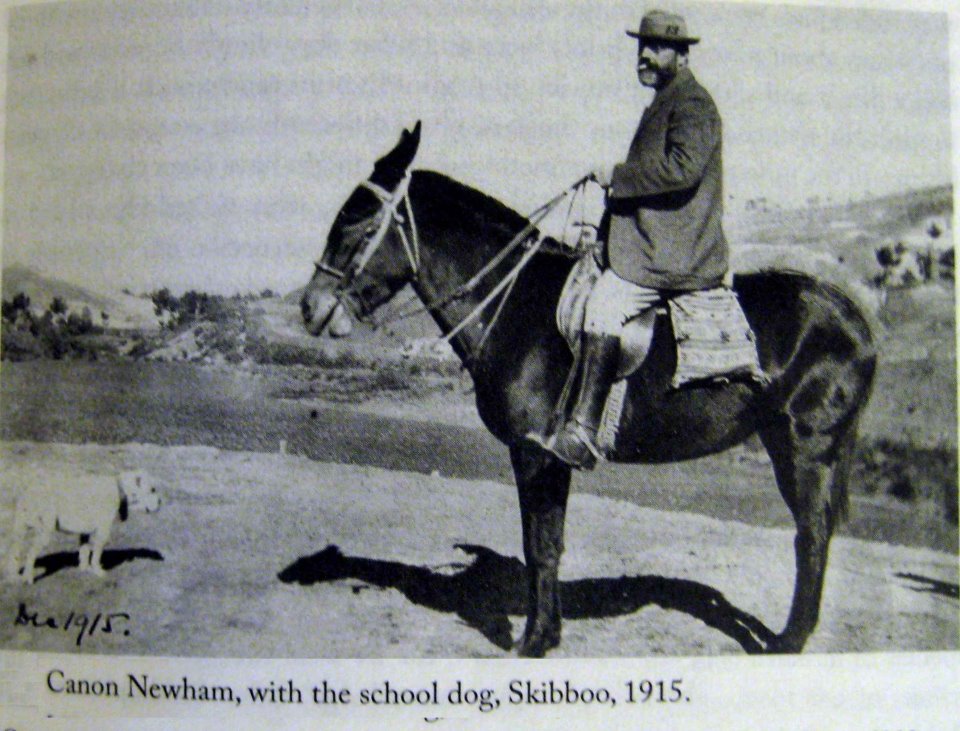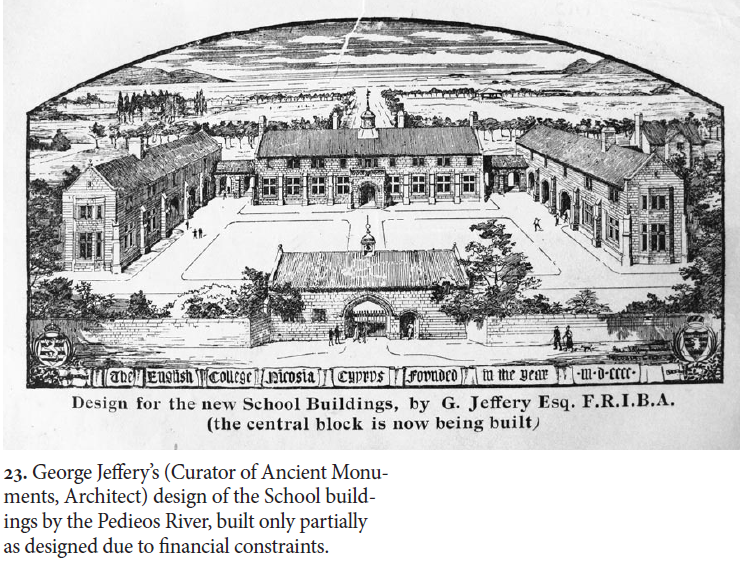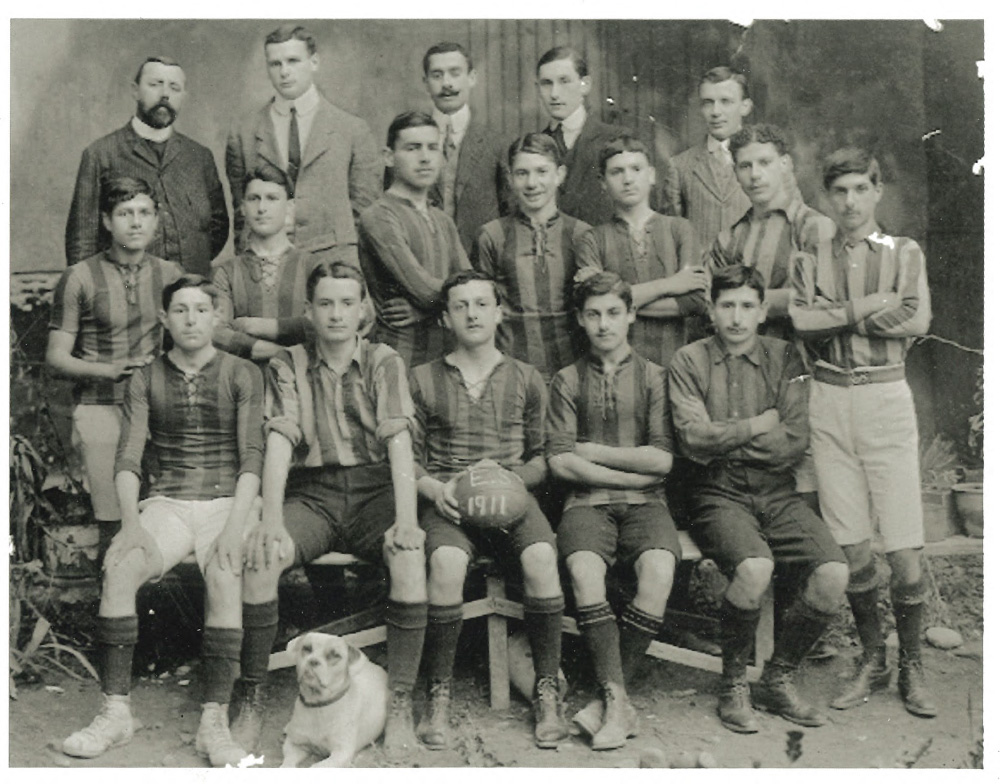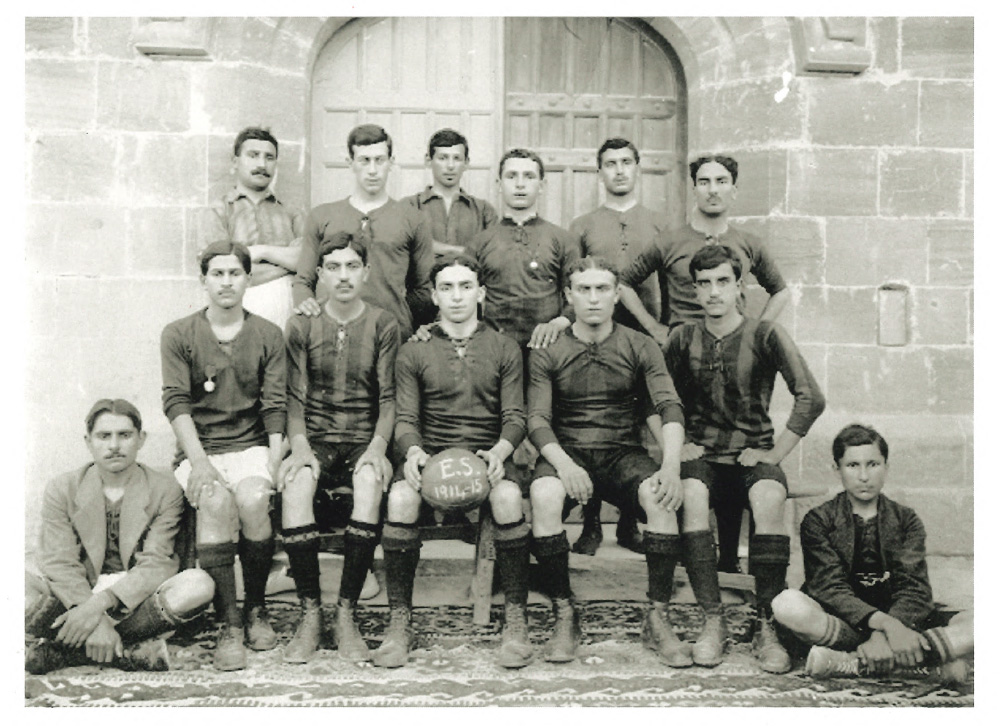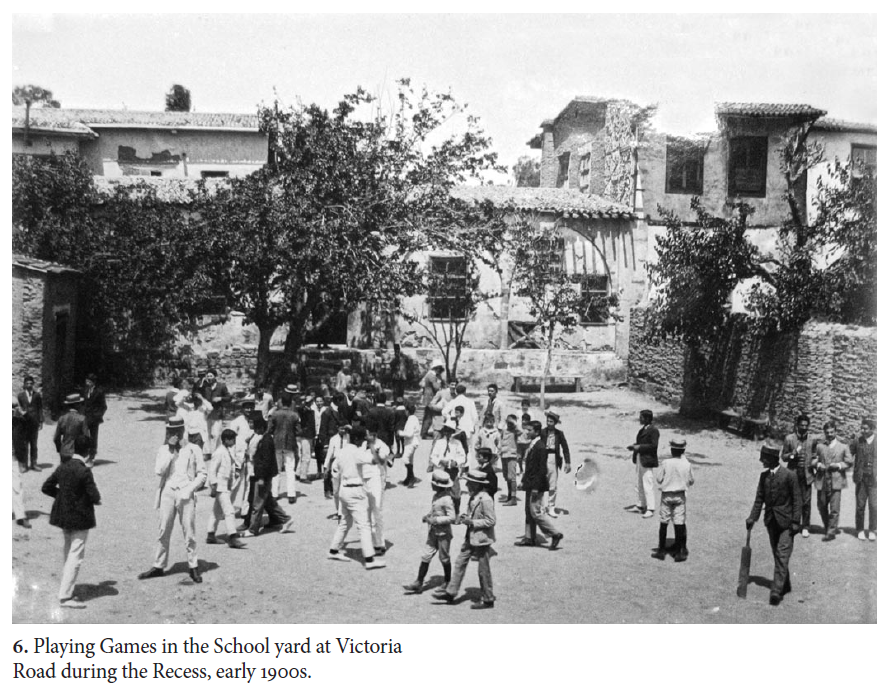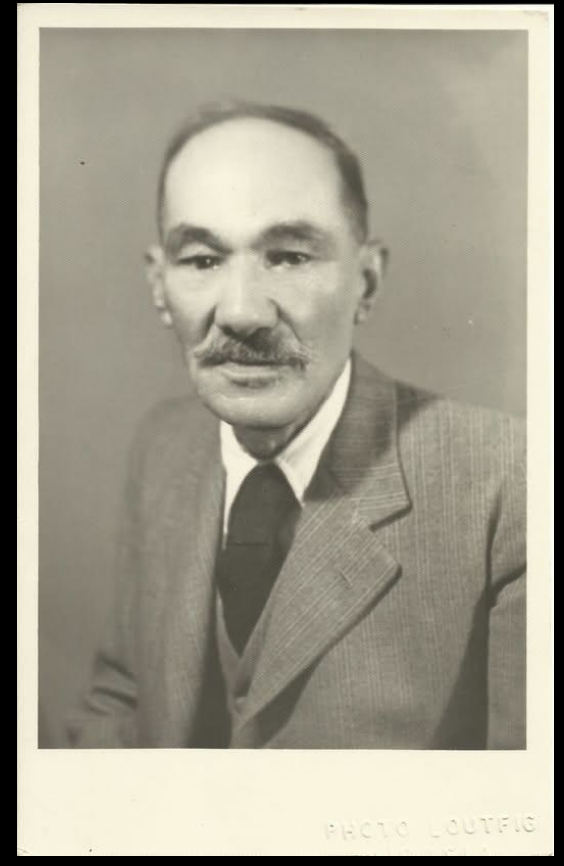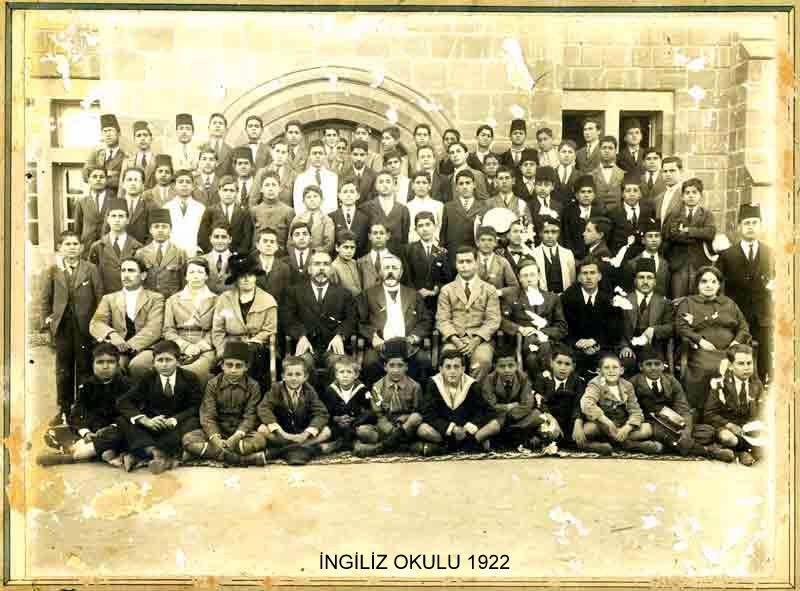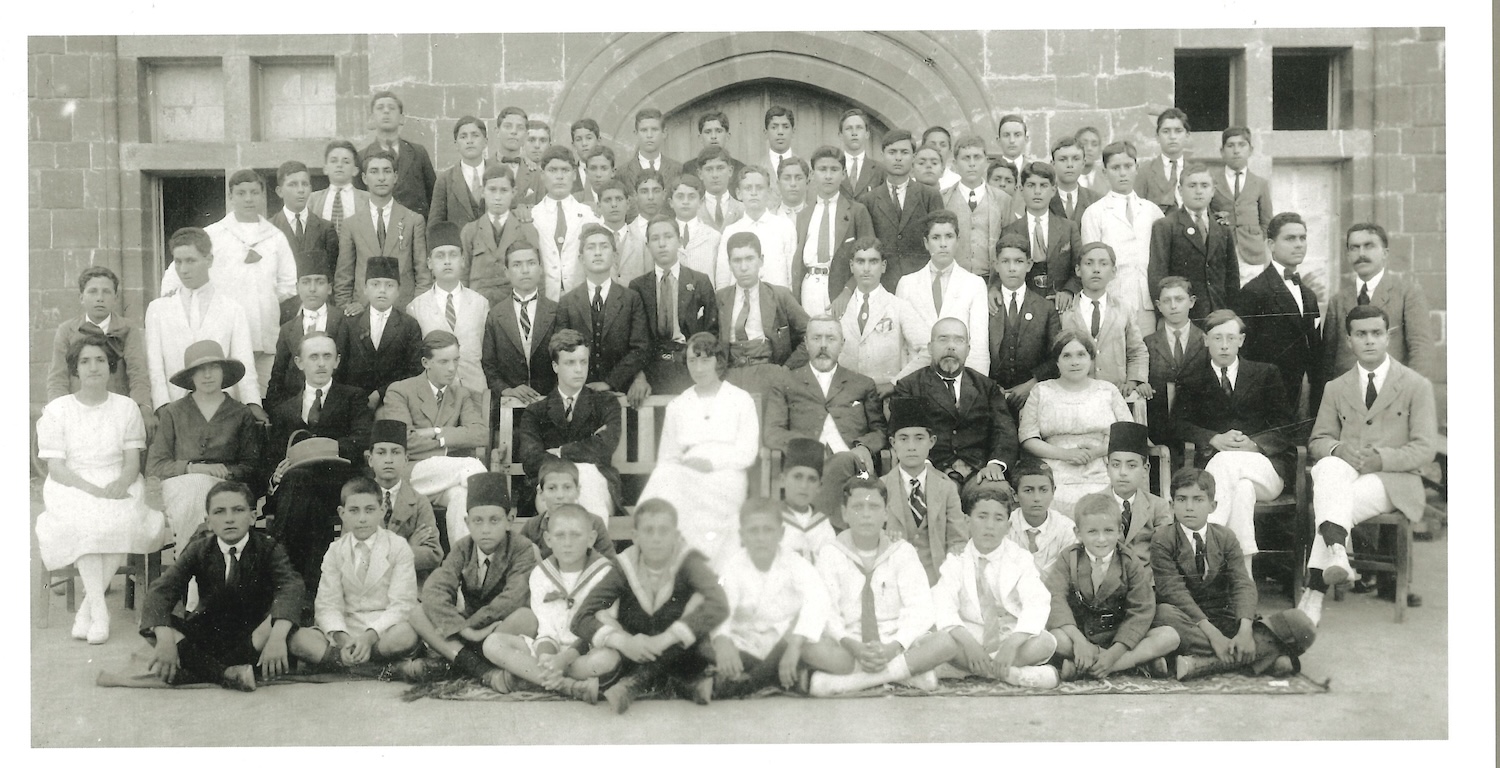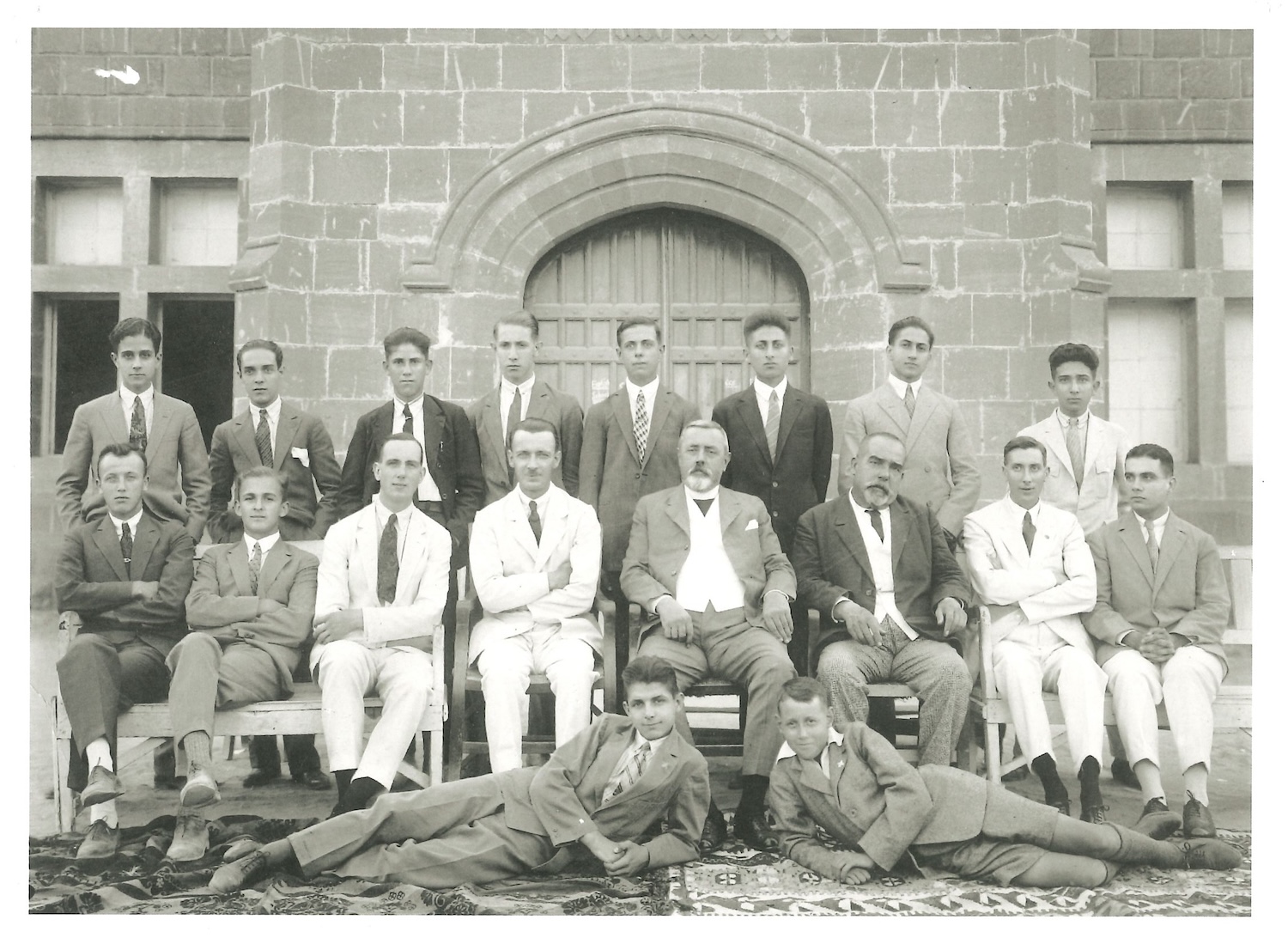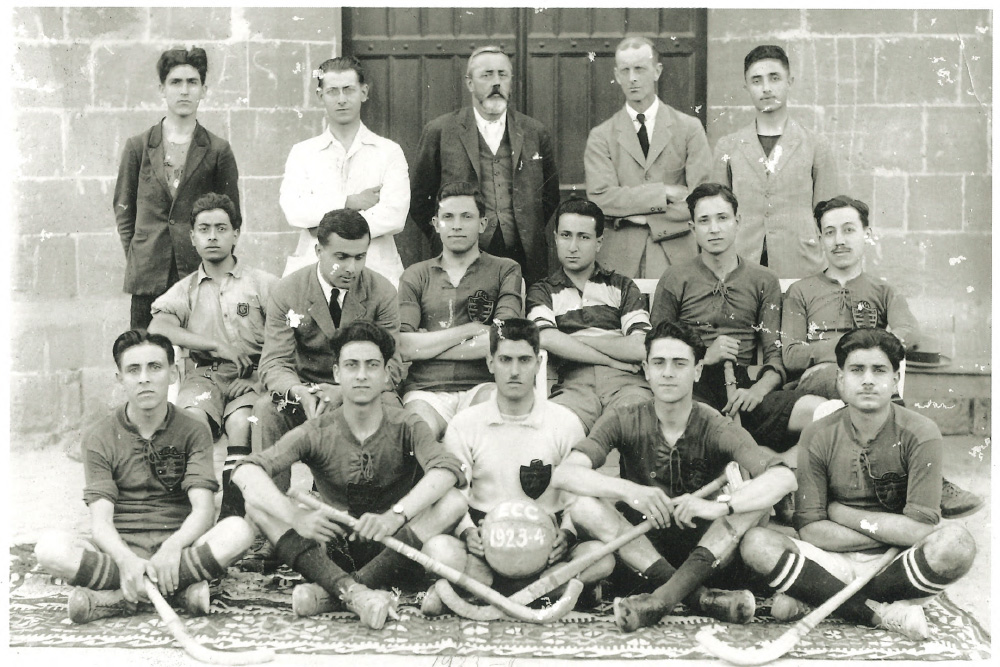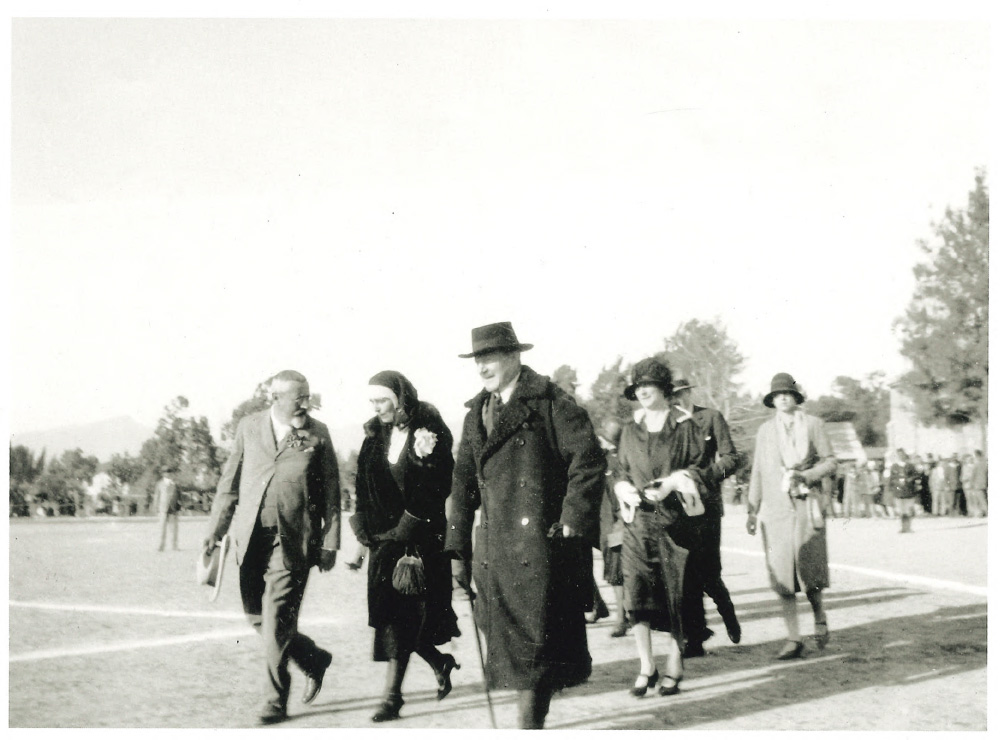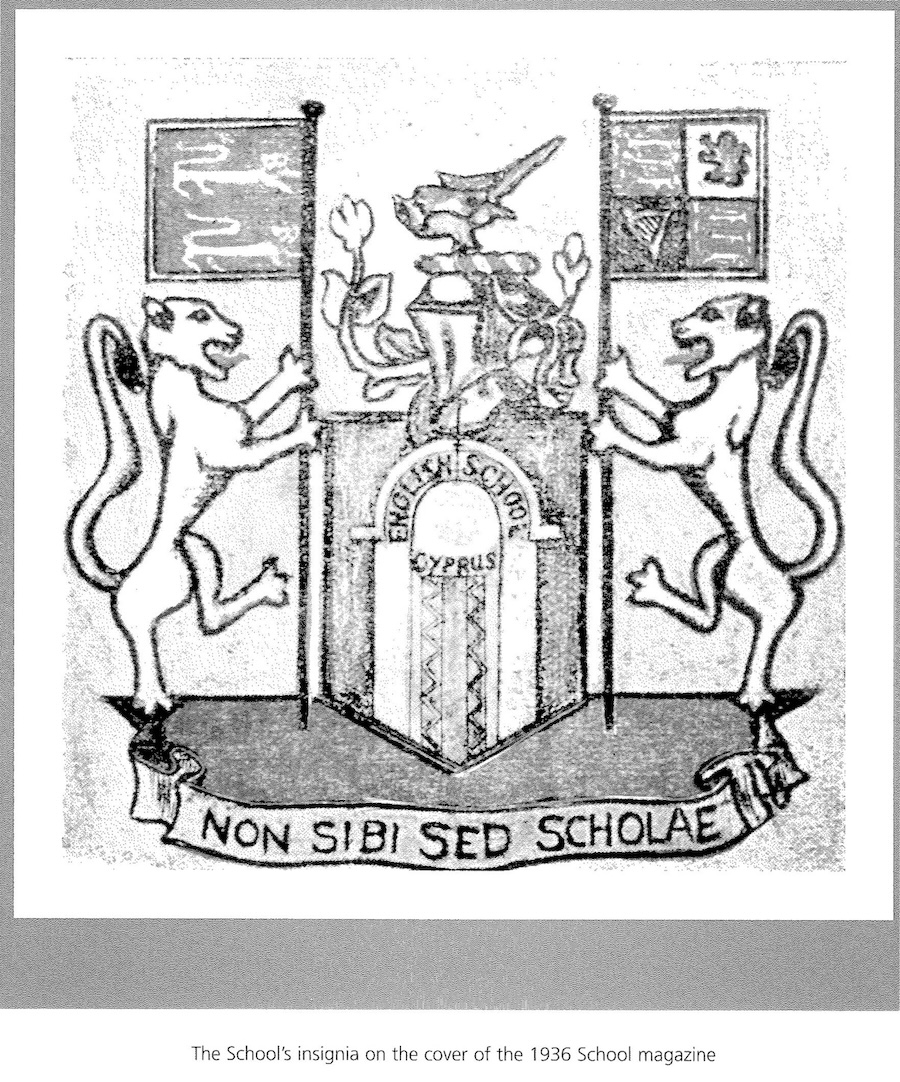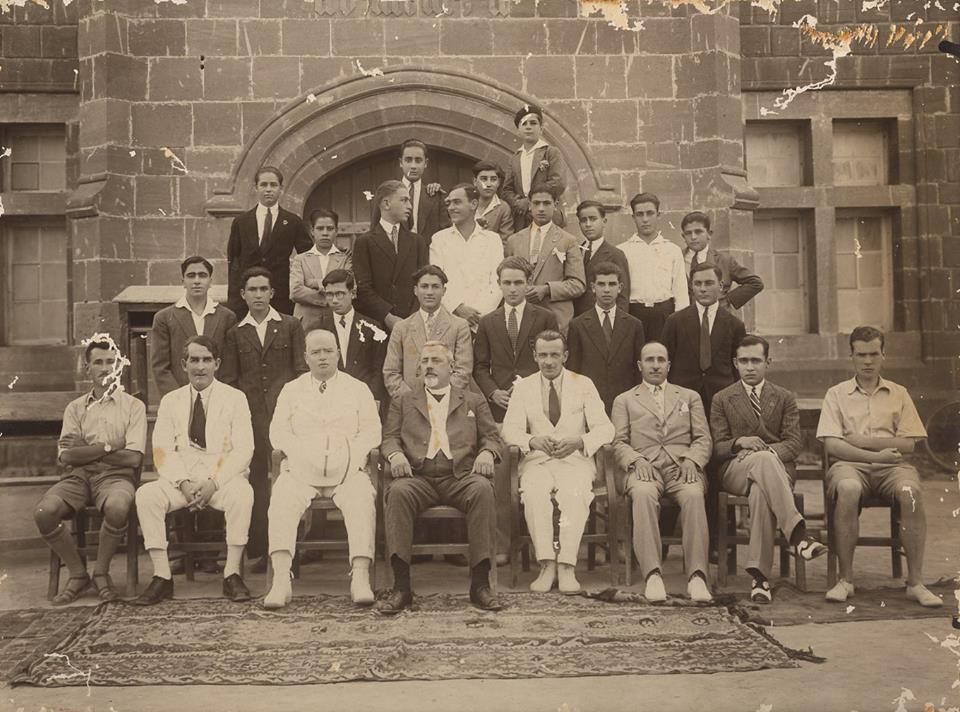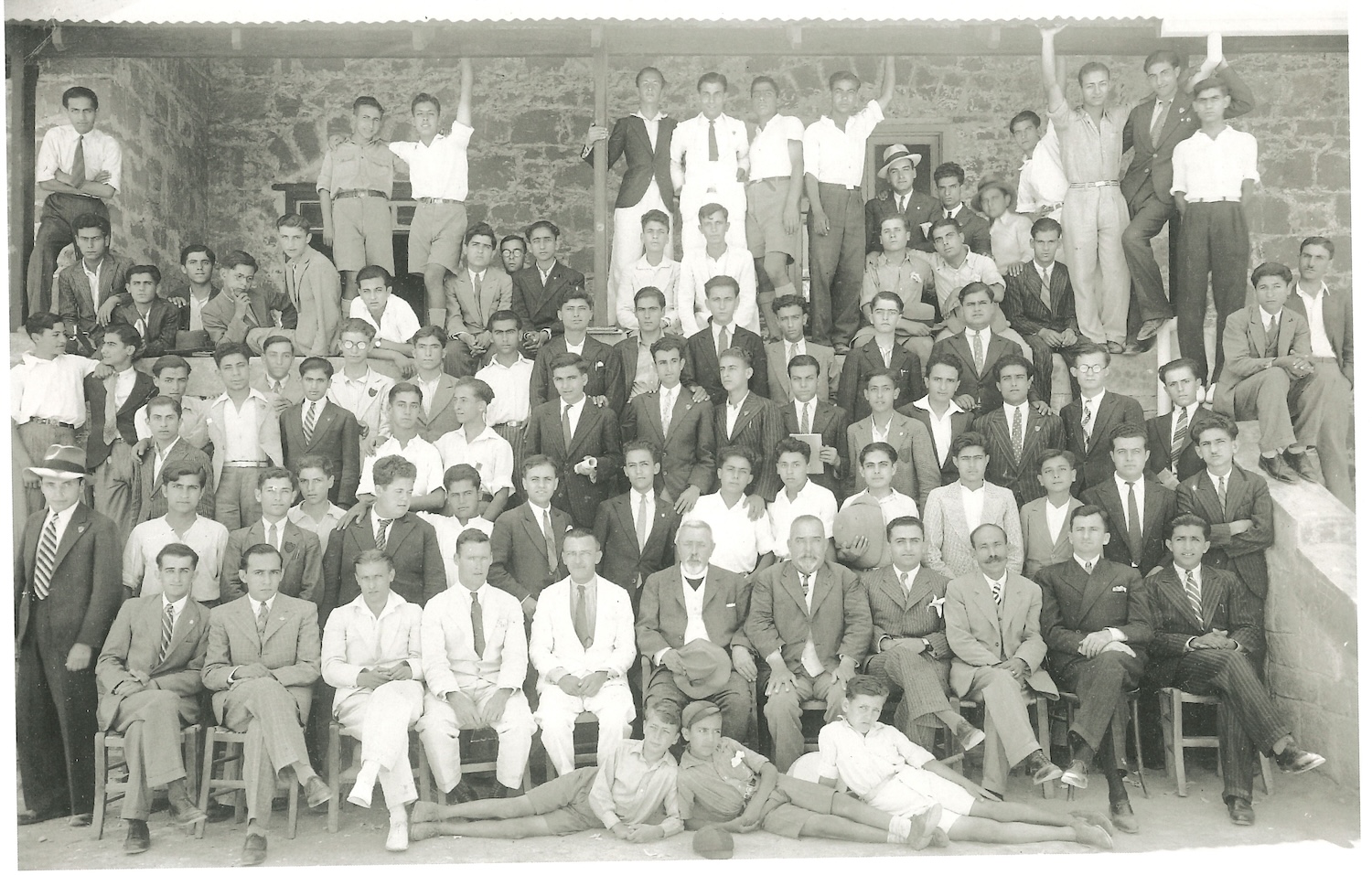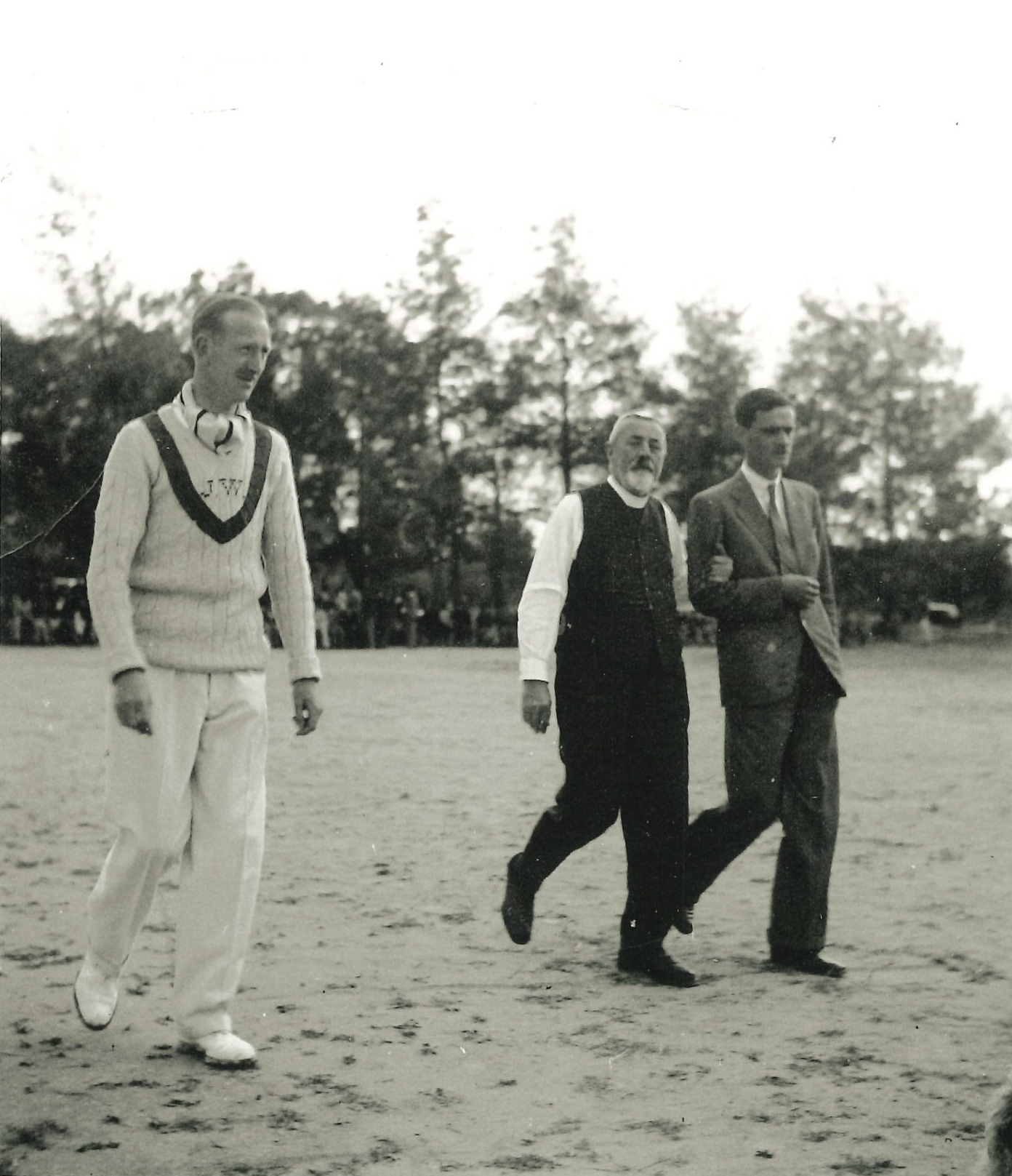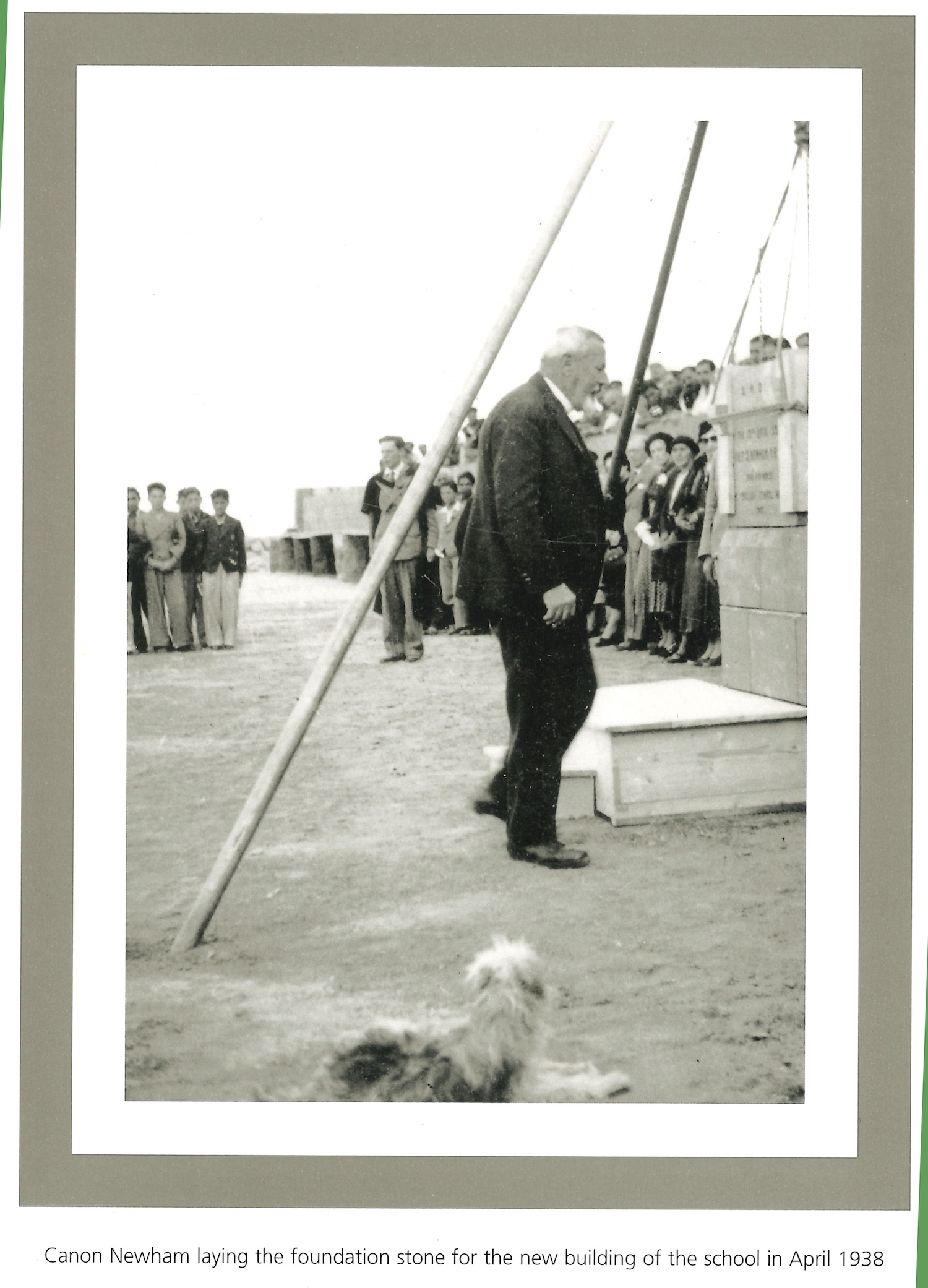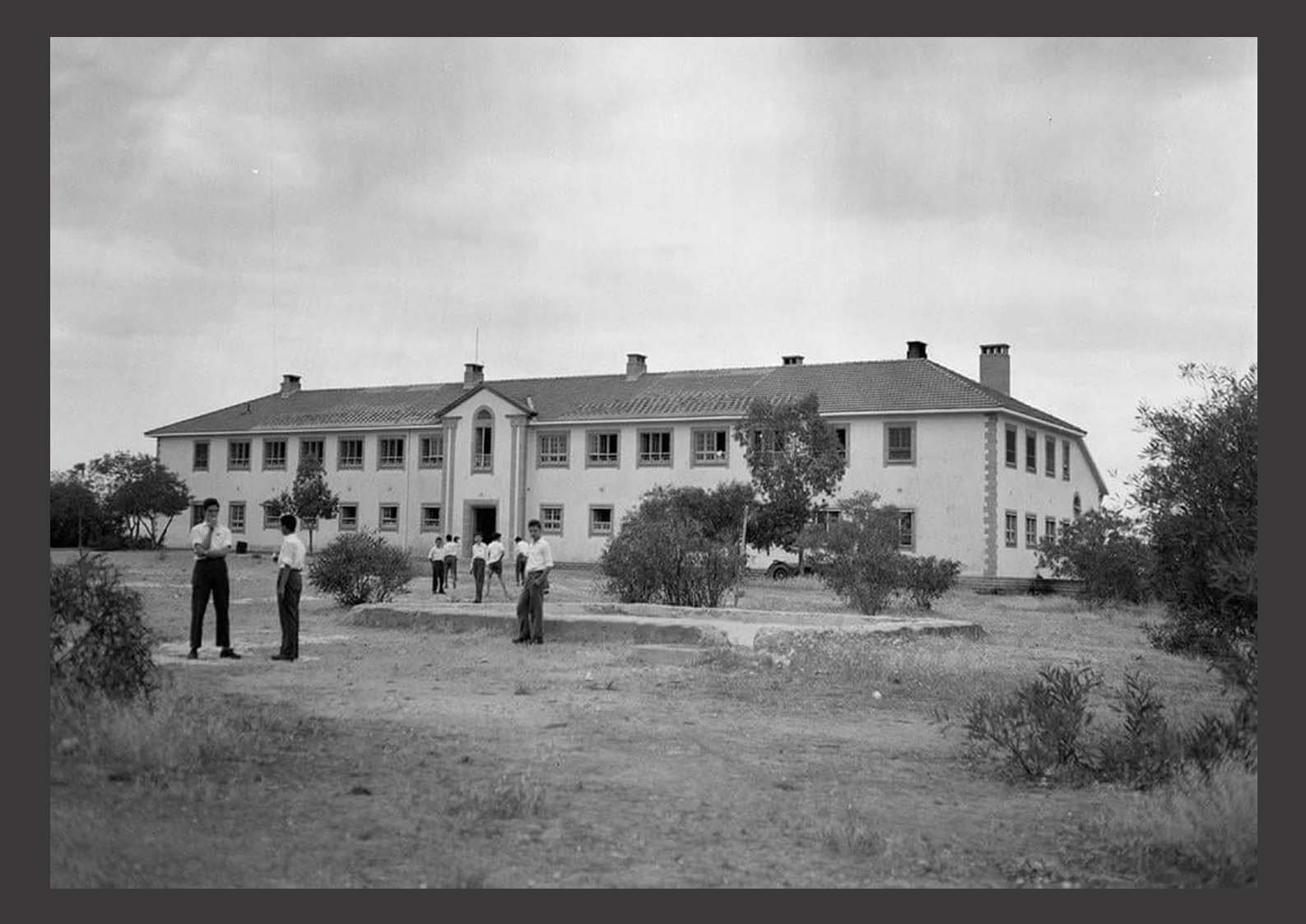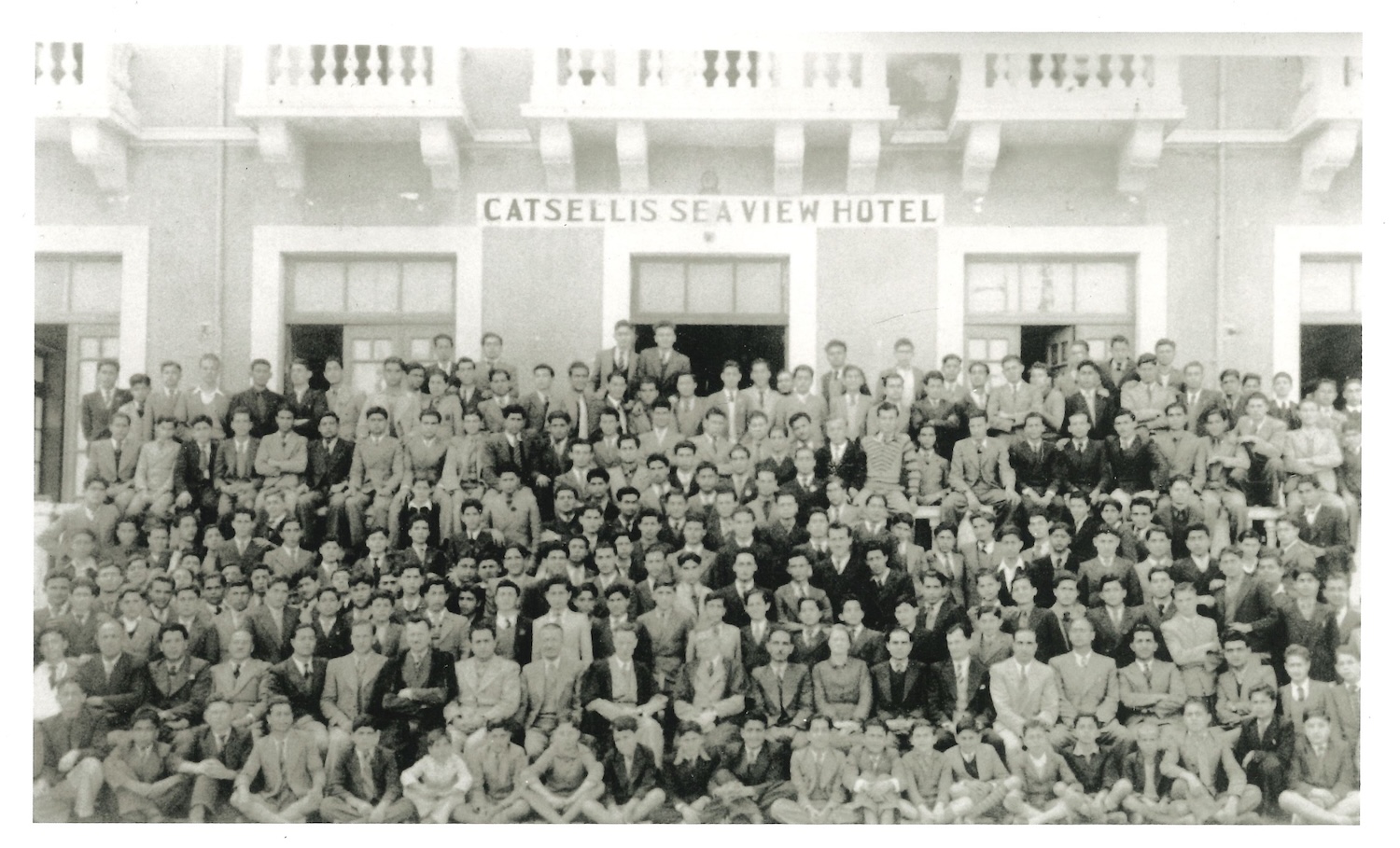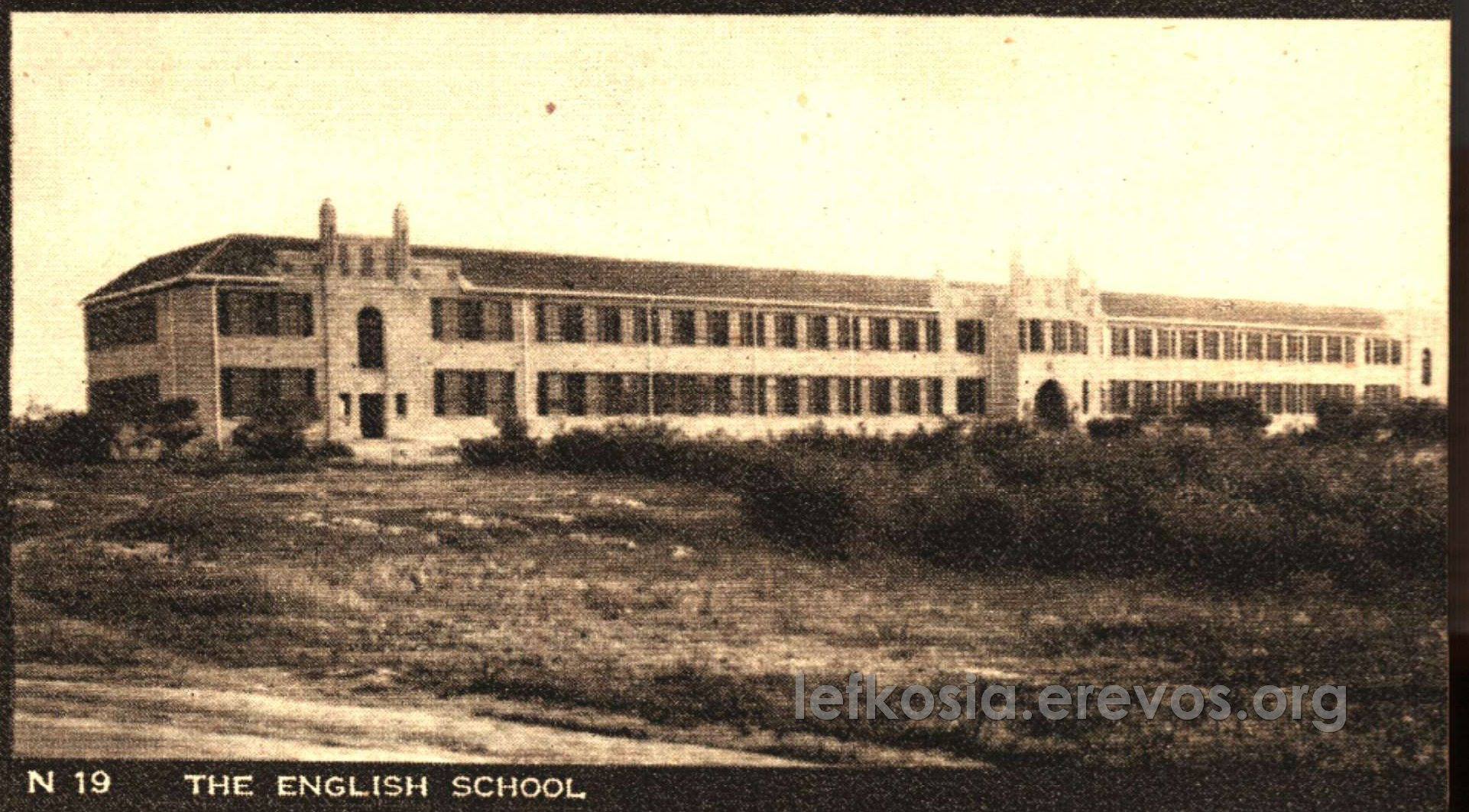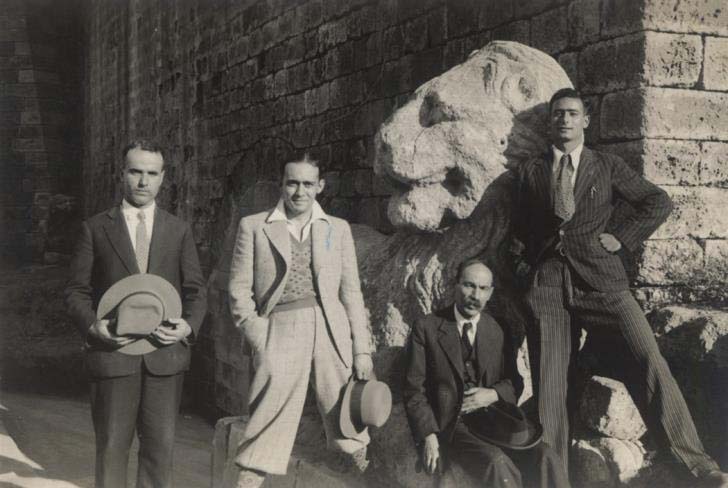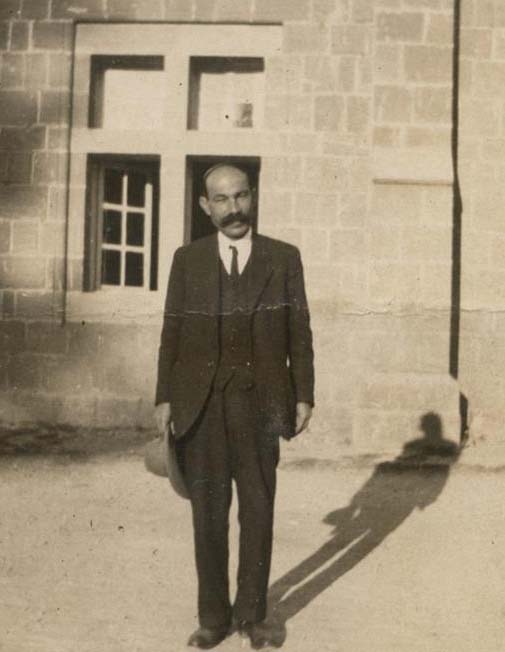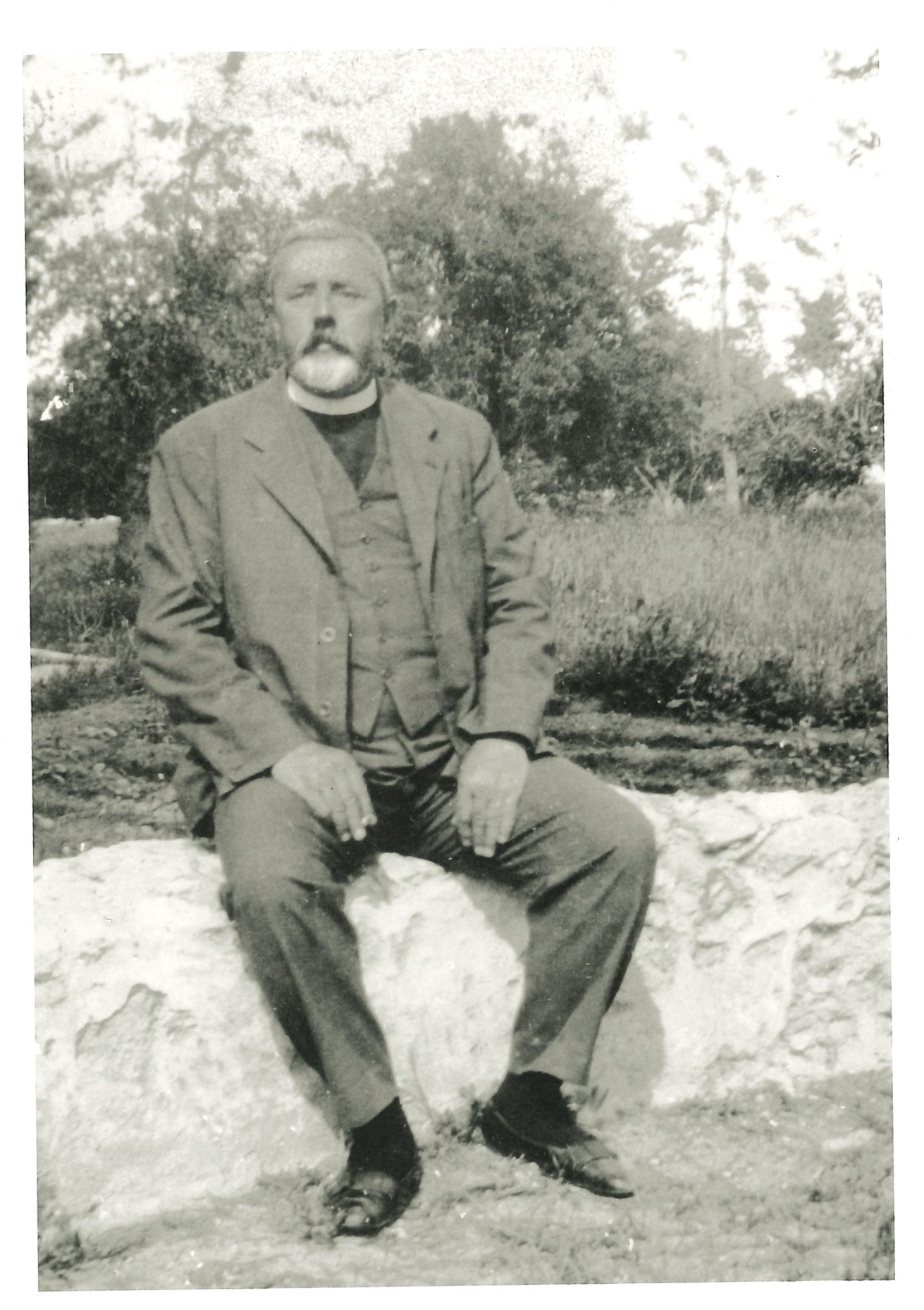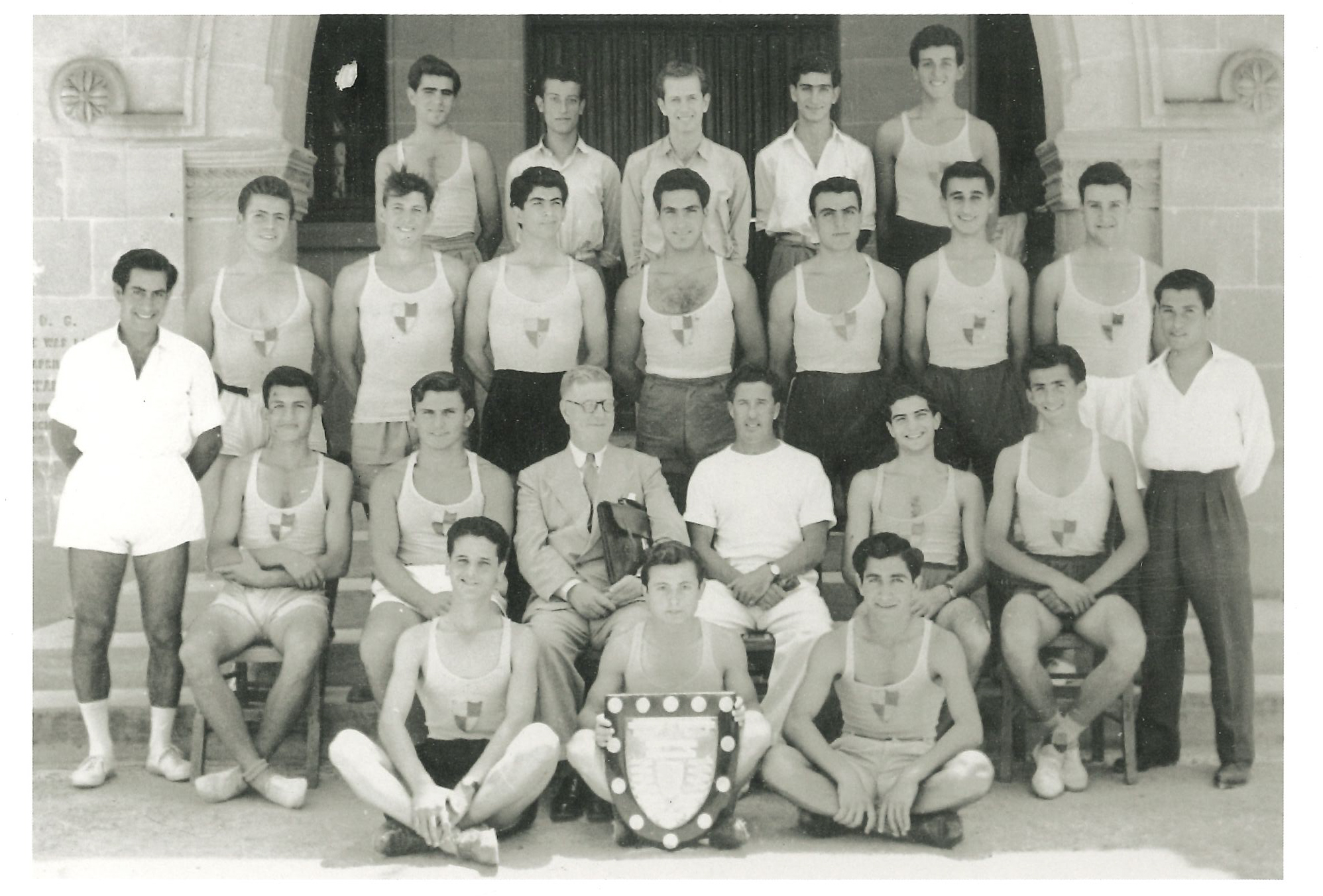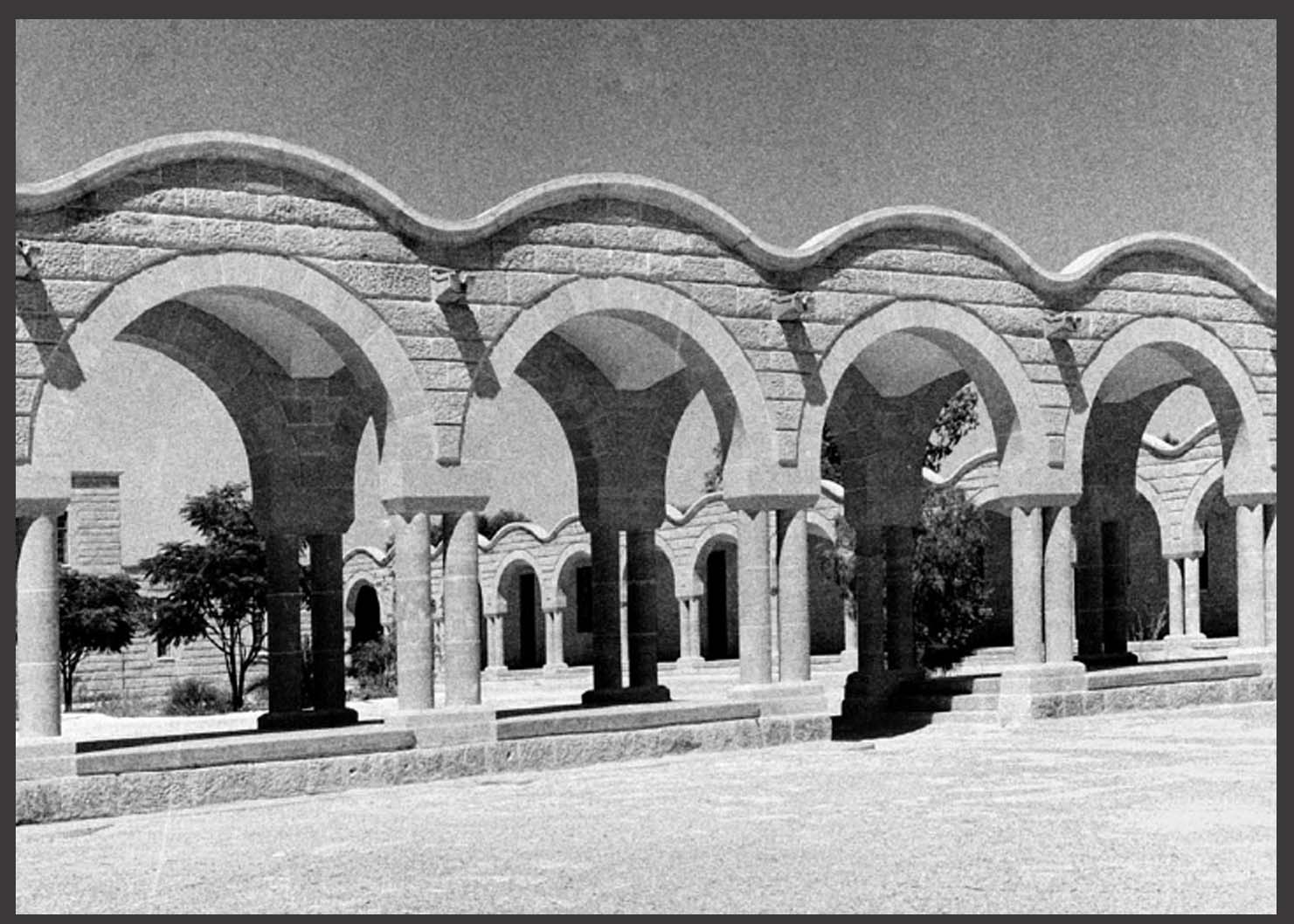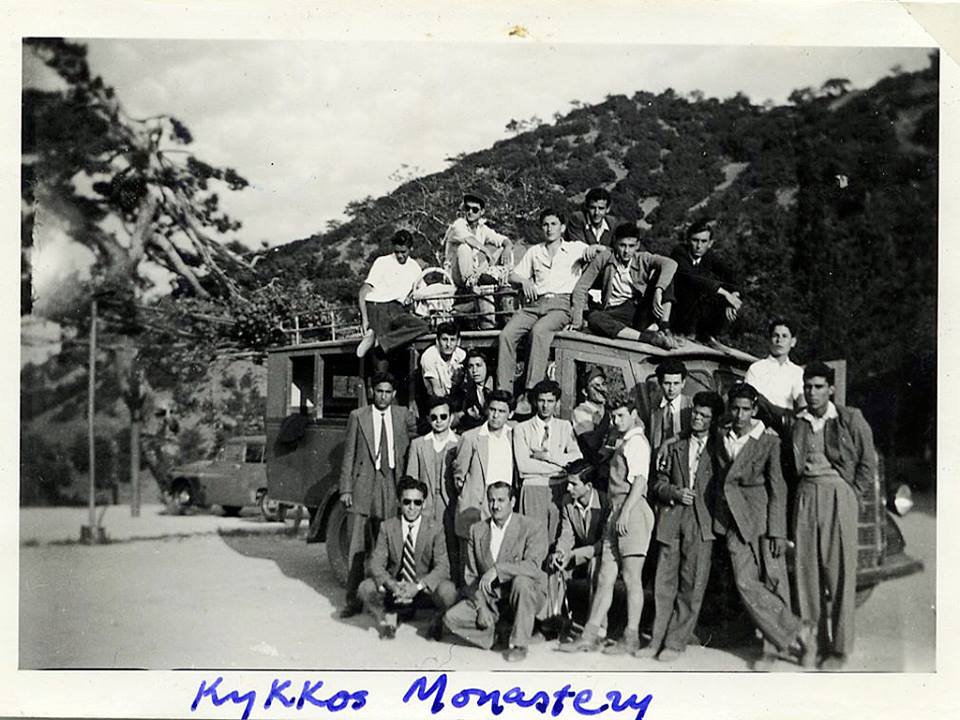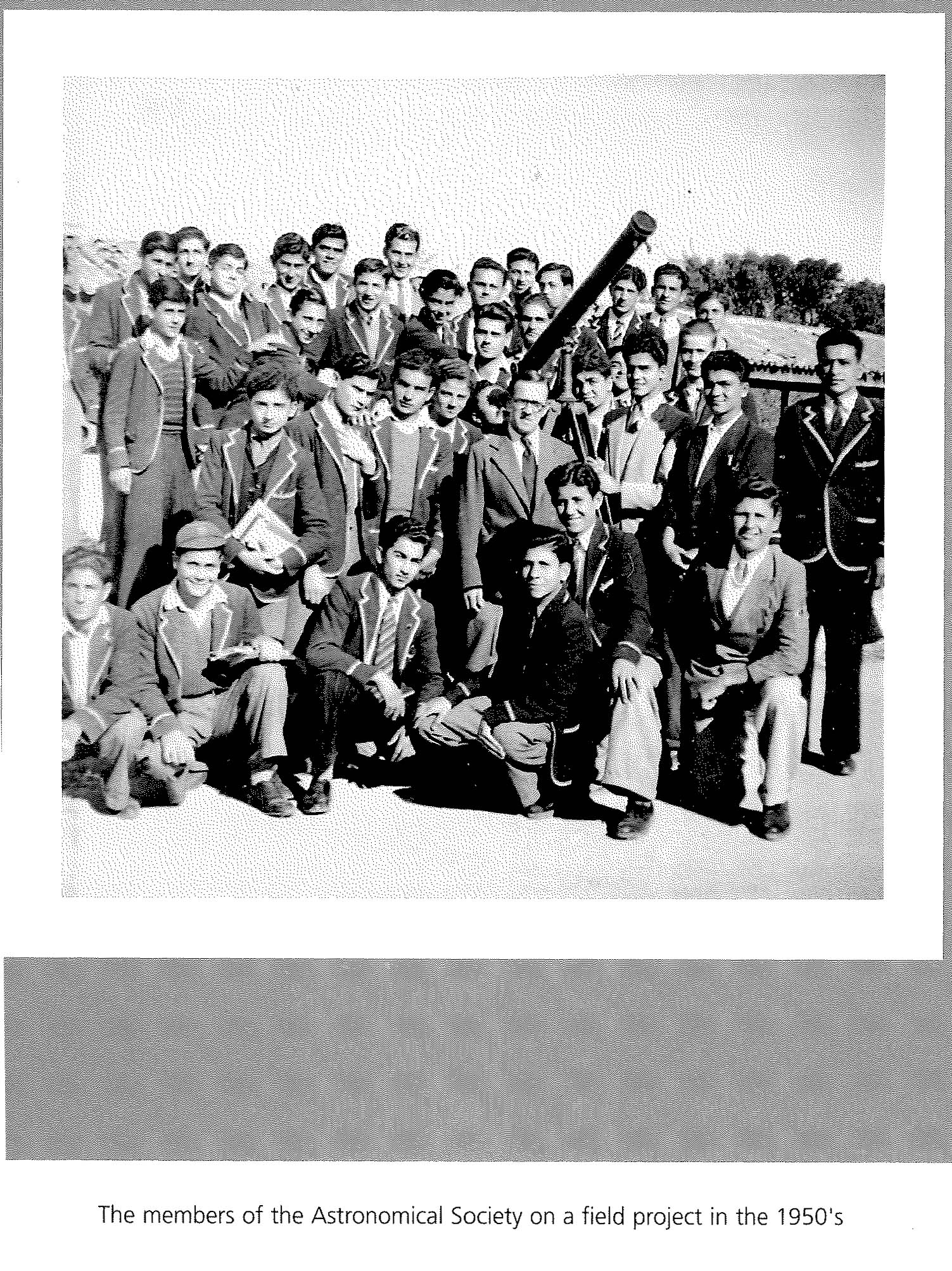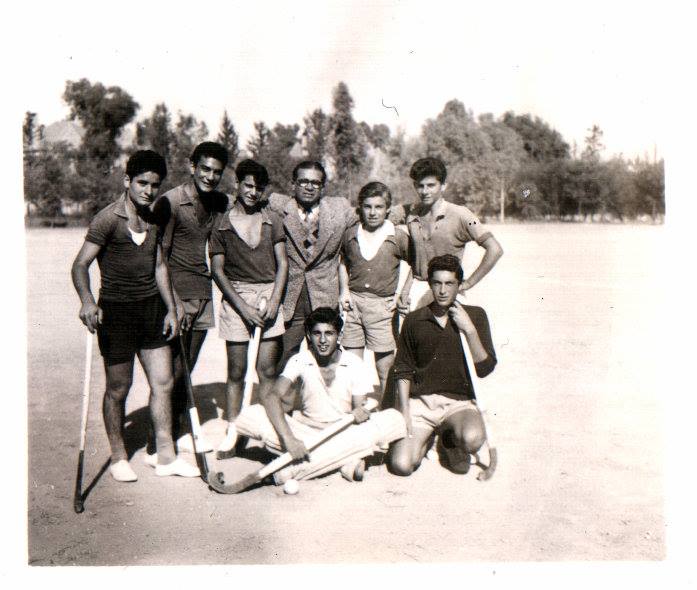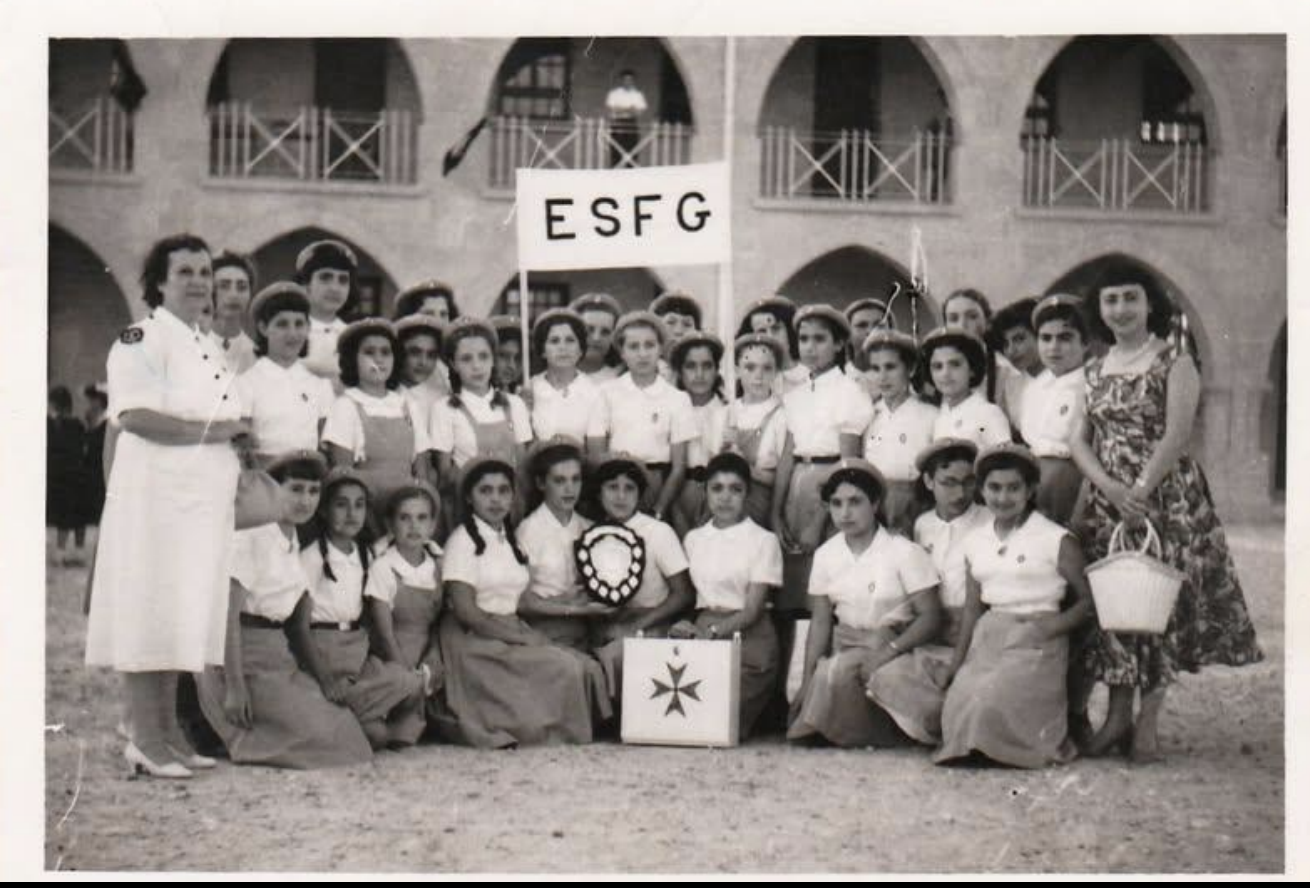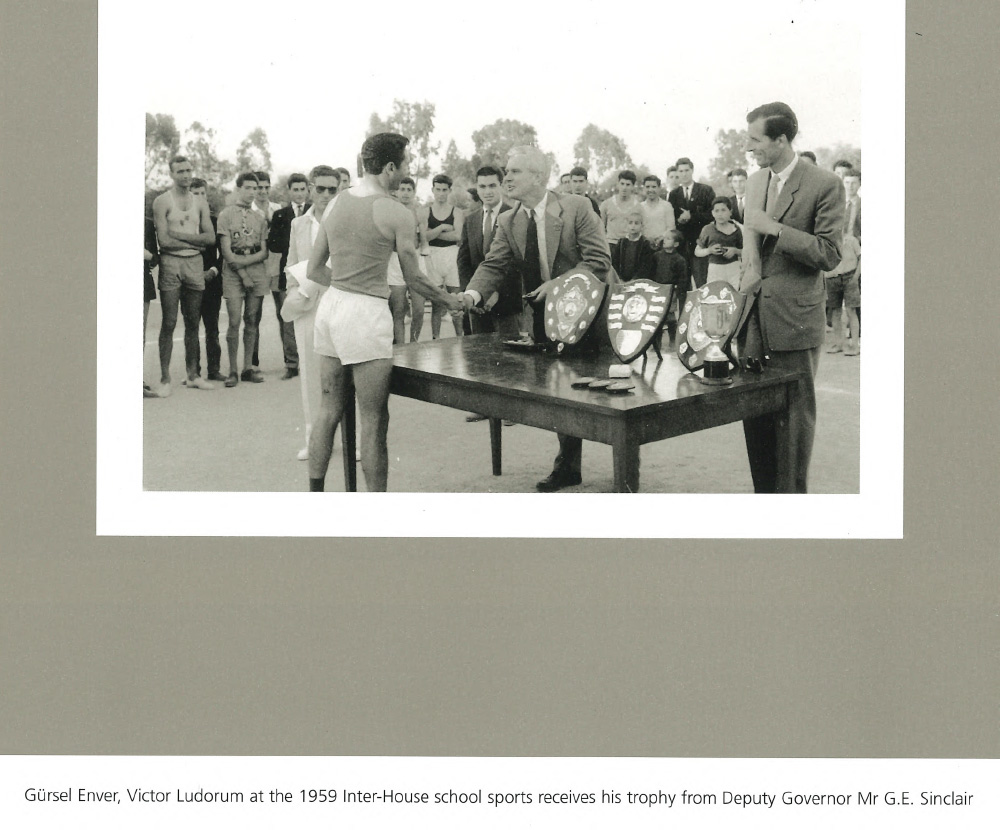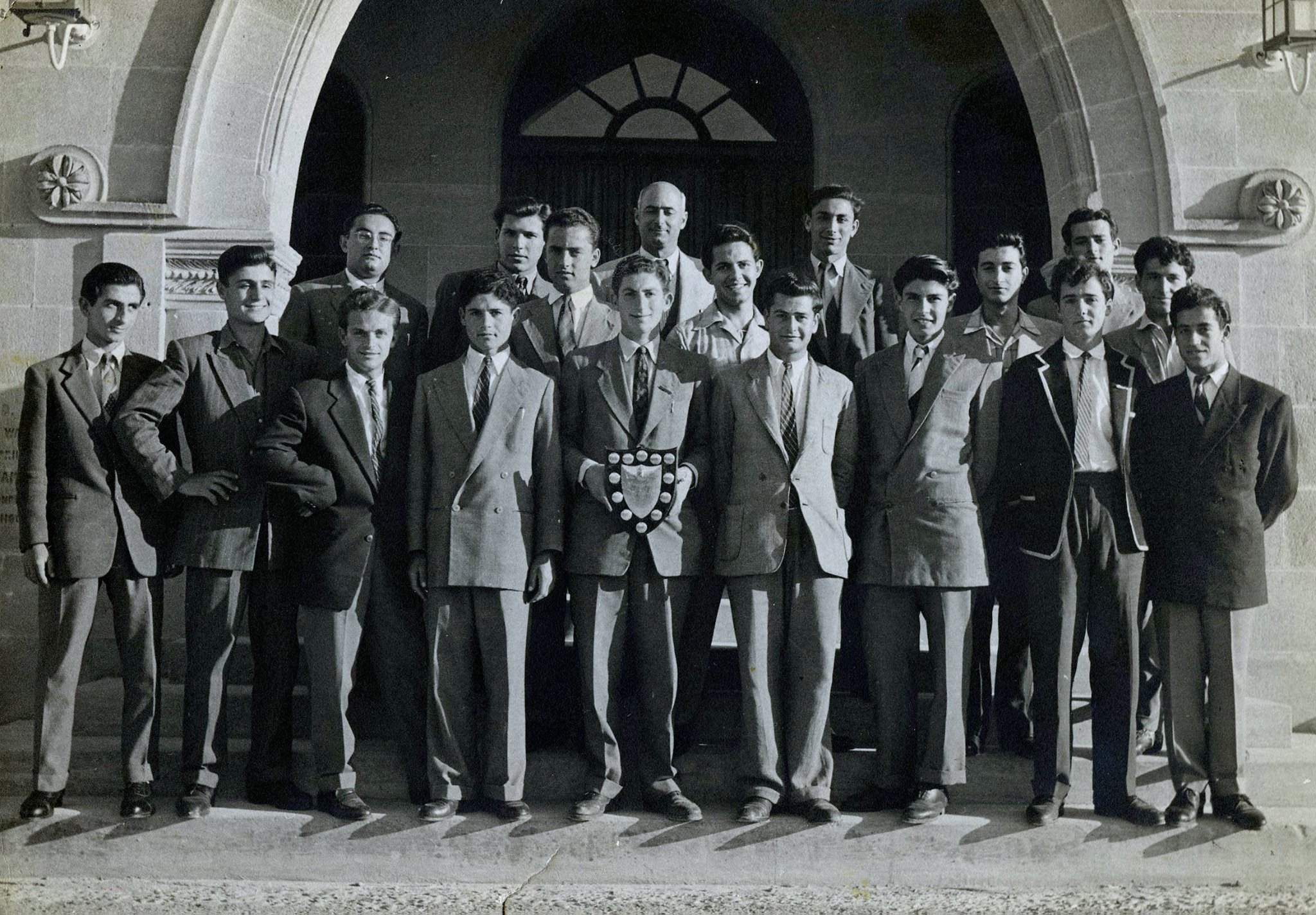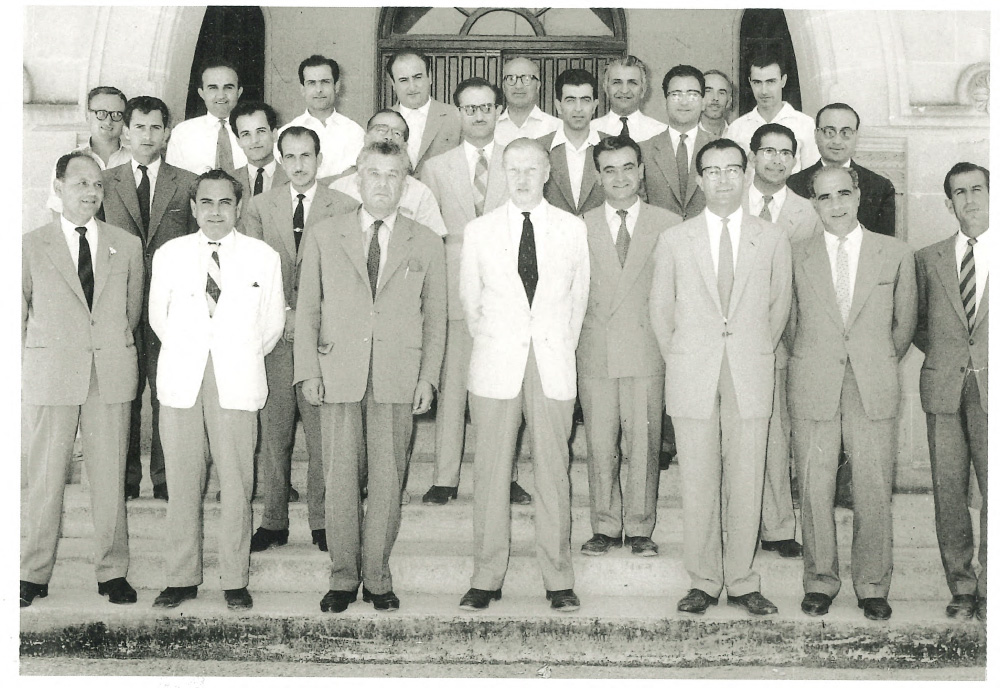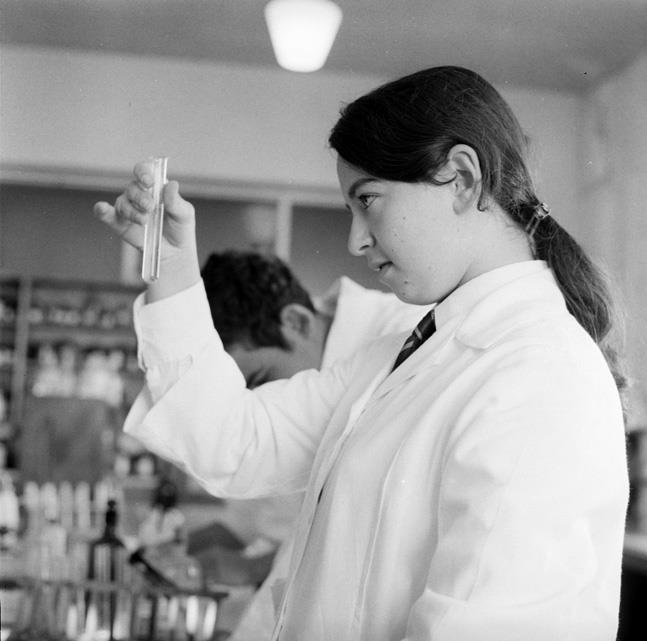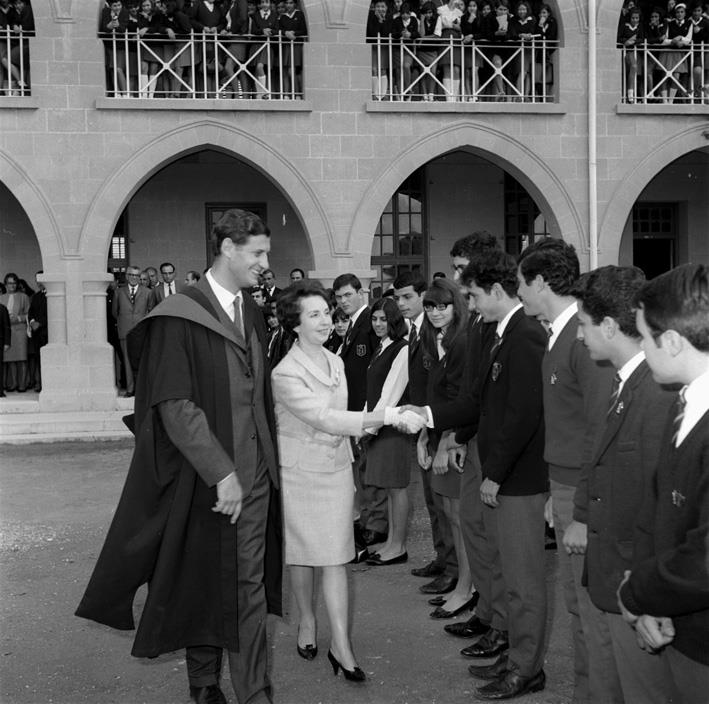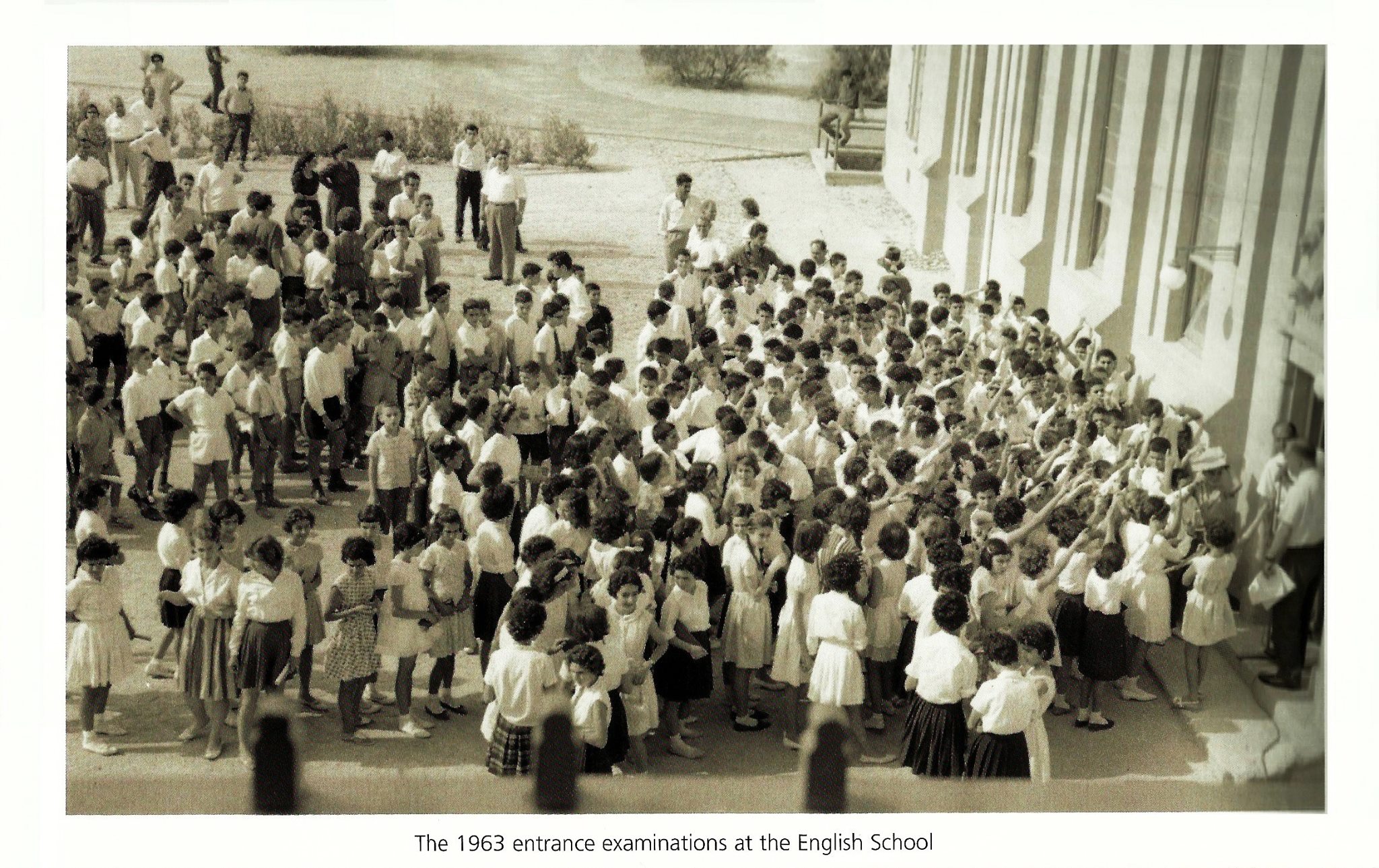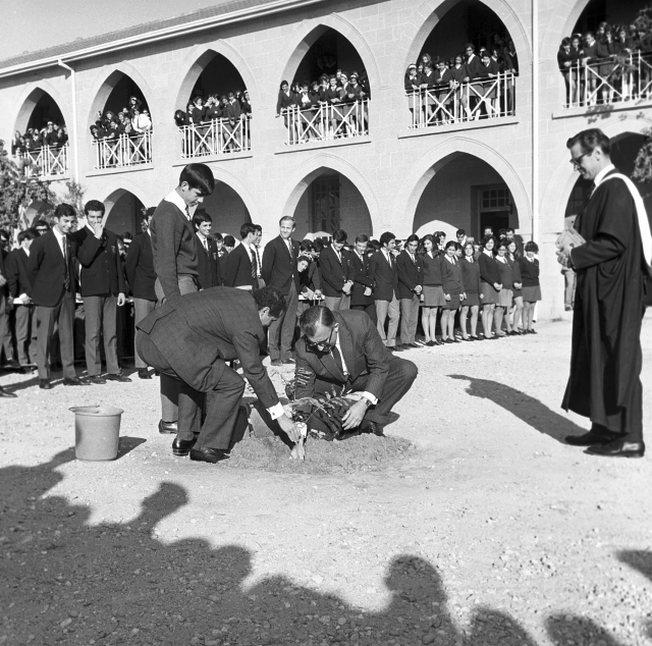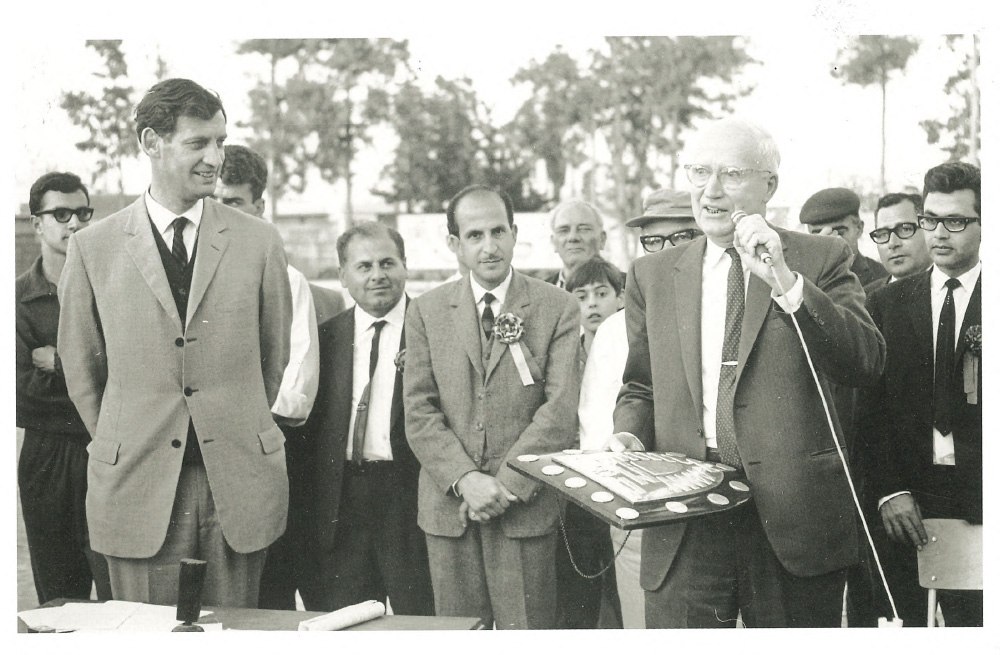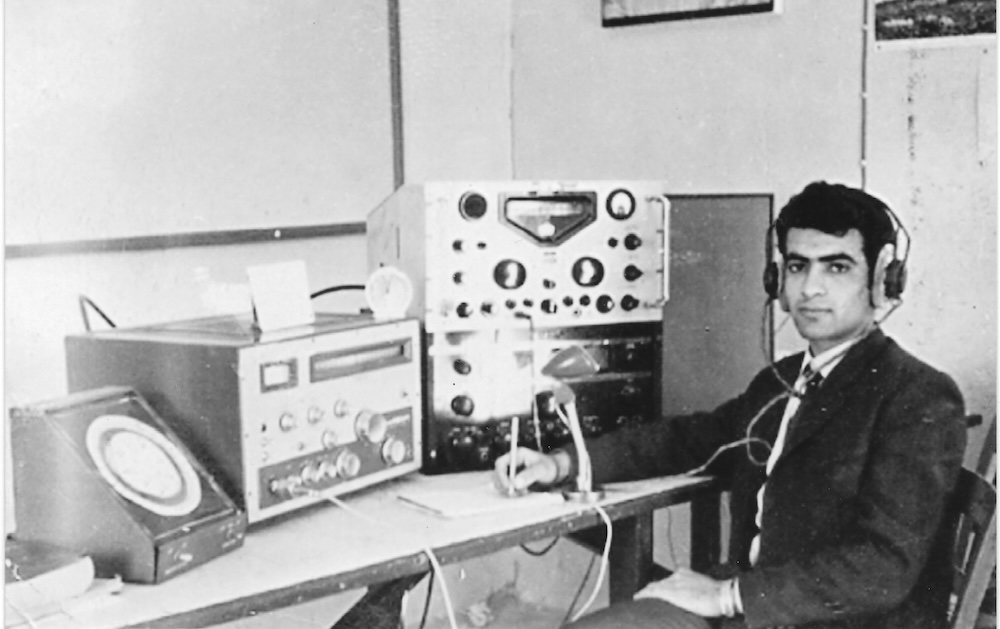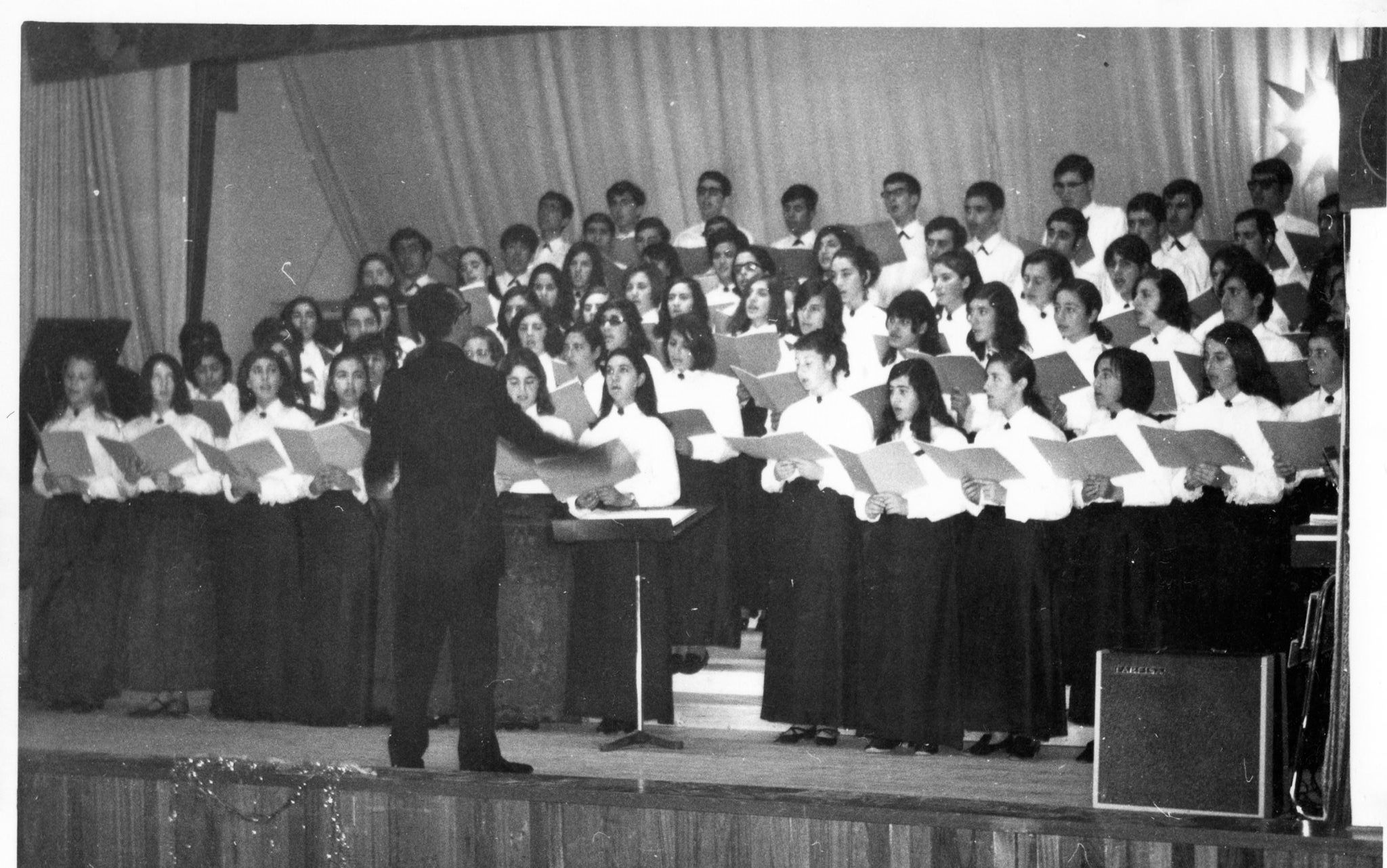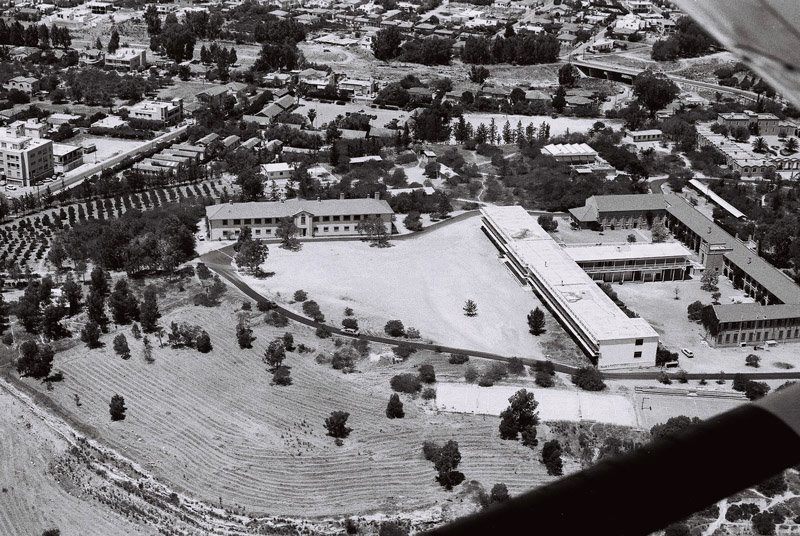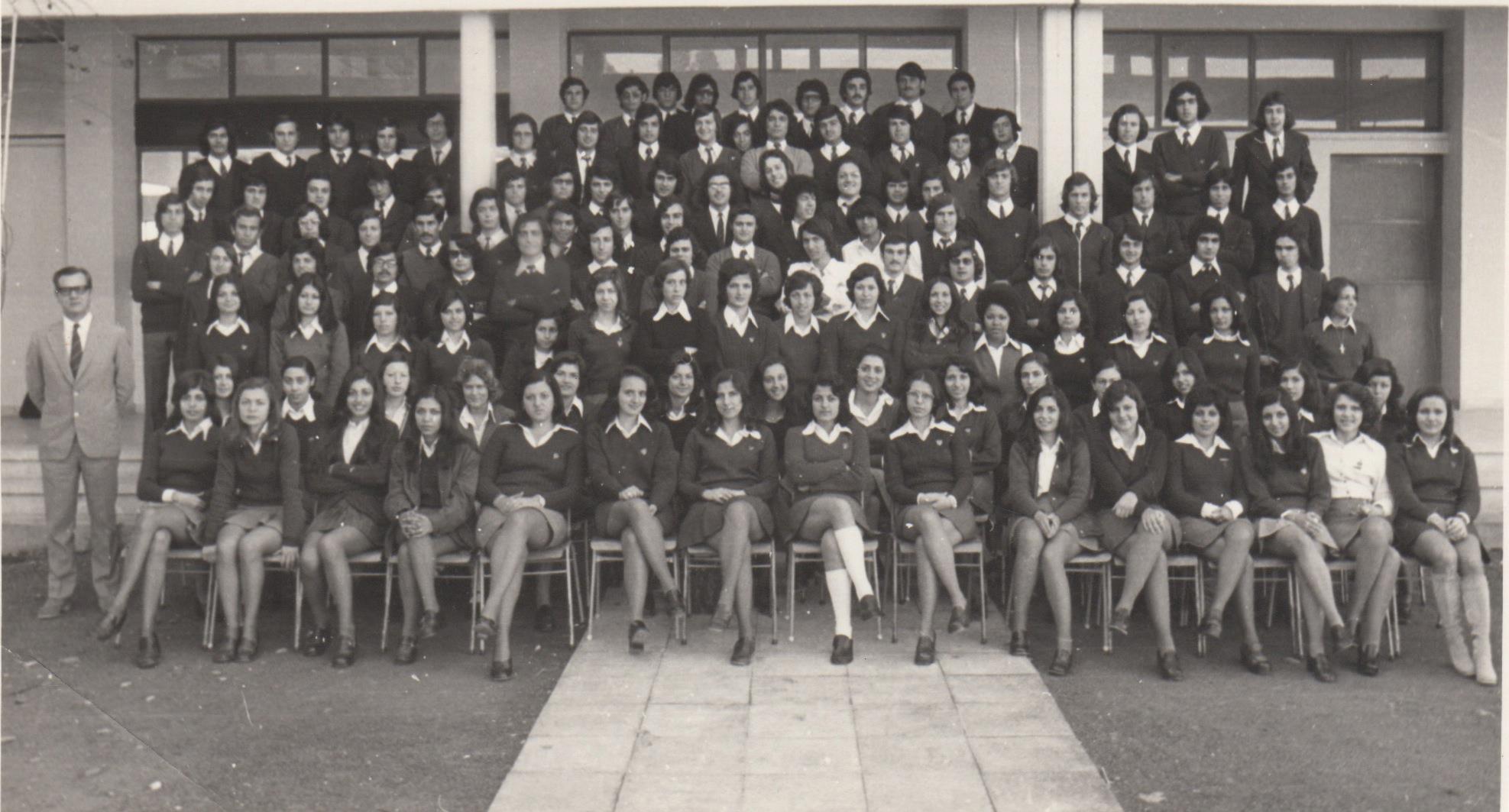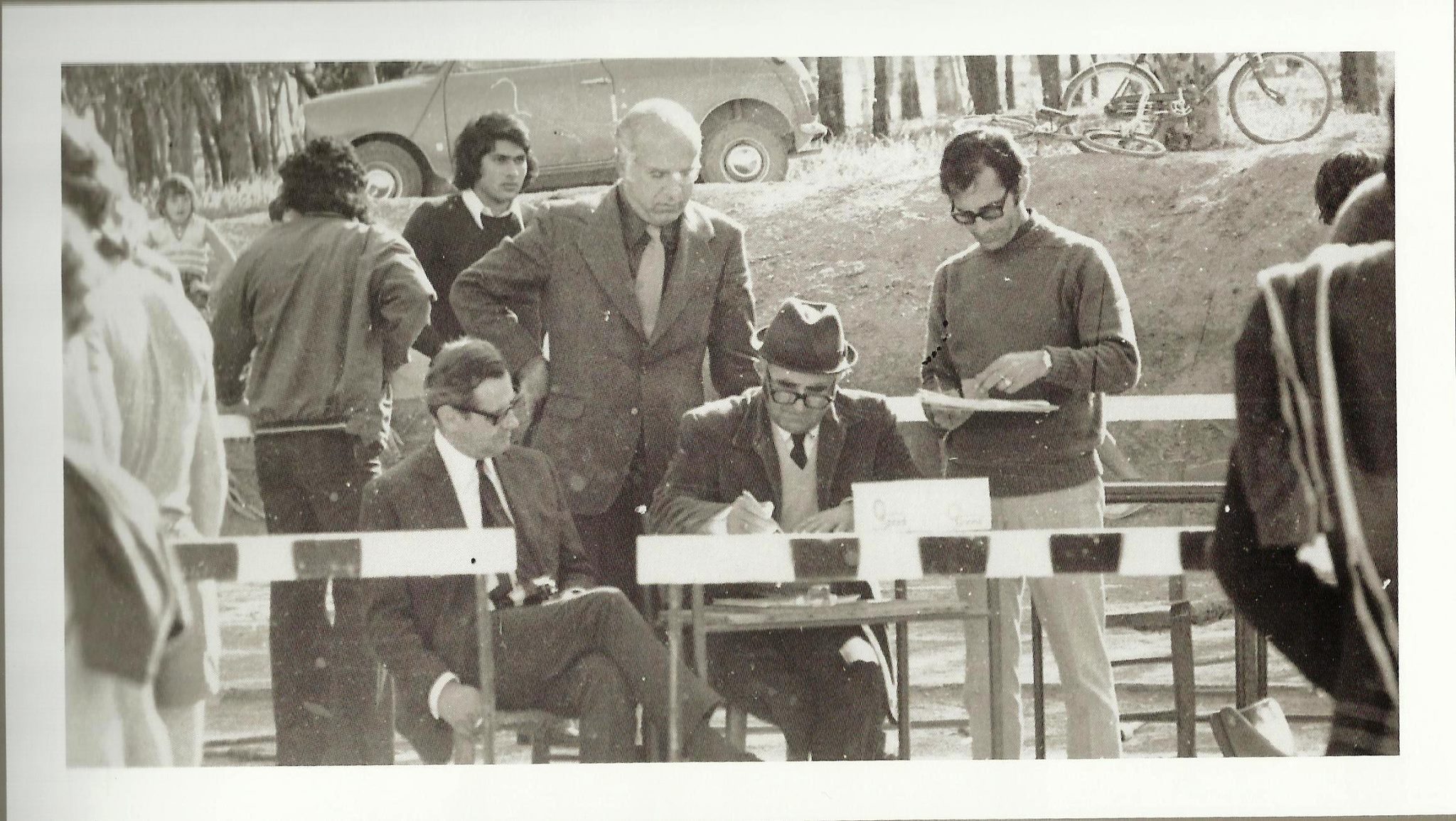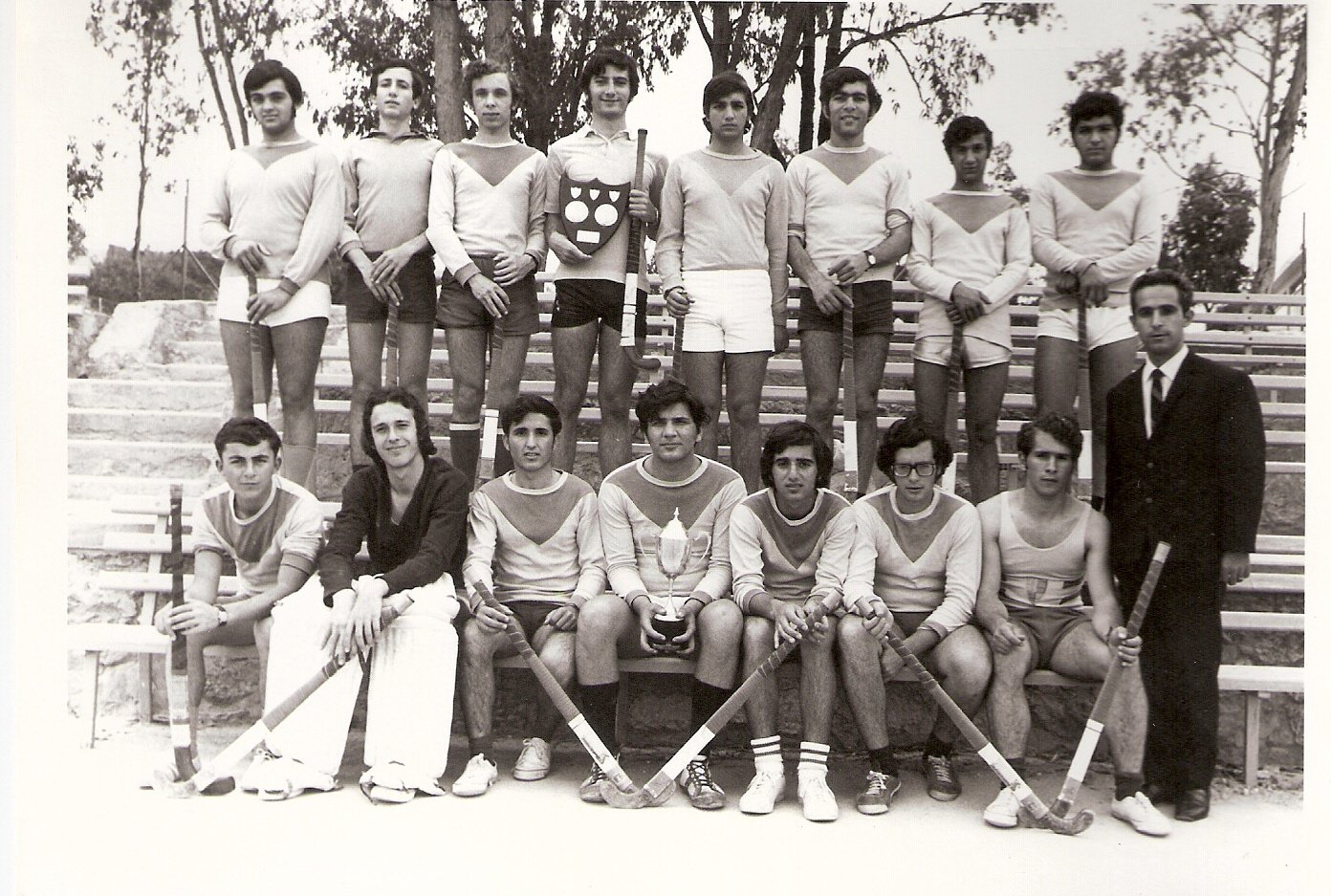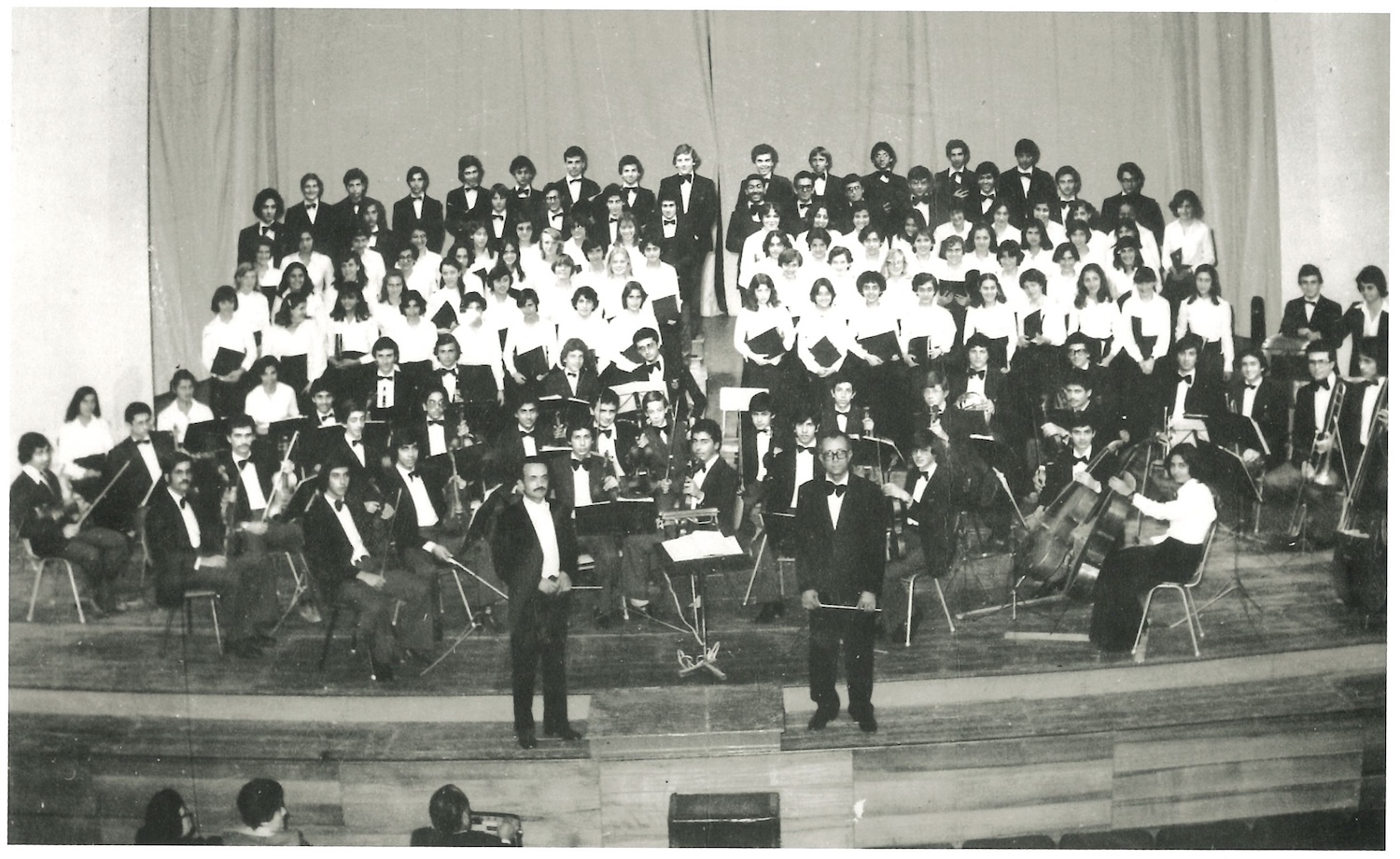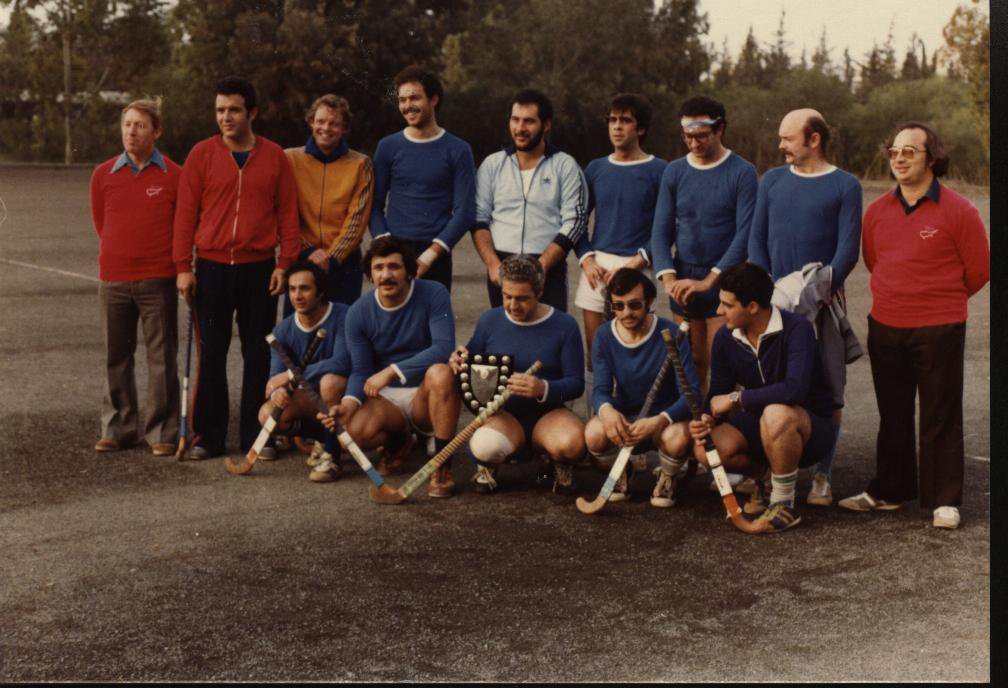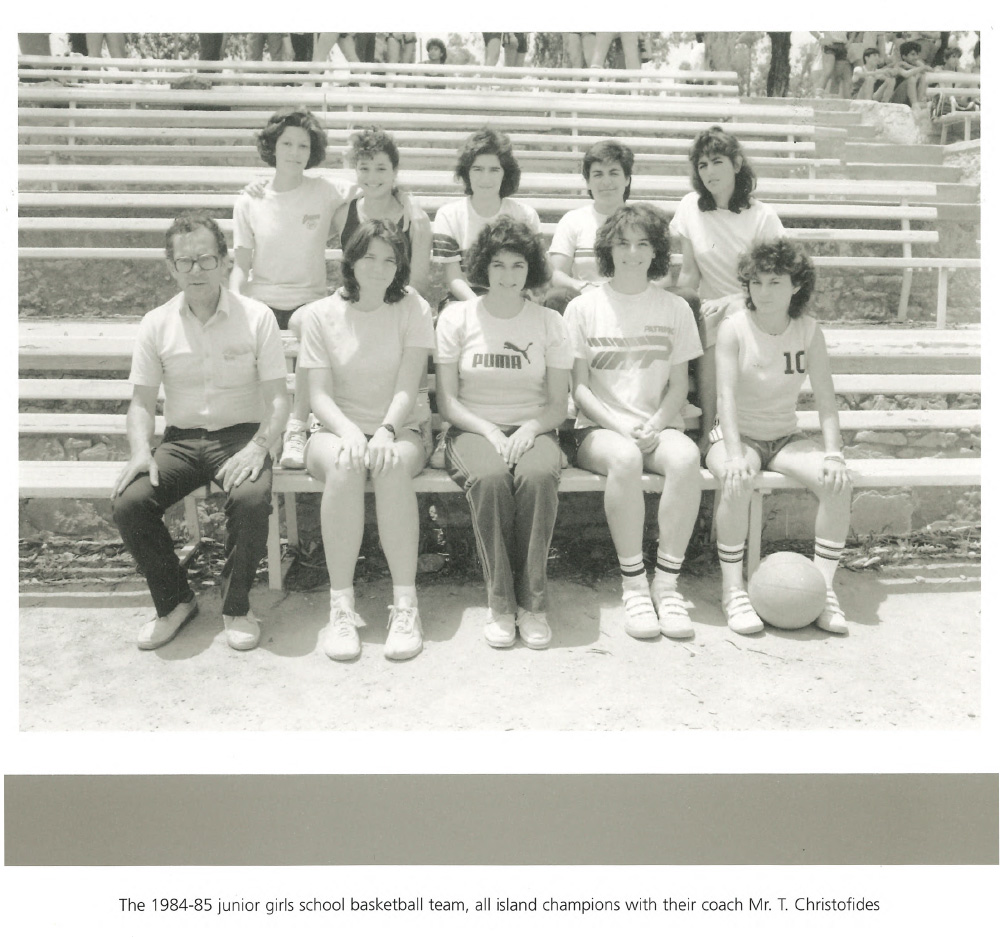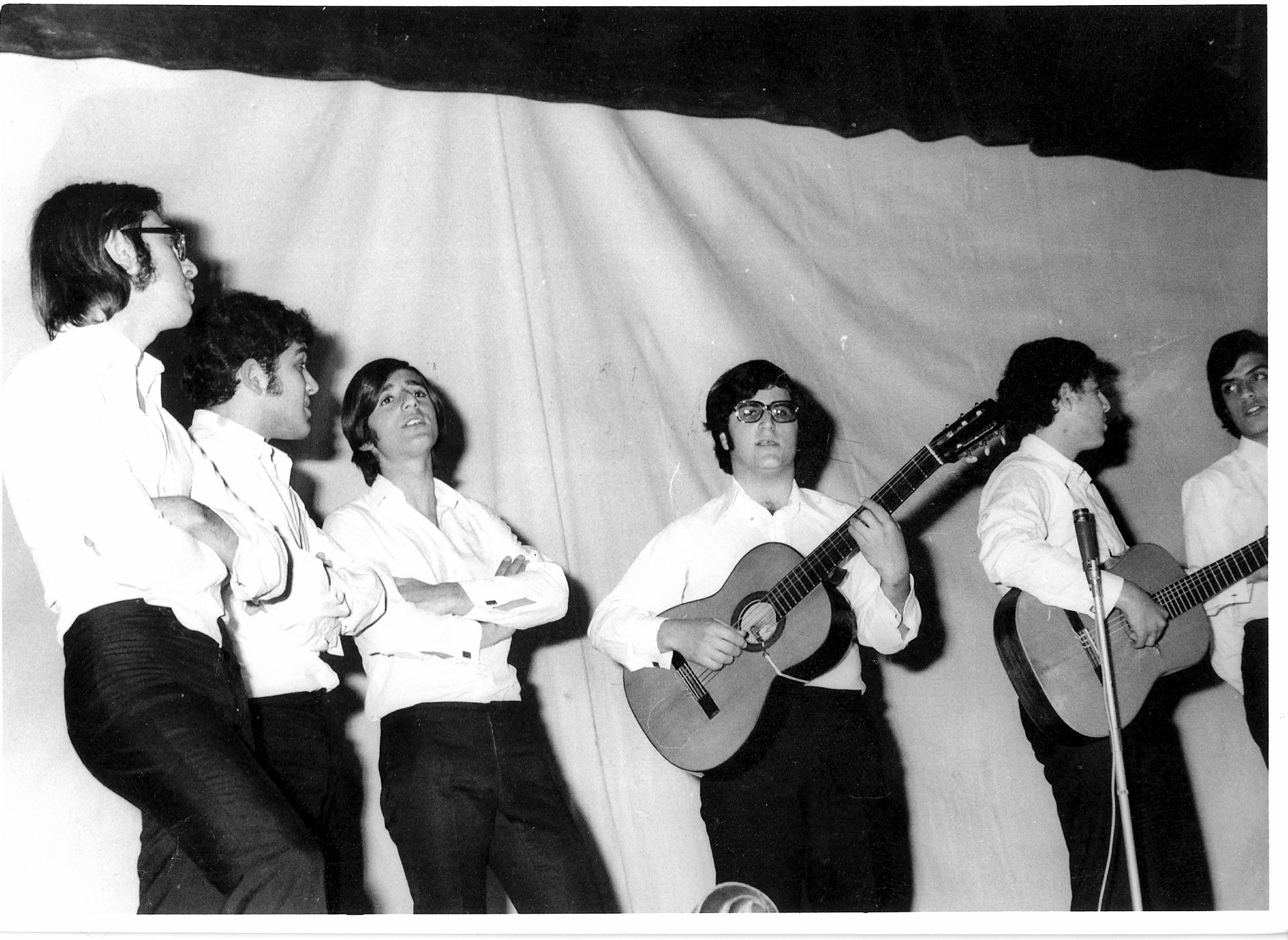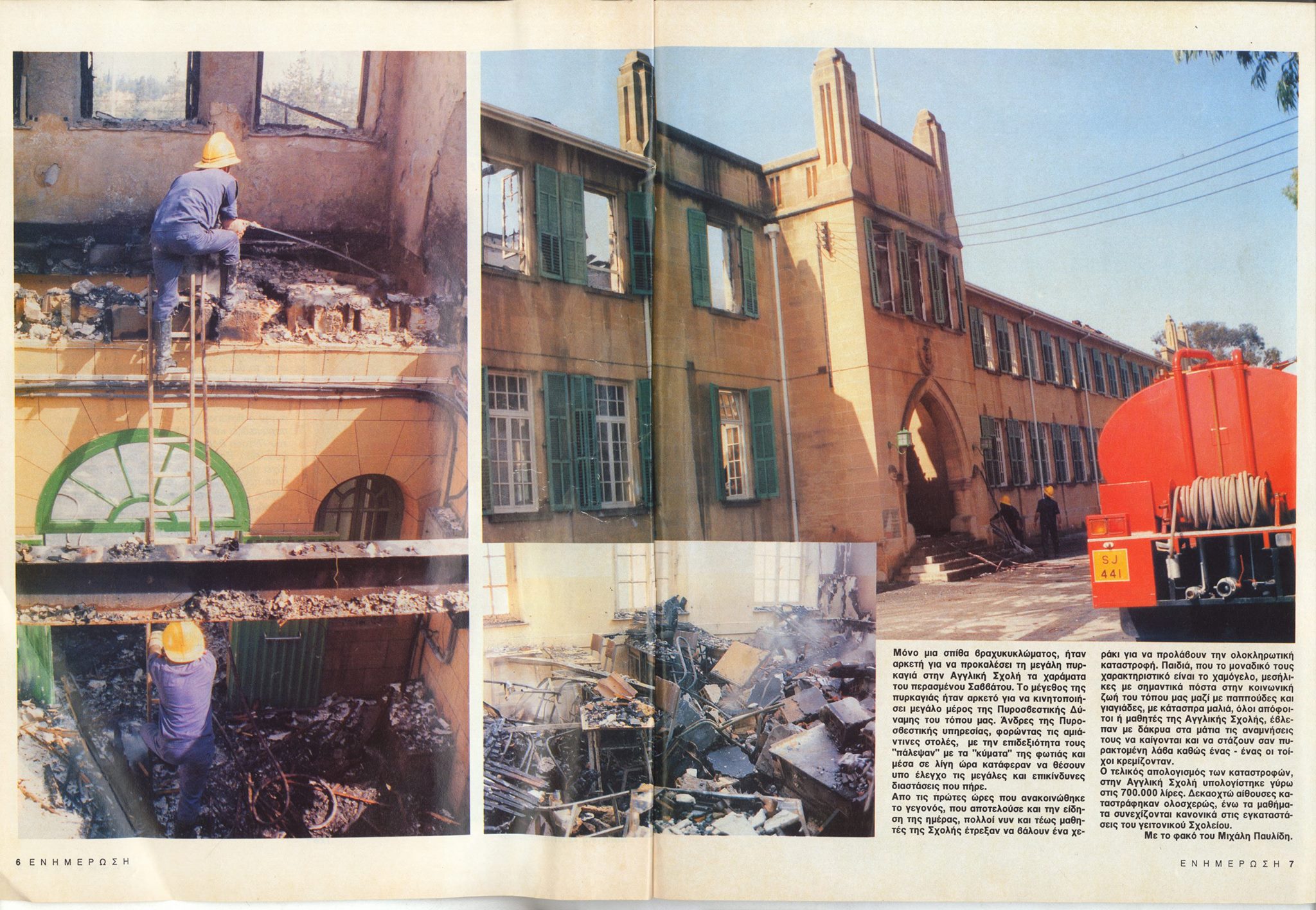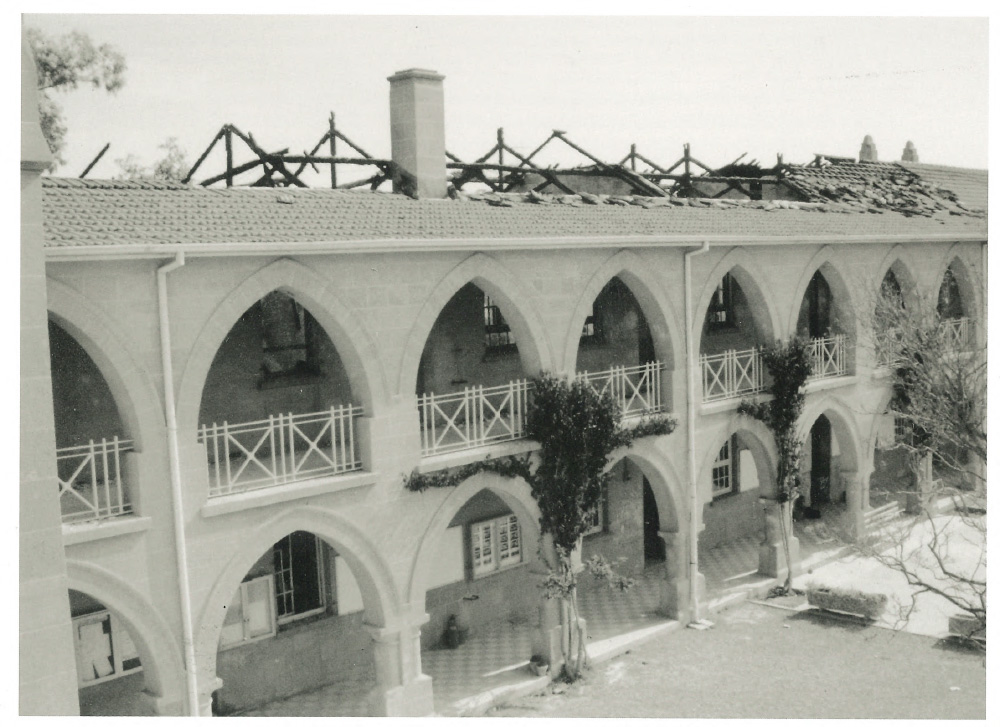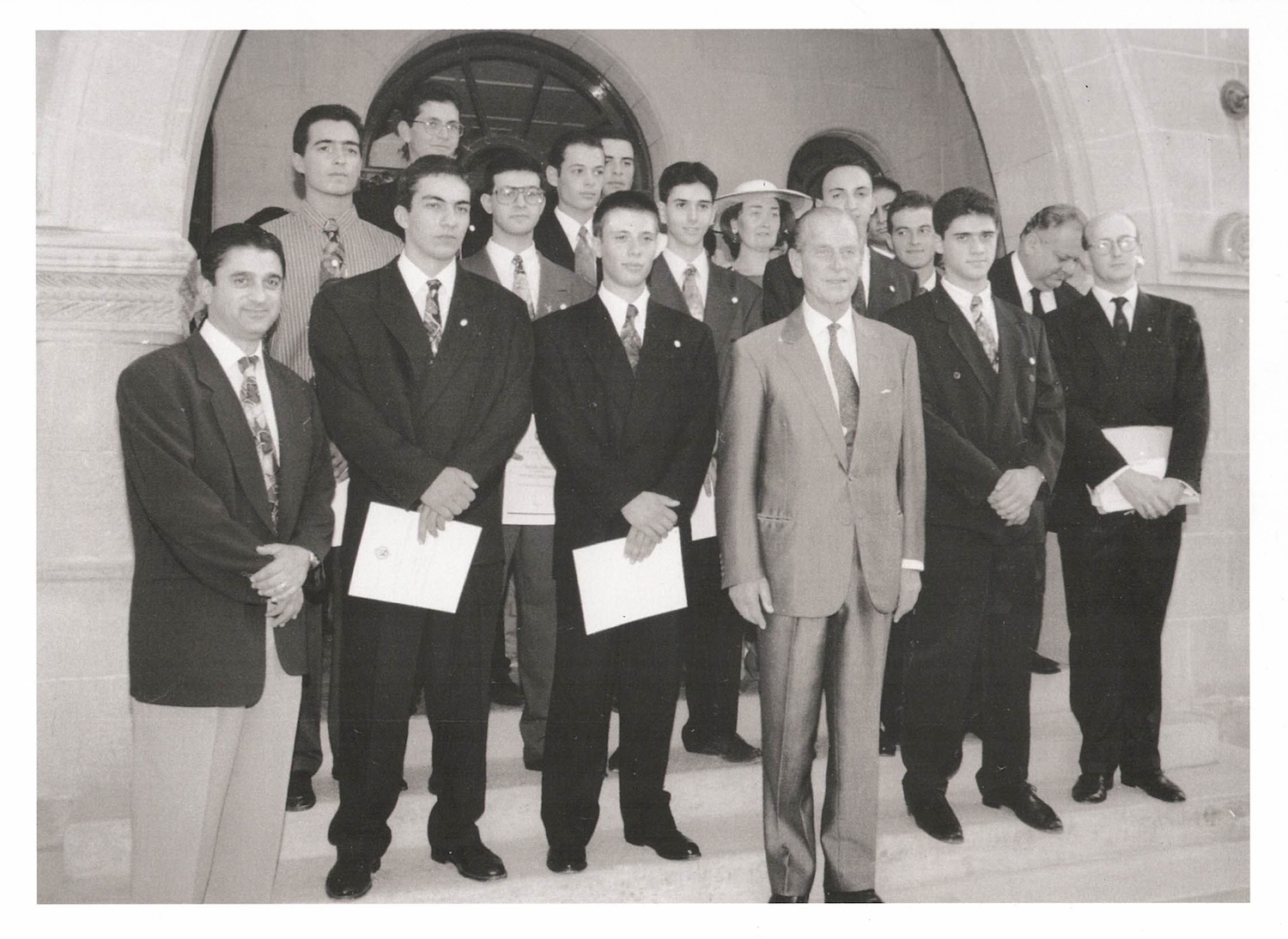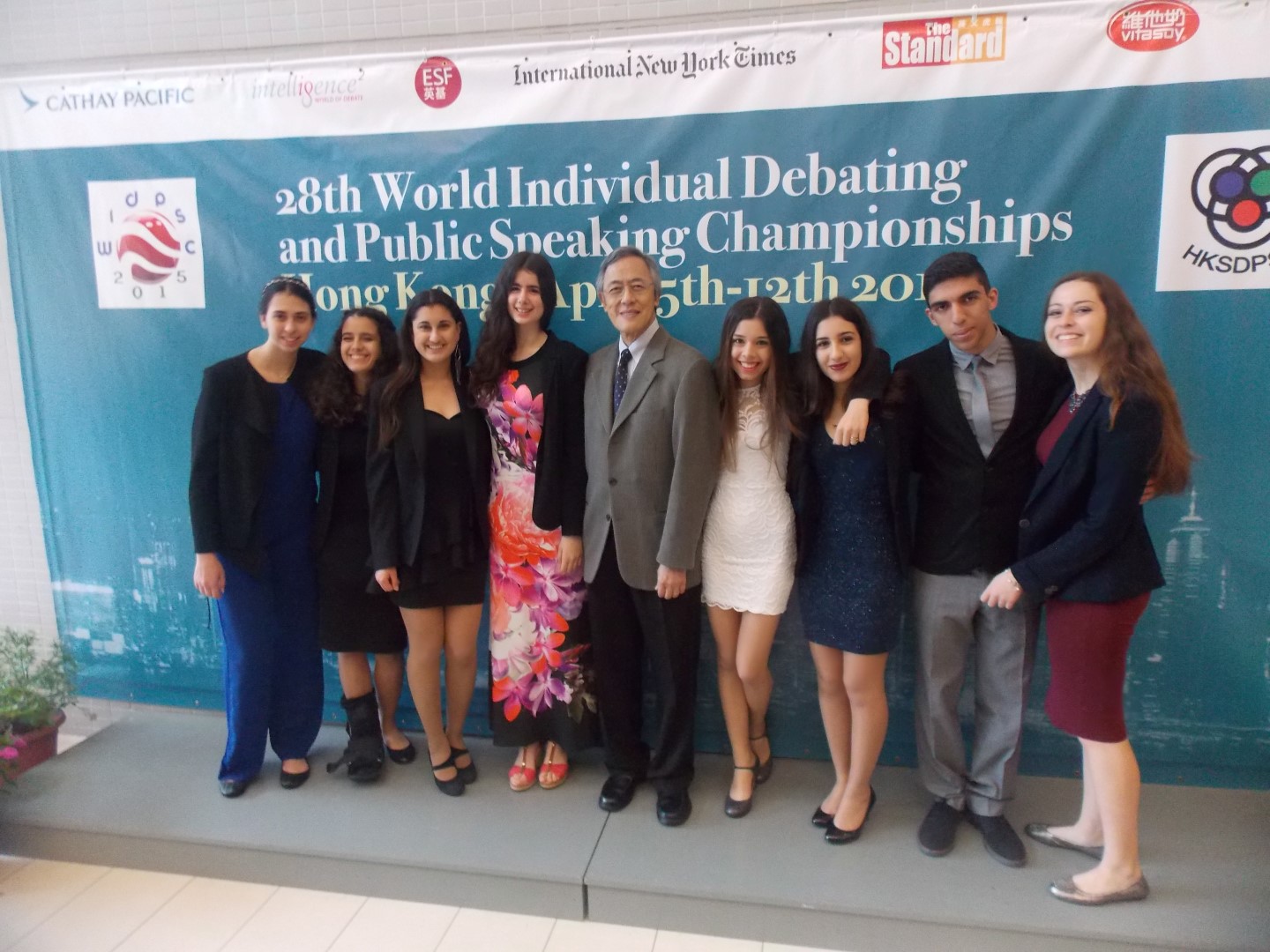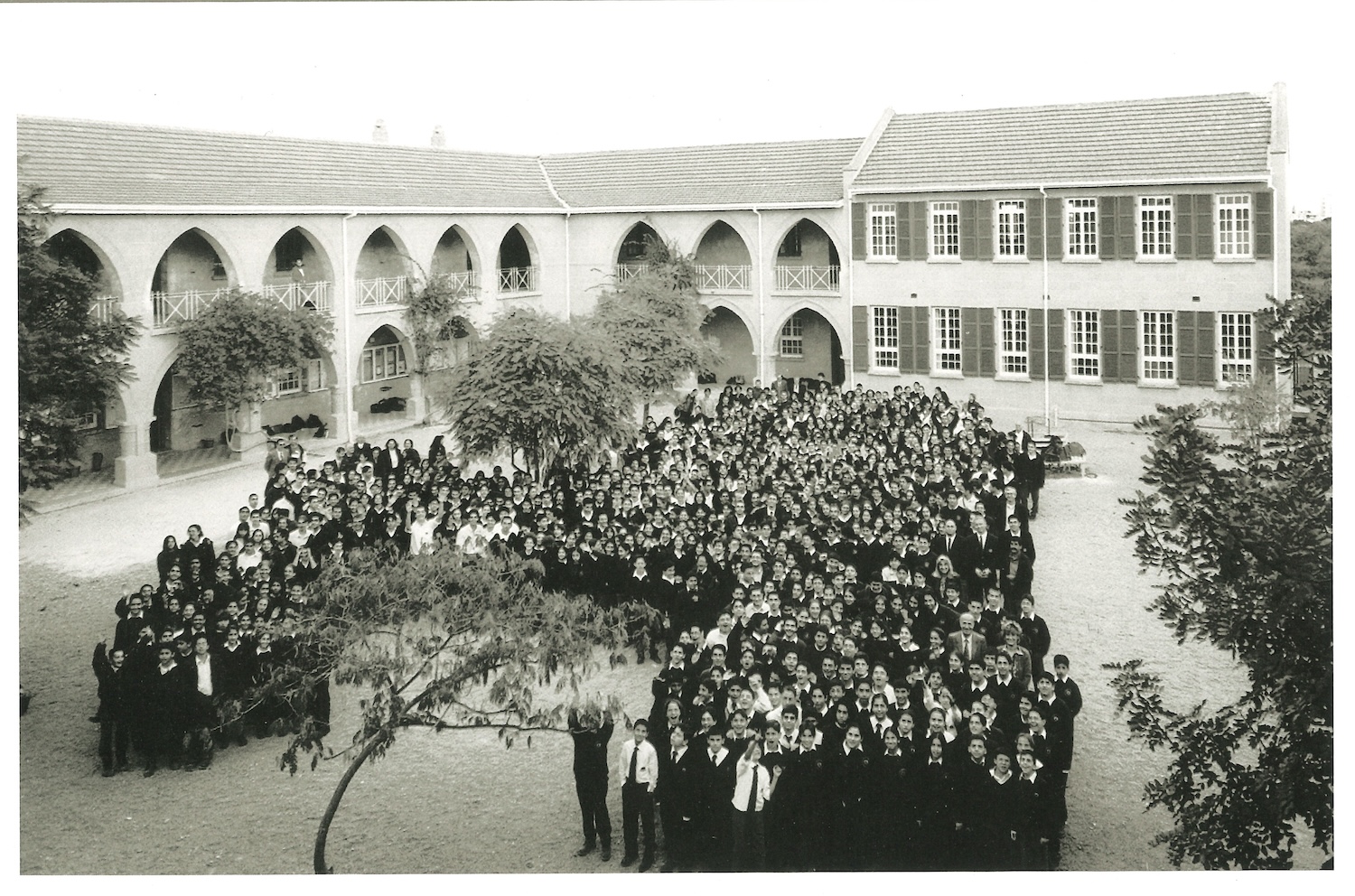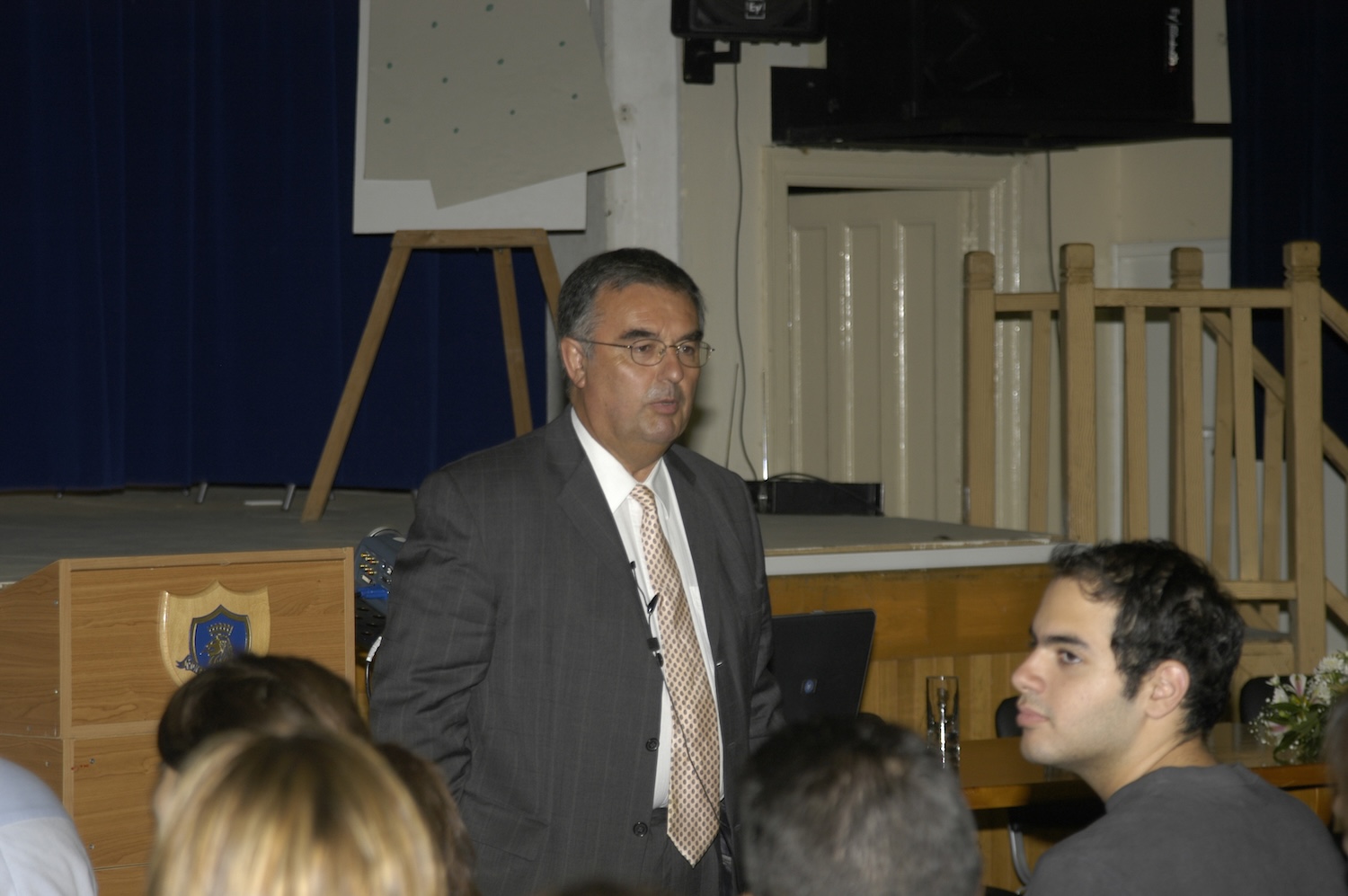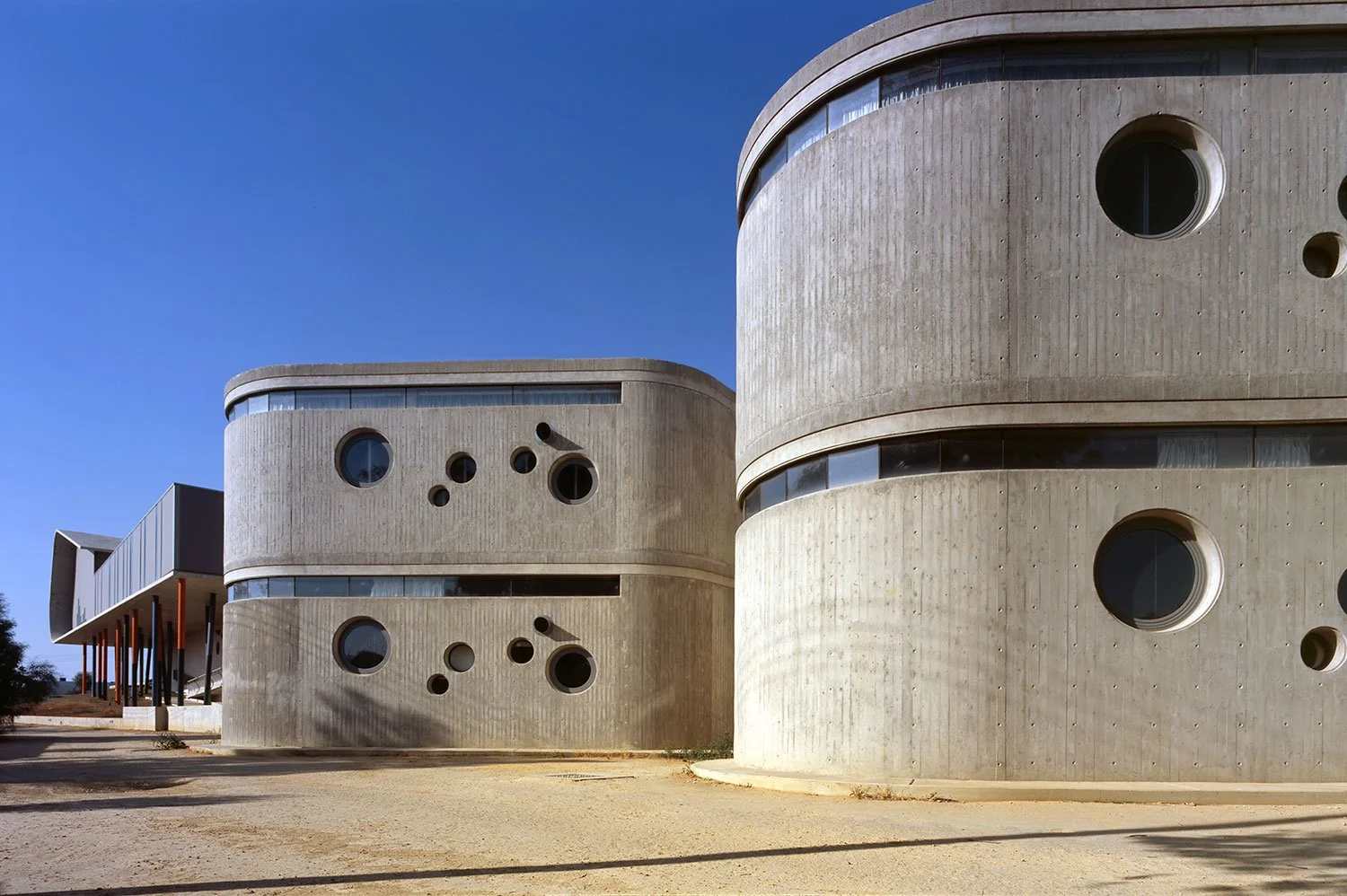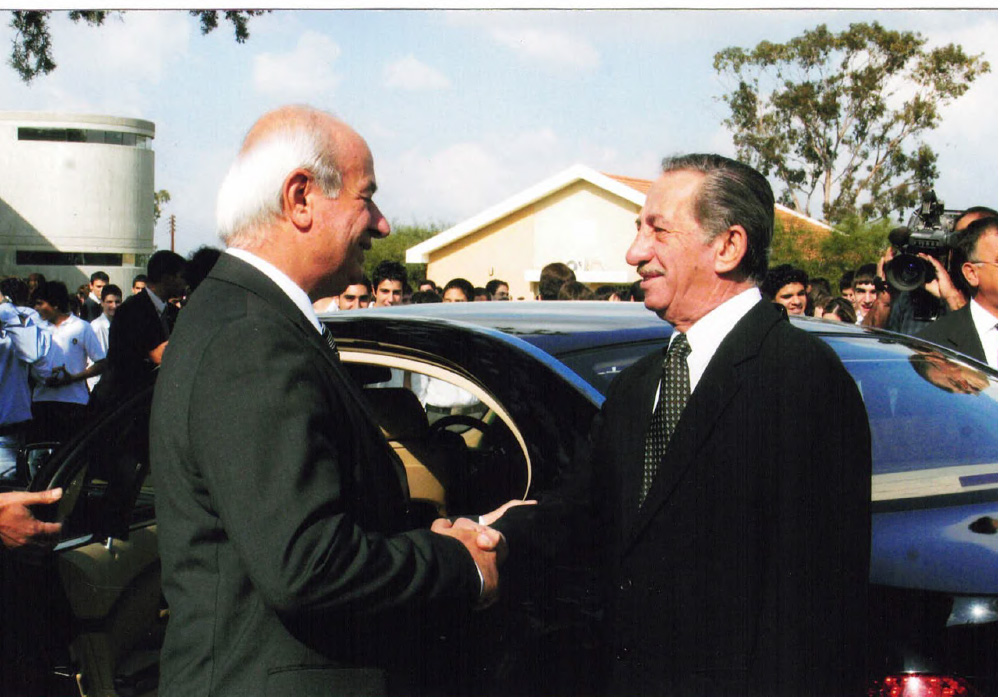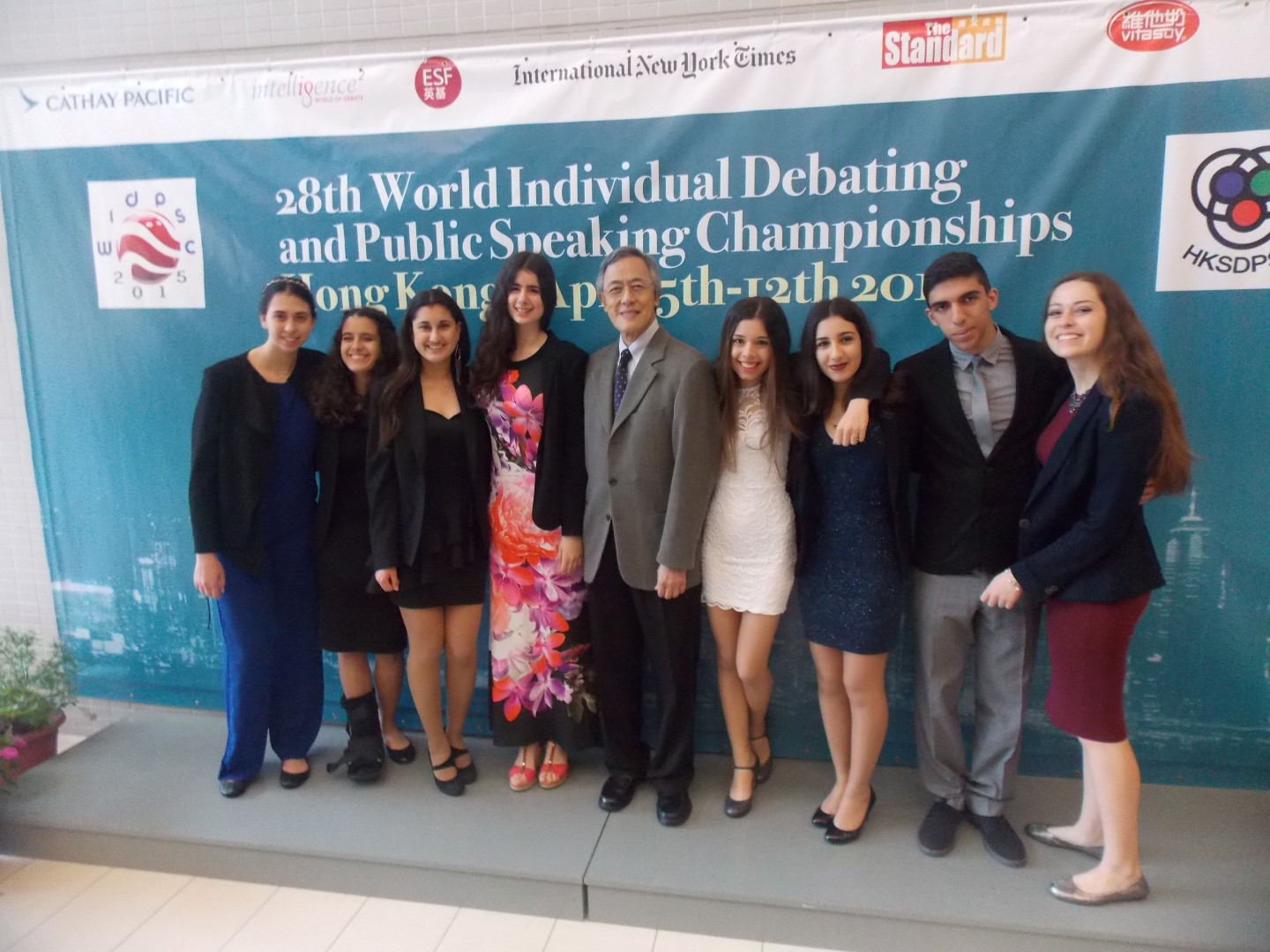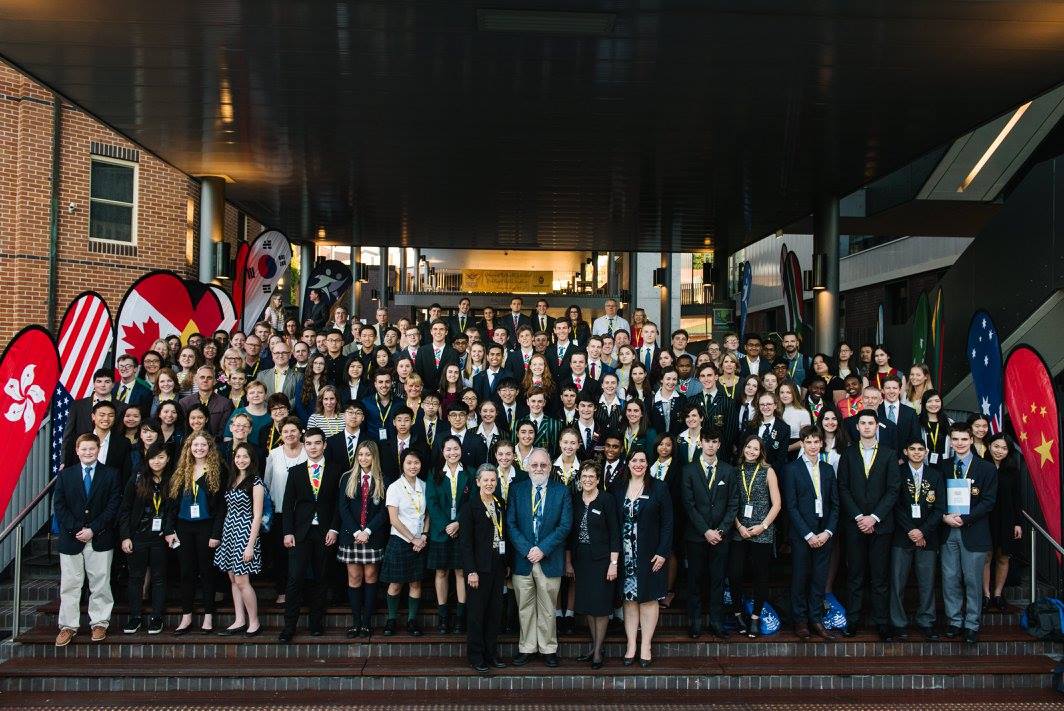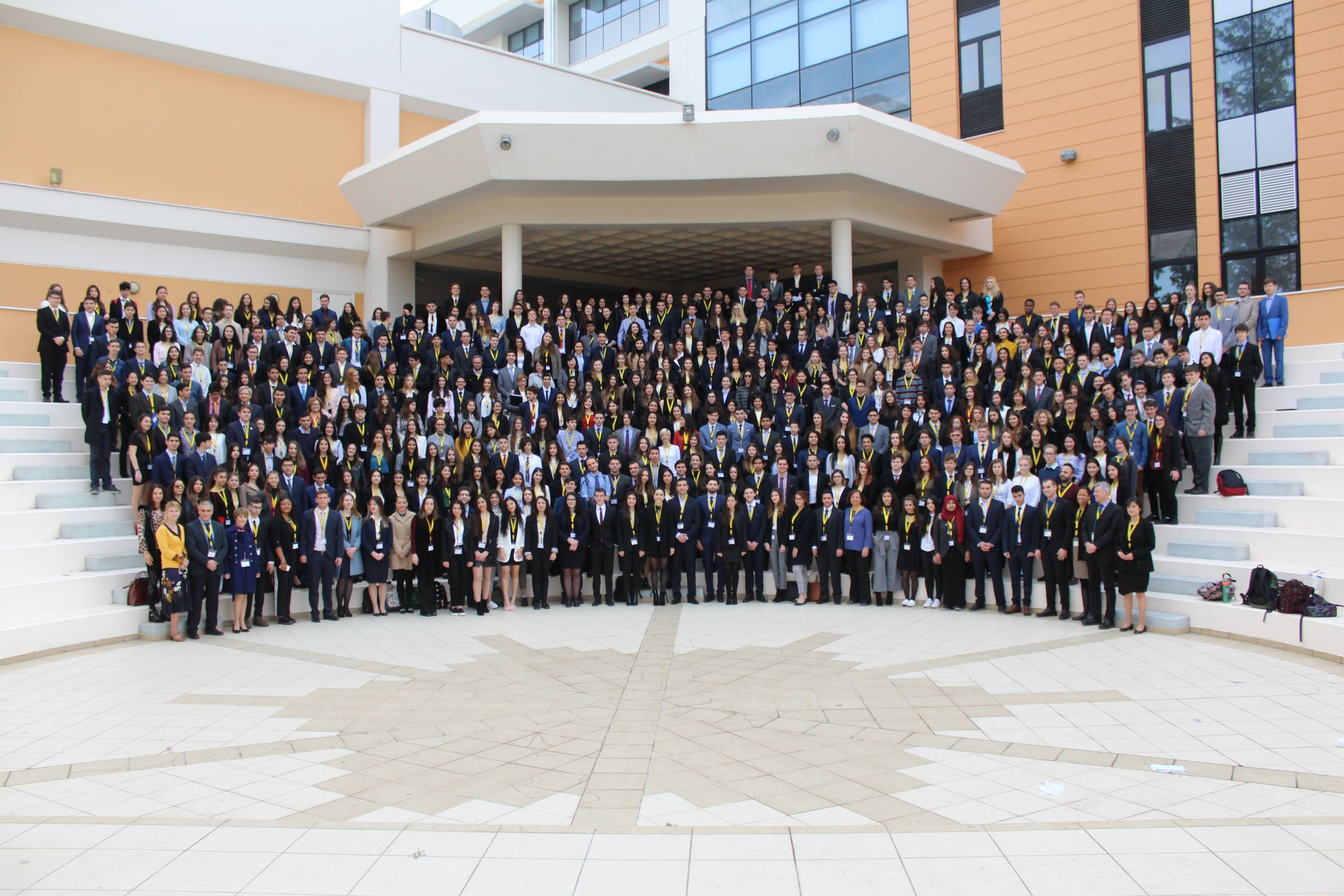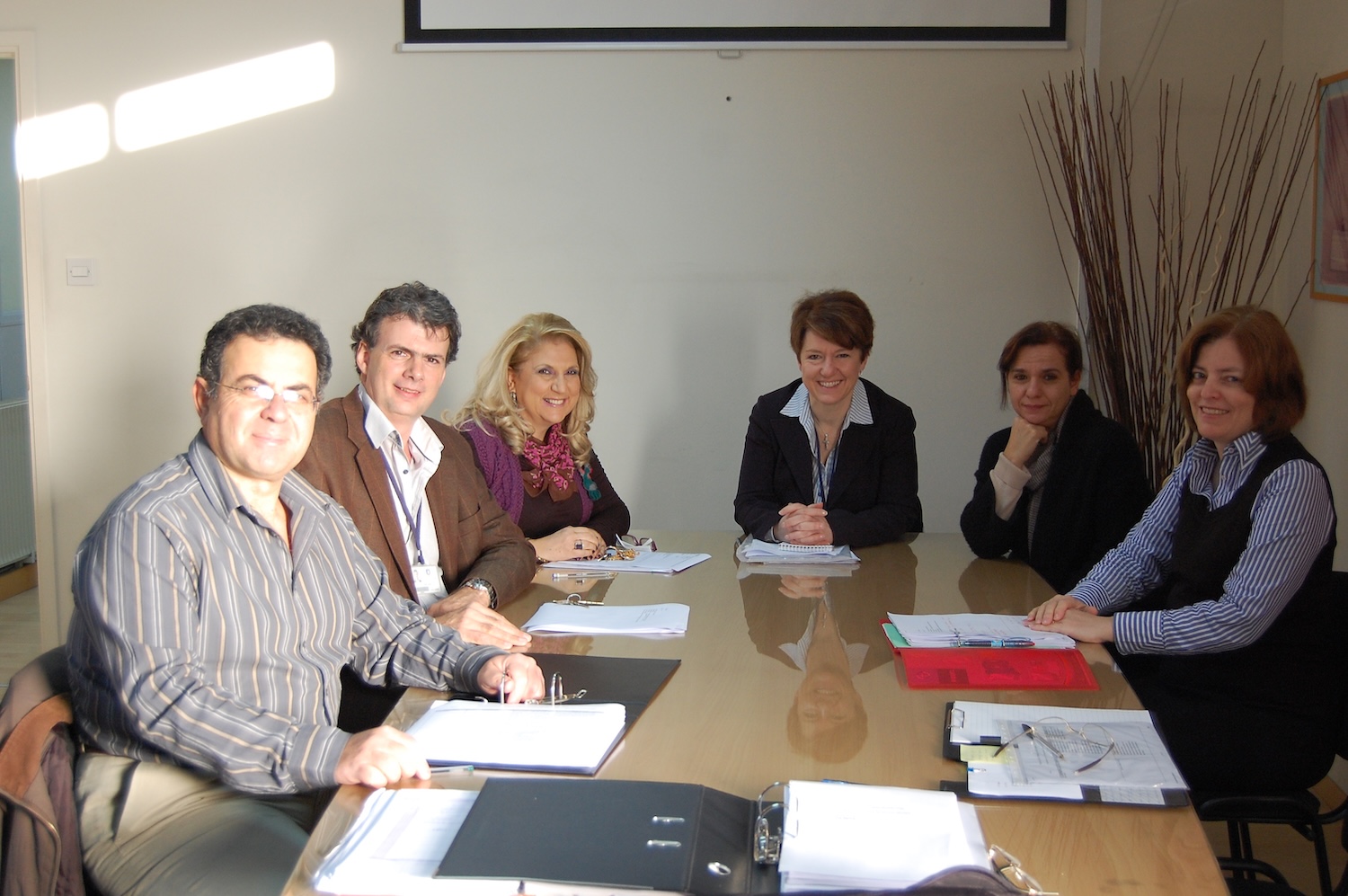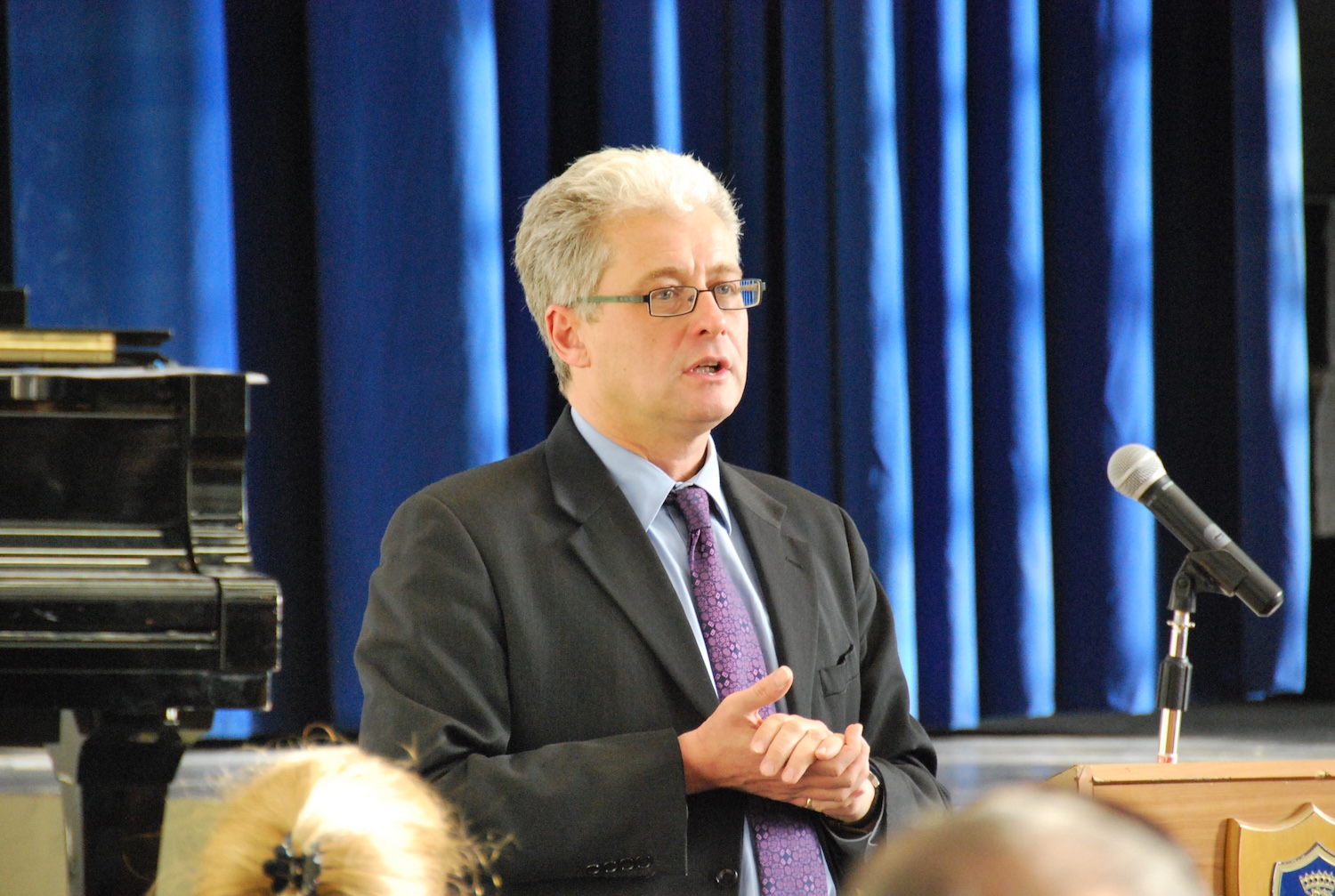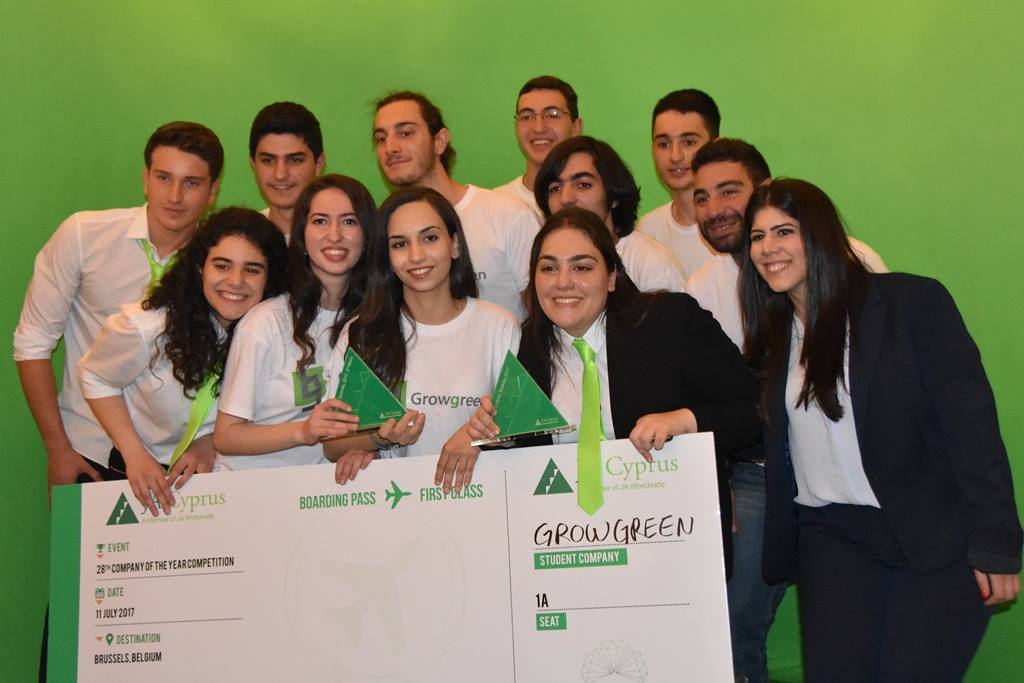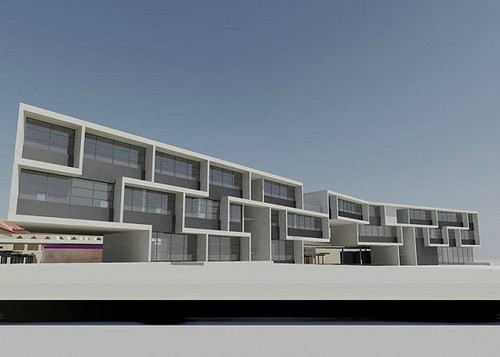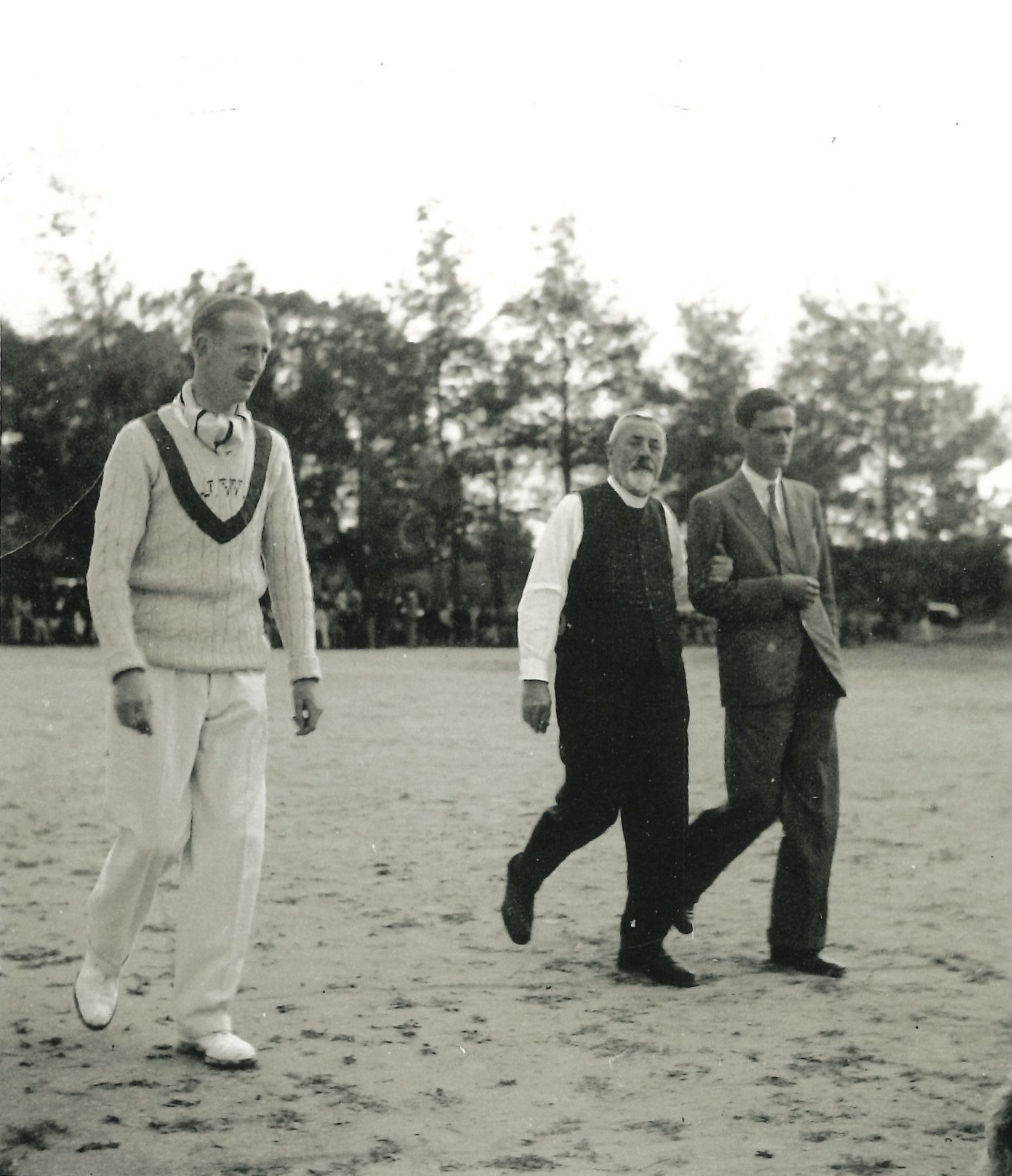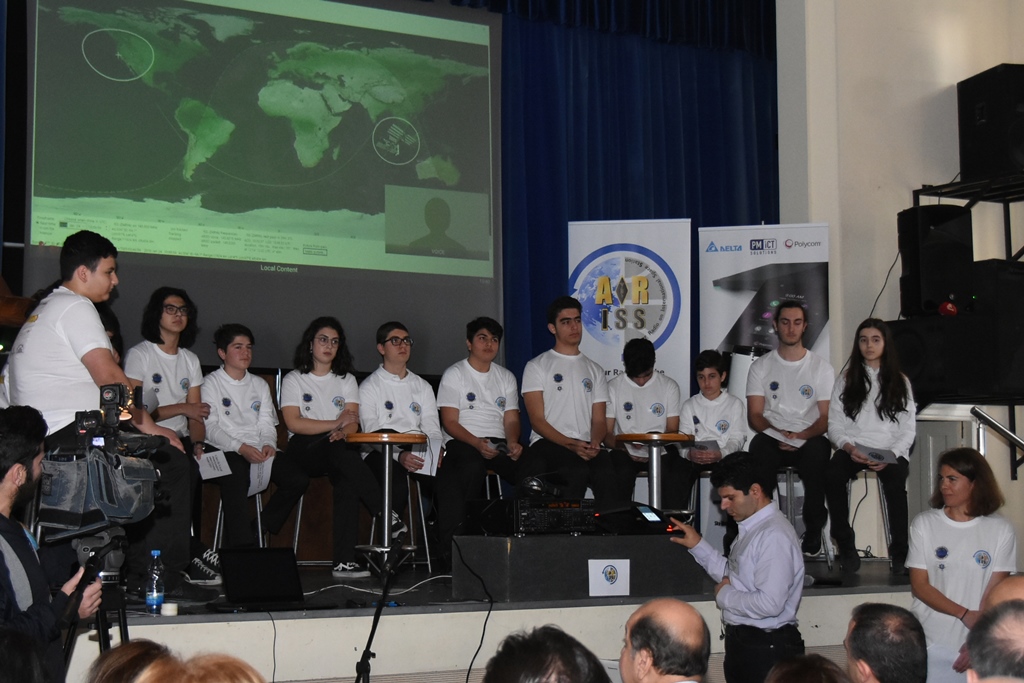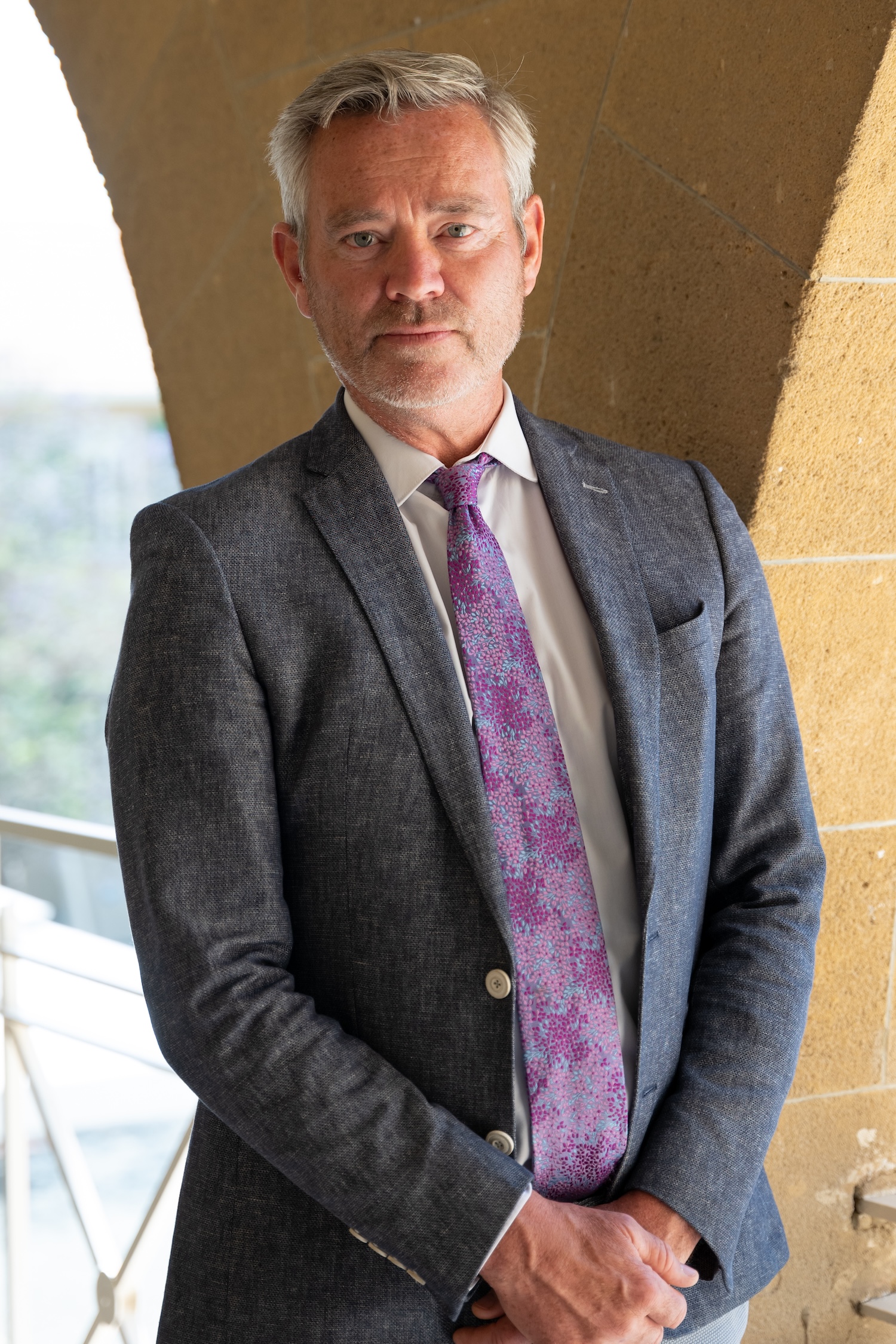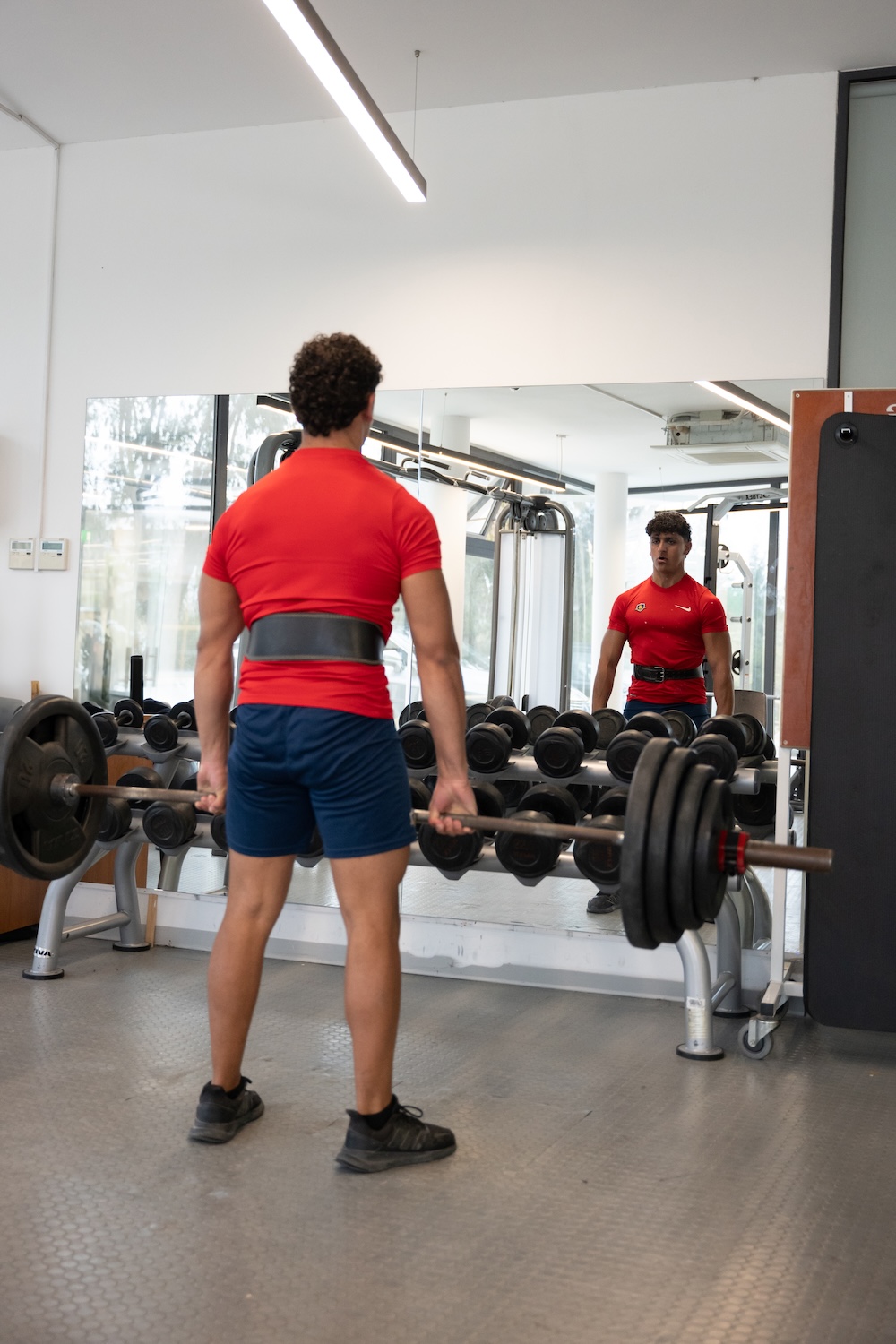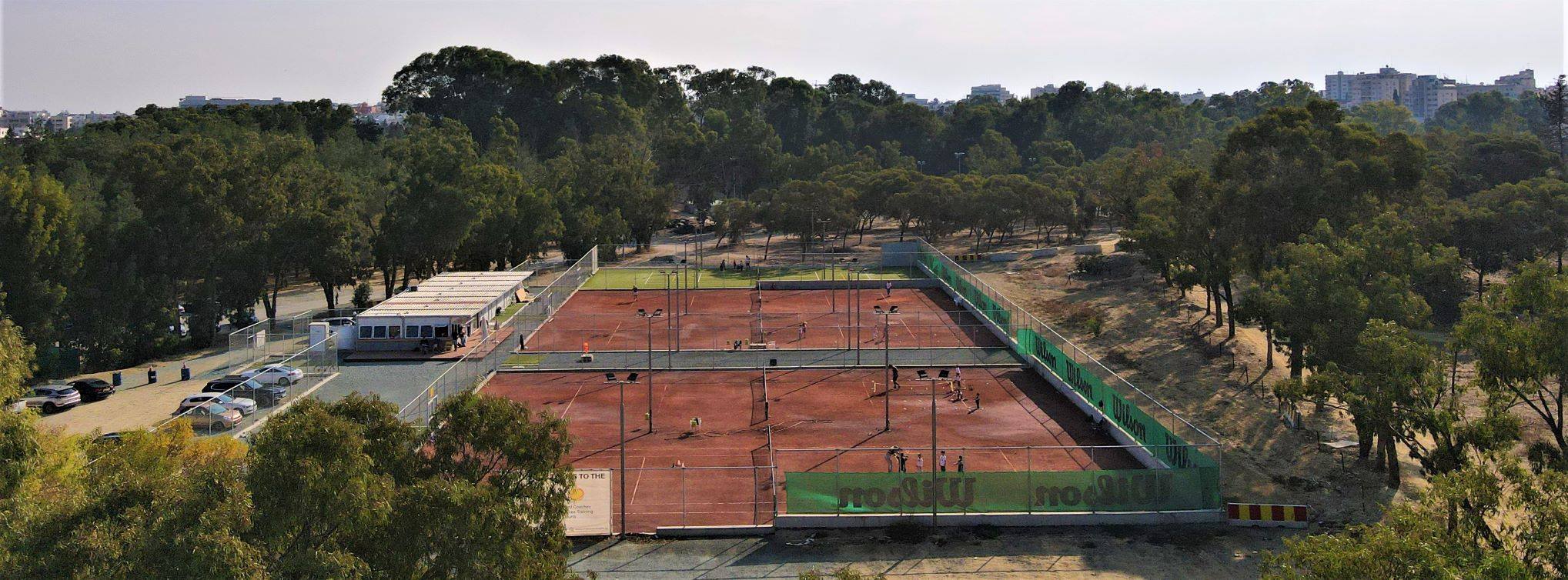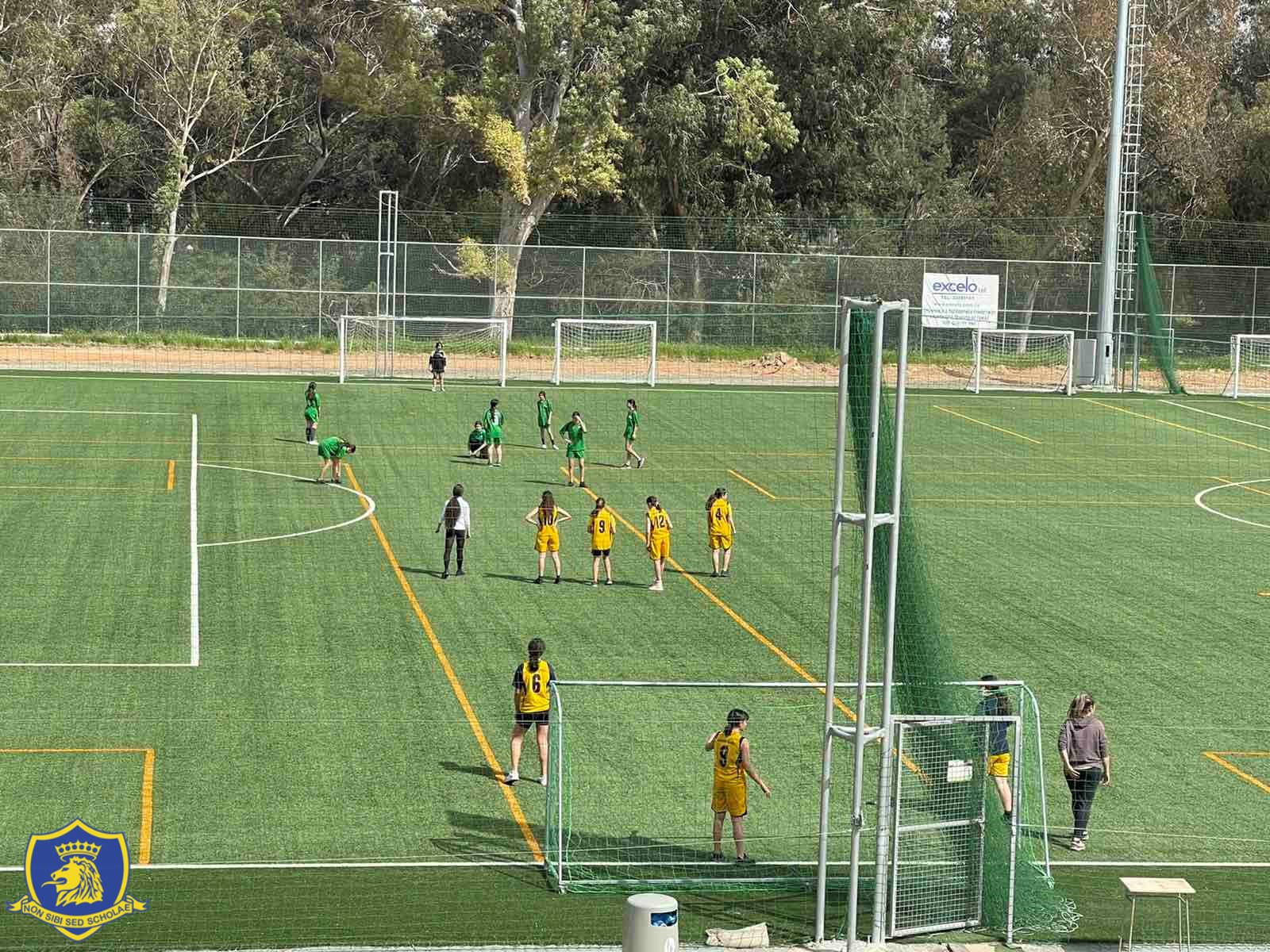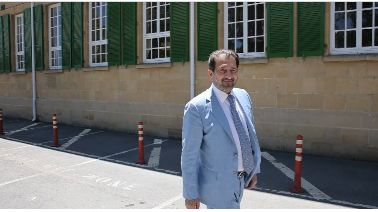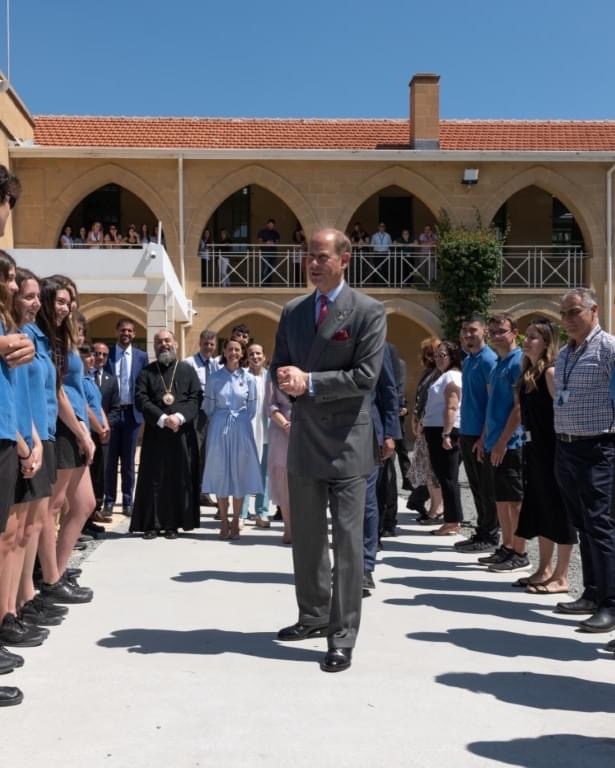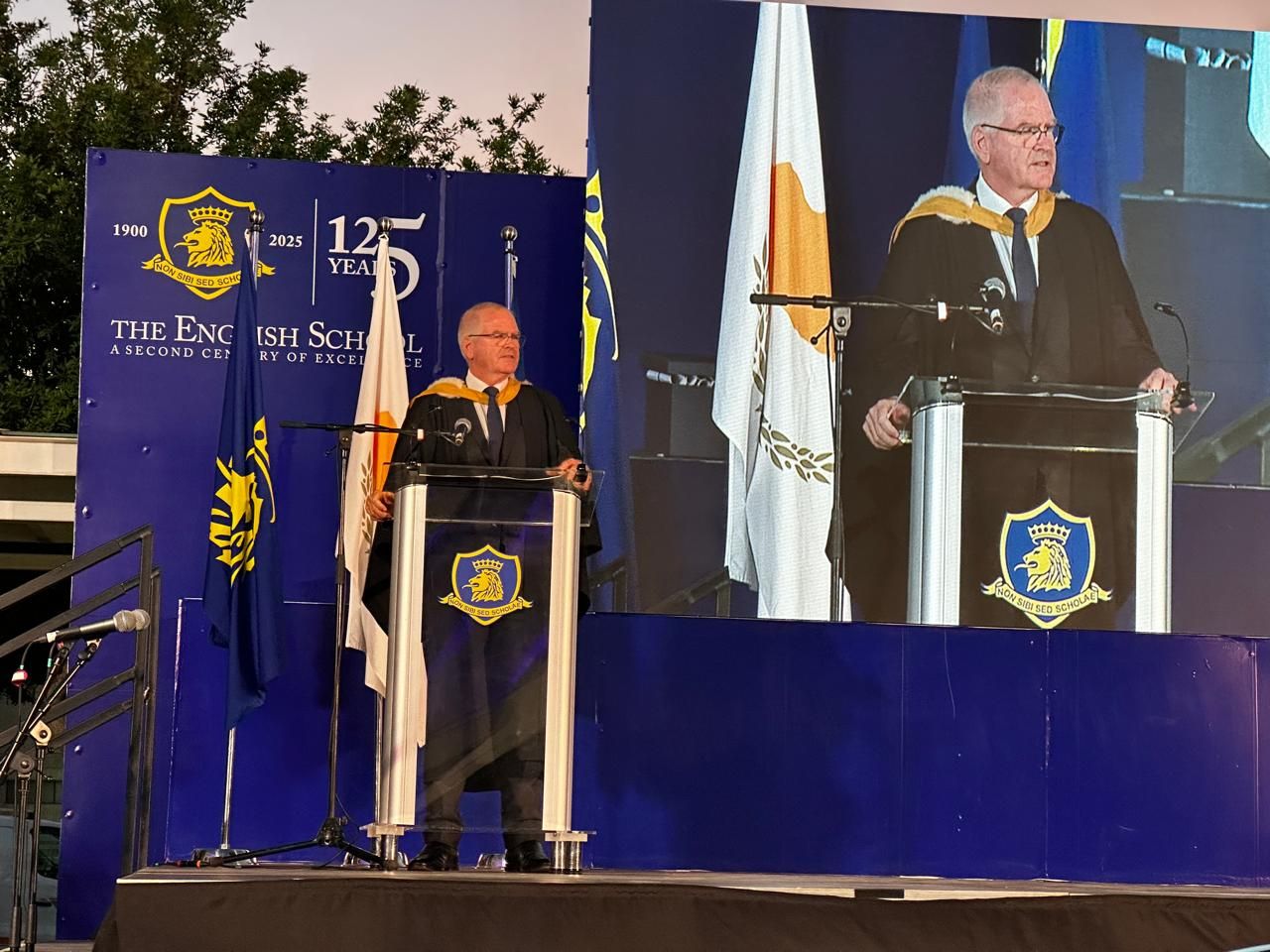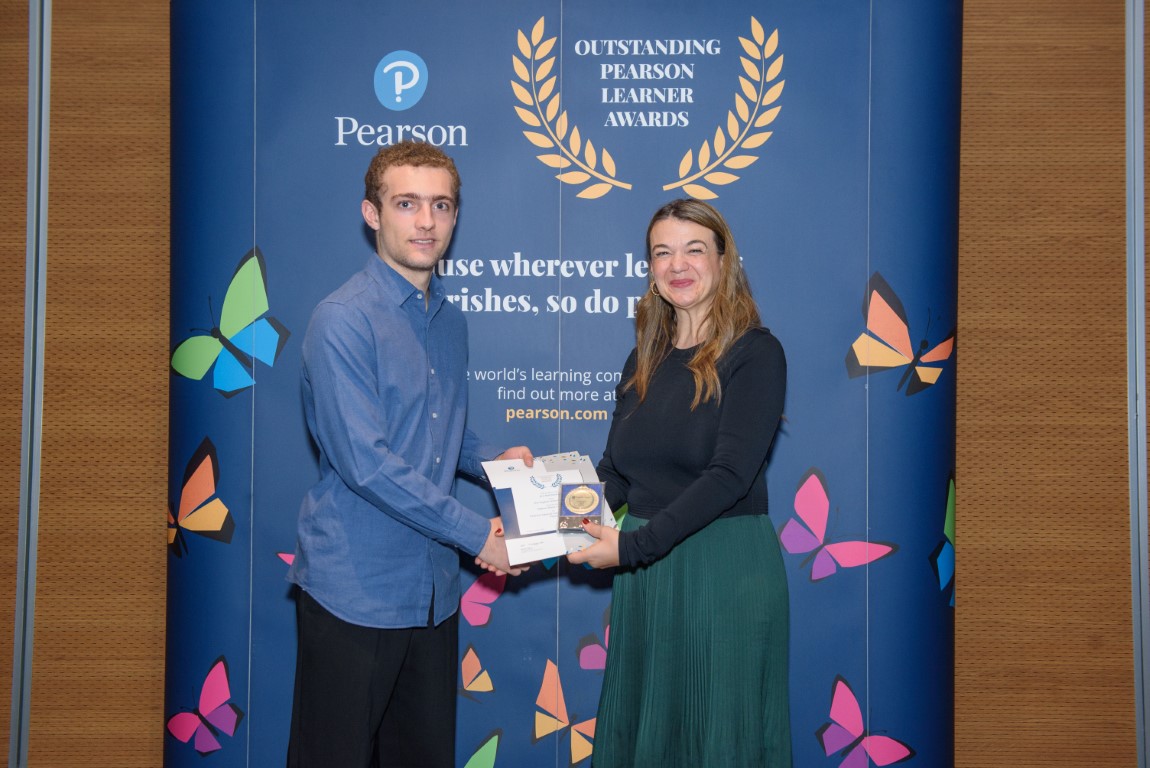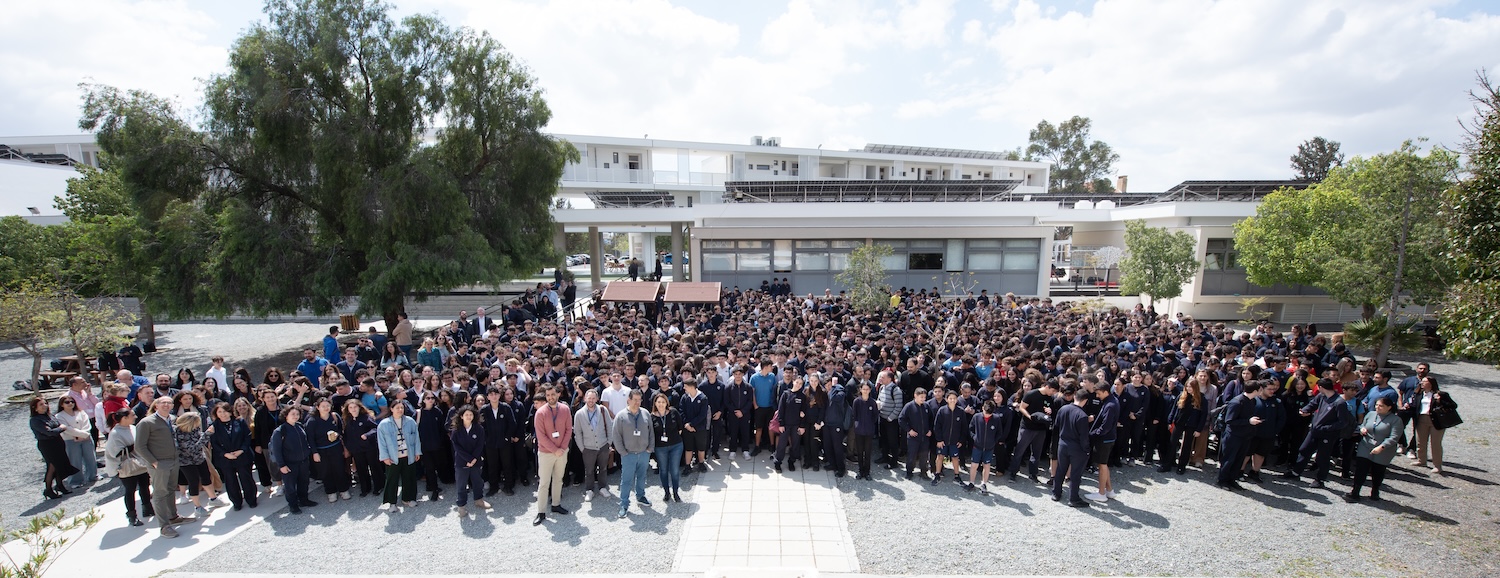A 125-Year Journey of Excellence
The English School, Nicosia, has stood as a cornerstone of education in Cyprus since its founding in 1900. With a legacy of academic rigour, inclusivity, and innovation, the School has evolved over the decades, responding to challenges and embracing opportunities to serve its diverse student body.
Throughout its 125-year history, The English School, Nicosia, has remained a beacon of educational excellence. It has adapted to changing times while steadfastly upholding its founding principles.
1900-1910 - Founding Vision
-
1900
Founded by Canon Frank Darvall Newham, The English School began with 12 boys in a rented house on Victoria Street. The boys were Jules Vitalis, Tenarde Vitalis, Stephen Oswald, Williams Maltas, Thales Cababe, Maurice Constantinides, William Giles, Arthur Mavrocordato, Joseph Carletti, Edwin Prince and Alfred Griffin.
-
1909
- Newham purchased 33 donums (11 acres) of land adjacent to the Pedieos River, near Paphos Gate, for GBP1100.
- The First School newspaper (magazine) in Cyprus, School Echo, was issued by Odysseas Evryviades (Wideson), a pupil of The English School who later became a correspondent for the Eleftheria daily newspaper.
- Mr Dimitris Lipertis was appointed a teacher at The English School. He is a revered Cypriot poet and writer whose literary works, particularly in the Cypriot dialect, have left a lasting impact on Cypriot literature.
1910-1920 - Establishing Identity
There was rapid growth in student enrollment, solidifying the School's role as a leading academic institution. Cultural and athletic traditions began to take root, further enriching student life.
-
1911-1912
- The English School’s new premises and grounds were constructed by the Pedieos River, designed by architect George Jeffery (Curator of Ancient Monuments). The Pedieos premises were used from 1912 to 1934, when the army took over and became Wolseley Barracks.
- School numbers exceed 100 students for the first time.
- The School Orchestra was established.
-
1912
Canon Newham established a football league in Cyprus; the first official football game was played at The English School fields by the Pedieos River. The first game of football in Cyprus was played by The English School pupils in the Moat (on the outside of the Nicosia medieval walls) in the vicinity of the Ledra Palace Hotel. Rev Newham suggested an FA Challenge Cup for Cyprus. The first annual Hockey games against the American Academy Larnaca were played.
-
1914
- The Annual Sports Shield between The English School and the American Academy of Larnaca was inaugurated and held at the School grounds. The shield was donated and presented by the High Commissioner of Cyprus, Sir Hamilton Good-Adams. The Academy won by 61 to 47 points.
- There were 113 pupils, and all the boarders lived on the premises. Senior classes were still at Victoria Road.
- The First World War broke out. Eighty boys of The English School fought, and two were killed. School continues its operations.
-
1915
During the Annual Prize ceremony attended by High Commissioner Sir John and Lady Clauson, Canon Newham referred to the substantial progress made with 142 boys on the role.
1920-1930 Strengthening Foundations
The School expanded its reach, attracting students from diverse communities locally and internationally. It became known for its academic rigour and commitment to inclusivity.
-
1922
During the great measles epidemic, only The English School and one other school on the island stayed open.
1930-1940 - A Permanent Home
-
1934
The School suffered its first major setback when the army requisitioned The English School building at the Paphos gate (now the Nicosia Supreme Courts) at only 14 days’ notice and converted it into the Wolseley barracks. The school was obliged to move into a house on Byron Avenue, and the boarders’ quarters were also moved. Due to the shortage of accommodation, there are now only 130 pupils on roll compared to over 200 in the previous couple of years.
1940-1950 - Wartime Challenges
-
1941-1943
Temporarily relocated to the Castellis Hotel in Kyrenia due to World War II, with the Nicosia campus serving as an army hospital. The Seaview Hotel, the east wing of the Dome Hotel, and four rented houses serve as accommodations for staff and students. Shops are also rented for use as classrooms. As a result of the move, the number of boarders increase from 22 to 173.
1950-1960 - Co-Education and Independence
-
1956
Mr Paul Griffin appointed Headmaster
-
1958
The School numbers drop from 550 to 300 due to the political situation, as the school is seen as ‘Un-Christian’. An epidemic of the Asian Flu sweeps the school, with half of its population being struck down in one day. The Alks building becomes one vast hospital.
Physical Education Innovations: Mr. Ronnie Brown introduced new physical education techniques, marking a turning point in the school’s approach to sports and fitness.
Sporting Excellence: Gursel Enver, representing Newham House, won the high jump competition, a testament to the school’s athletic achievements.
1960-1970: Pioneering Co-Education
-
1960
Following Cyprus’ independence, control of the School passed to the Cypriot Government. Mr Rex Hamer is appointed as Headmaster. The English School Staff Association (ESSA) was established. It serves as a platform for faculty and staff to collaborate on enhancing the School’s educational environment and addressing professional matters.
-
1965
The English School Parents Association (ESPA) was established. It is dedicated to fostering a strong partnership between parents, guardians, and The English School, supporting the School’s academic, social, and cultural objectives.
-
1968
The English School has a distinguished history with The Duke of Edinburgh’s International Award, being the oldest Independent Award Centre in the world. Headmaster David H. Humphreys initiated the Award, marking the beginning of a long-standing tradition that has equipped hundreds of students for life over the past 50 years. Mr. David Humphreys was appointed as Headmaster. He was the longest-serving Headmaster. The English School Old Boys Association (ESOBA) changes its name to The English School Old Boys and Girls Association (ESOBGA), welcoming female members to its association. The English Institute opens its doors, operating under the guidance of The English School. Its primary objective has been to enrich students’ educational backgrounds with language skills that serve as valuable assets.
1970-1980 Turbulent Times
Continued growth in student enrollment, exceeding 1,000 by the early 1970s.
-
1974
Mr Humphreys, the Headmaster, makes every effort to keep the school open and avoid staff redundancies. The school opens on the 30th of September with a population of 610, which is far less than in previous years, reaching 916. In the prevailing situation, the Headmaster makes every attempt to cut costs so that the School’s continuation is ensured. Staff contributed by making a 20% salary cut.
-
1975
Despite challenges, the School maintained its mission to serve all communities and provide quality education. Headmaster D.H. Humphreys mentions the School’s high academic standards. Over five summers, the school made 6669 subject entries at O-and A-Level, of which 5239 (78.5%) were passed, and of these passes, 1110 (21%) were at Grade A.
-
1979
Mr Luther Salakian M.B.E., a dedicated teacher and mentor at The English School for 50 years, exemplified the virtues of humility, devotion, and humanity. He passed away, leaving an enduring legacy commemorated through the annual Salakian Hockey Trophy and his lifelong service to education and community.
1980-1990 - Expansion and Modernization
The Lloyds Boarding House was repurposed as classrooms for younger students. The focus during this period was on modernizing facilities while maintaining high academic standards
-
1985
Celebrated 85 years of educational excellence, reaffirming its commitment to academic rigour.
1990-2000 - A New Era
-
1995
Hosted the World Individual Debating and Public Speaking Championships, showcasing its commitment to global discourse. The school introduced “Talent Night,” an annual event designed to provide students with a platform to express their talents in music, drama, poetry, dance, and other forms of self-expression. This initiative broadened the scope of the School’s musical and artistic activities beyond traditional concerts.
-
1996
Mr Thomas Thomas was appointed as Headmaster.
-
1998
Mr Emilios Solomou was appointed as Acting Head.
2000-2010 - Commitment to Diversity
2010-2020 - Building for the Future
Continued success in academic and extracurricular activities, with recognition in national and international competitions.
-
2018
Dr Chris Mavrommattis was appointed as Acting Head. The multi-use Sports Centre has been completely renovated, with new changing rooms. The May/June results show A*-B GCE A Level at 85.6% and I/GCE results at 87.8%.
-
2018
Mr David Lambon is appointed Headmaster. First Live Discussion Between Cypriot Students and a NASA Astronaut in Space – Through the ARISS (Amateur Radio on the International Space Station) program, students engaged in a live conversation with NASA astronaut Mark Vande Hei aboard the ISS. This event marked a first in Cyprus’s educational history.
-
2019
Opening a state-of-the-art weights room/gym at the Sports Centre. I/GCSE The English School percentage of Grades 9/8/7 (formerly A*) was 74%. (Compared with the UK average, which was only 20.7%). GCE Grade A*/A was 70.9% compared to the UK average of 25.2%. Recognized as a British School Overseas by the UK Department for Education, affirming its adherence to British educational standards.
2020–Present: A Legacy of Excellence 2025
The School remains a leader in education, fostering inclusivity, academic achievement, and a commitment to serving all Cypriot communities.
-
2022
Refurbishment of the Athletics Track. In June 2022, The English School in Nicosia honoured its distinguished alumnus, Professor Kypros Nicolaides, by naming its Science Building after him. This tribute recognizes Professor Nicolaides’ pioneering contributions to fetal medicine and his enduring connection to the School.
-
2024
-
2025
In June 2025, following Mr. Stuart Walker’s retirement, Ms. Popi Grouta was appointed Acting Head, guiding the School through its 125th anniversary celebrations. Special events marked this milestone, including a whole-school panoramic photograph, the opening and re-closing of the Time Capsule originally built in 2000, and a commemorative Founder’s Day, BBQ, and Talent Night

